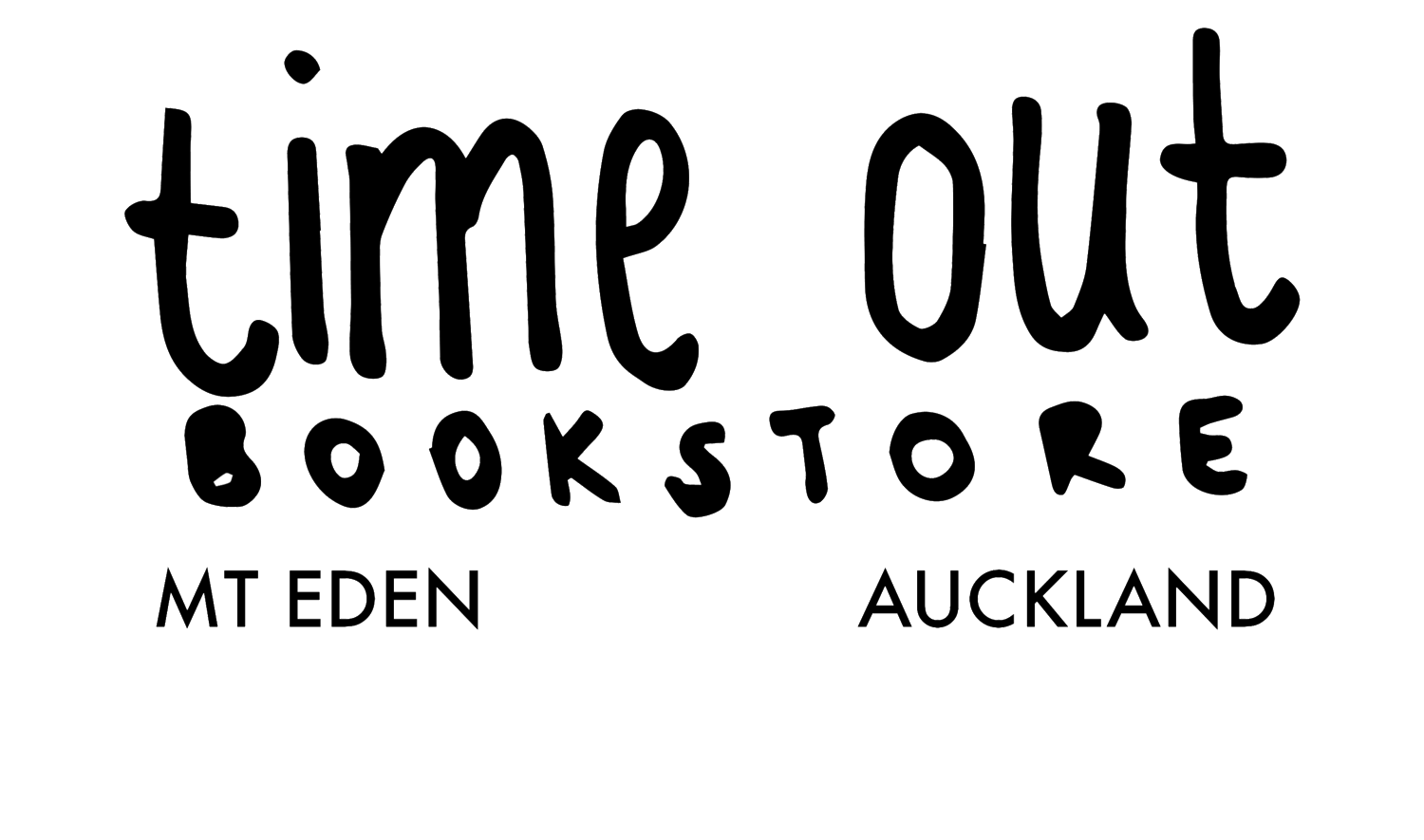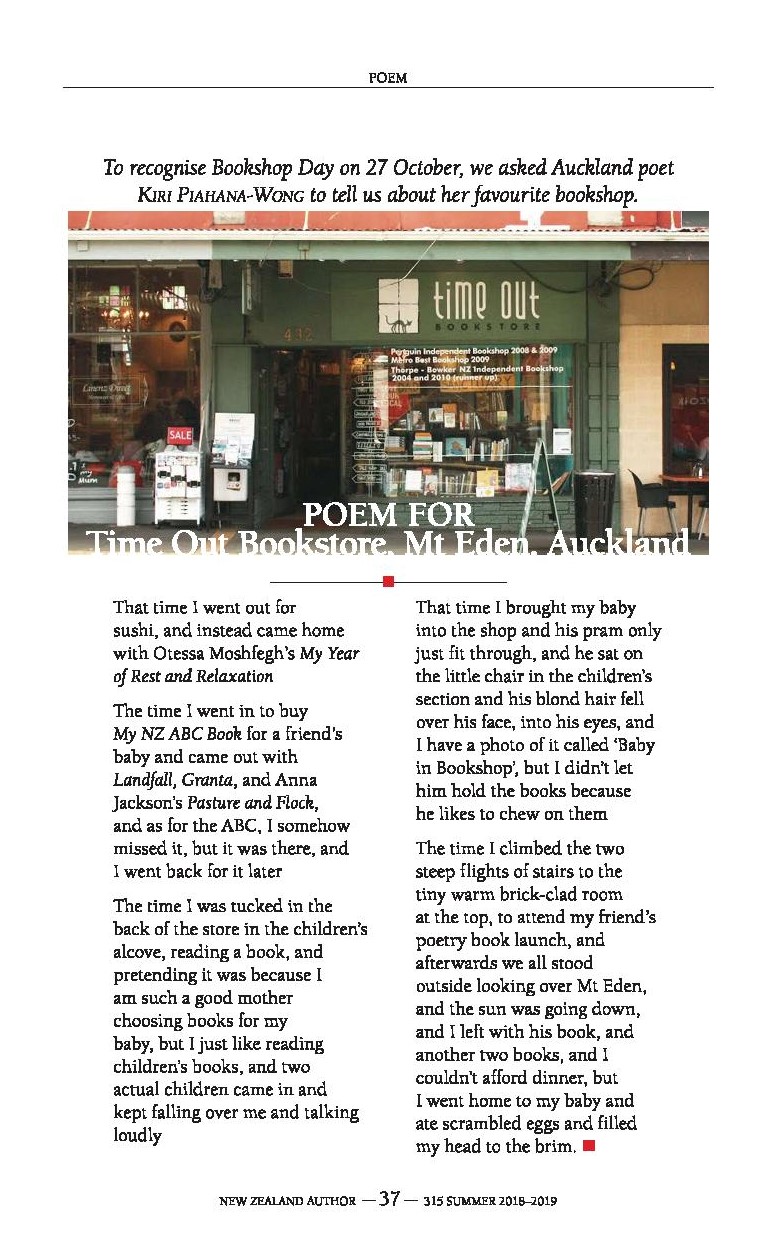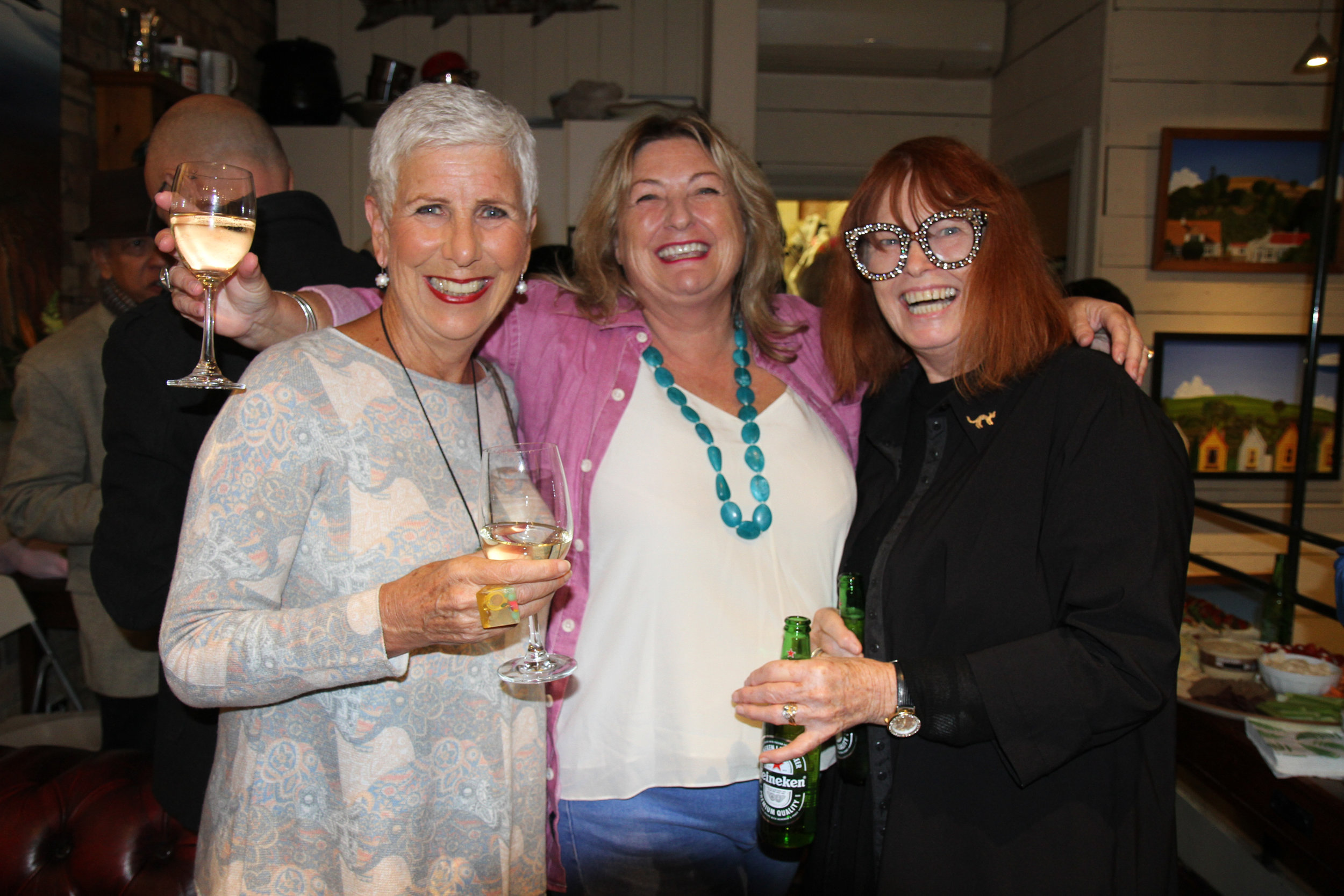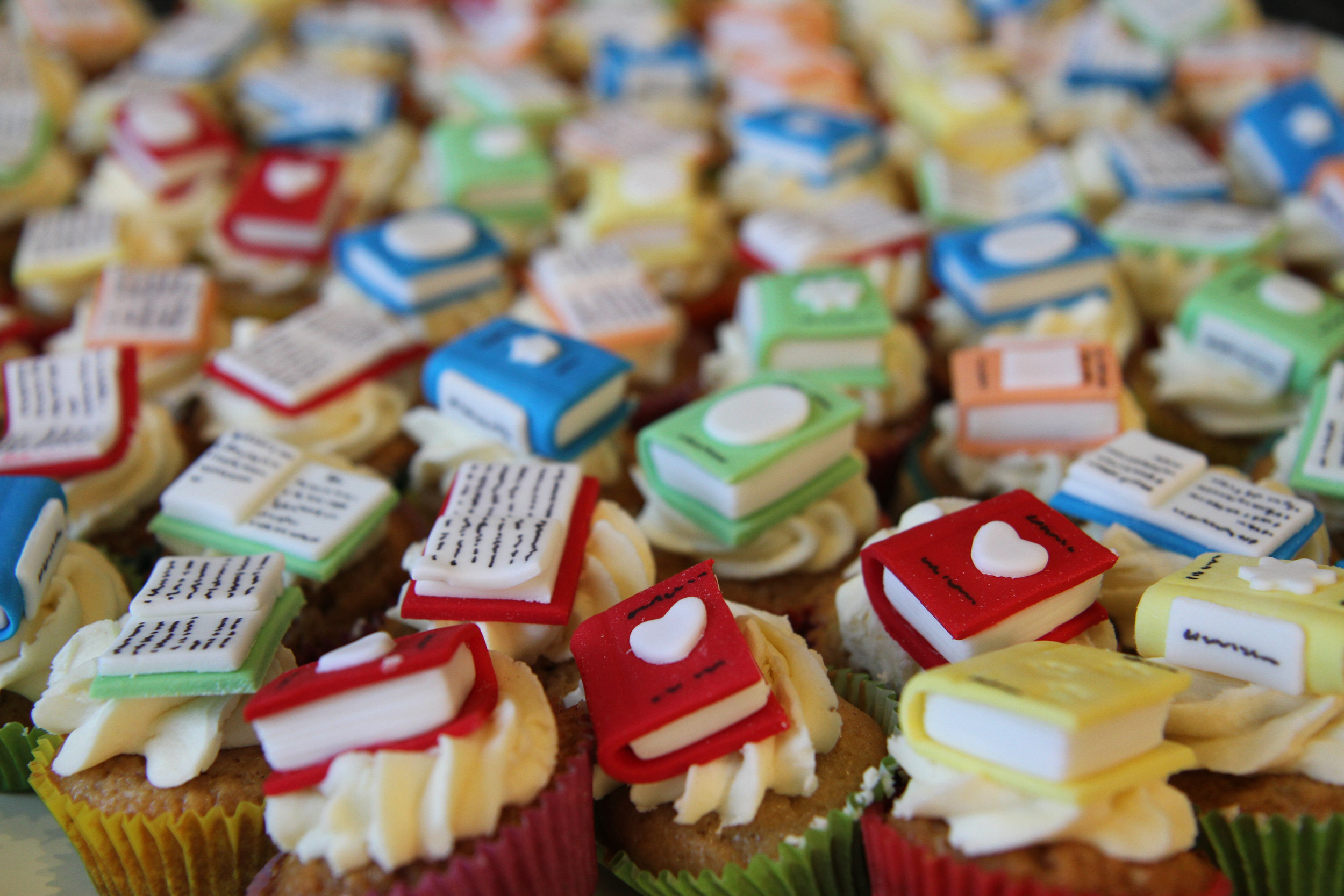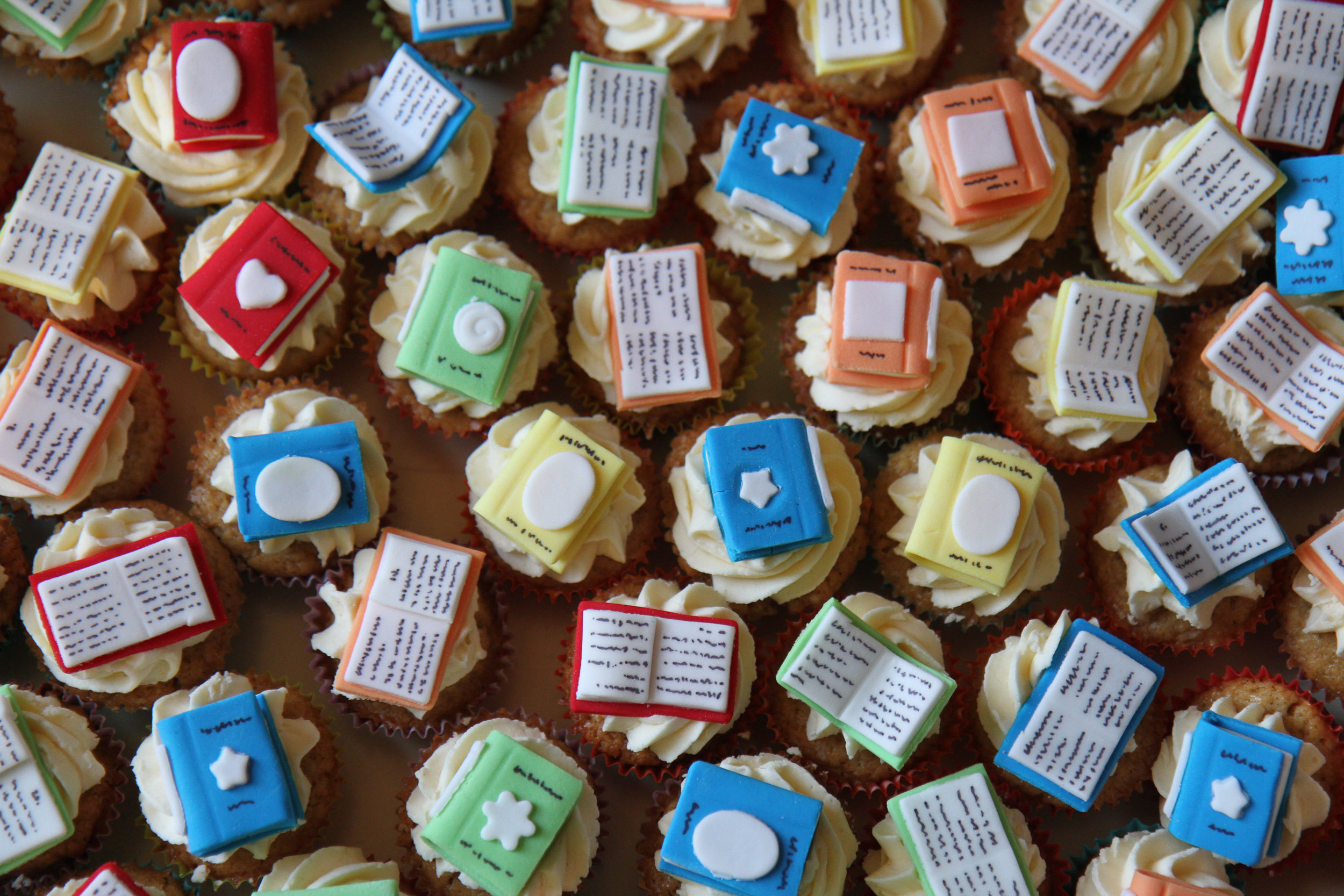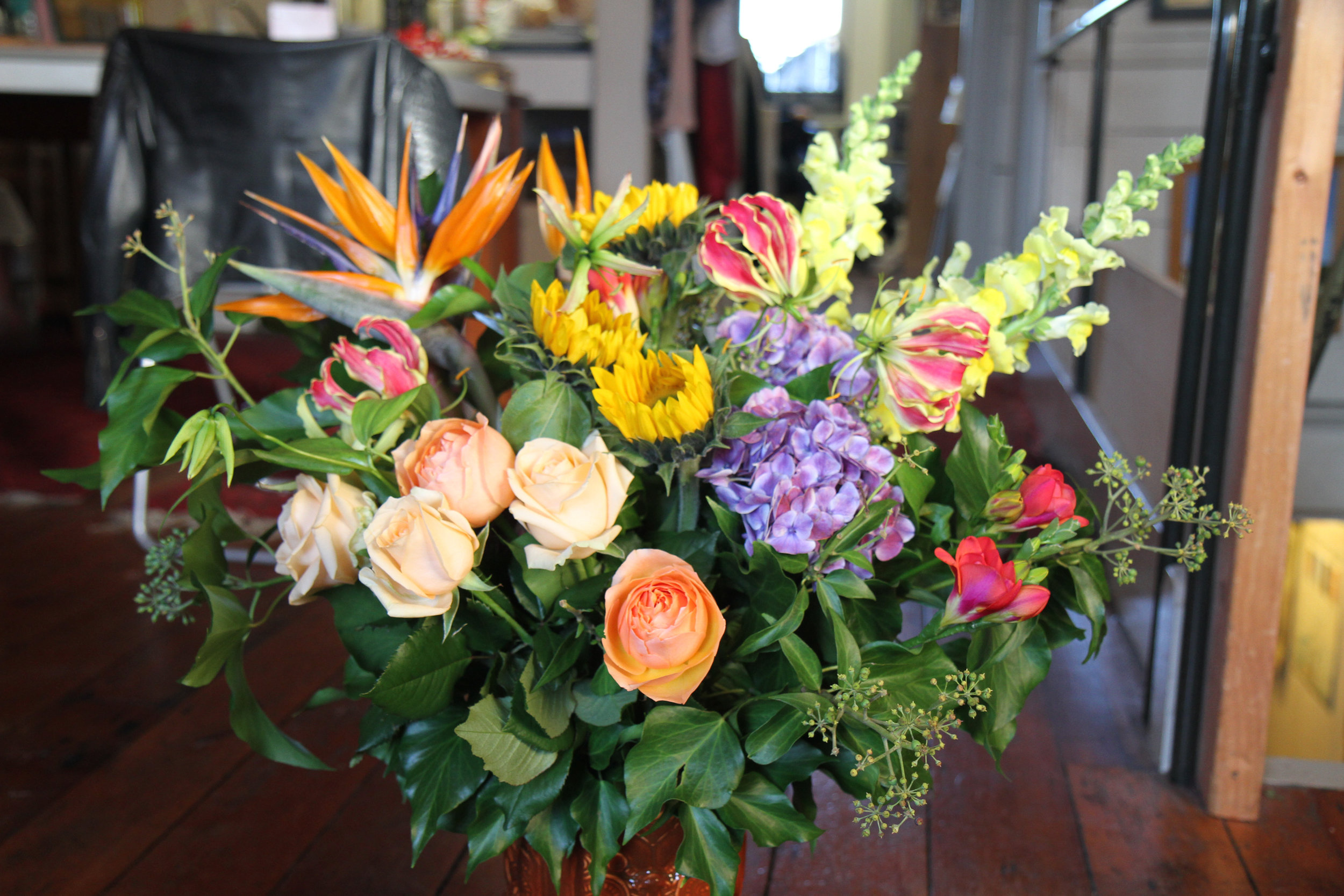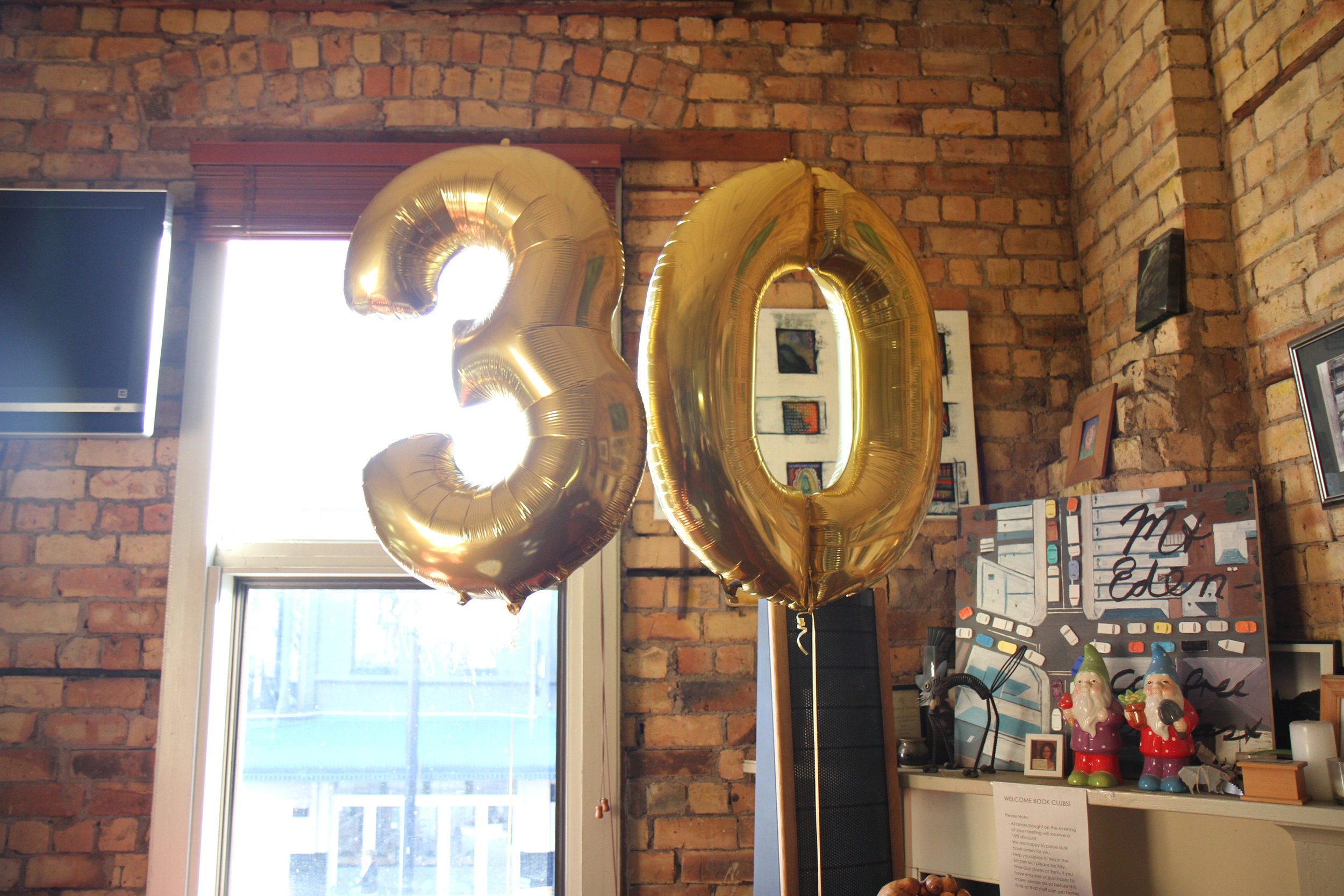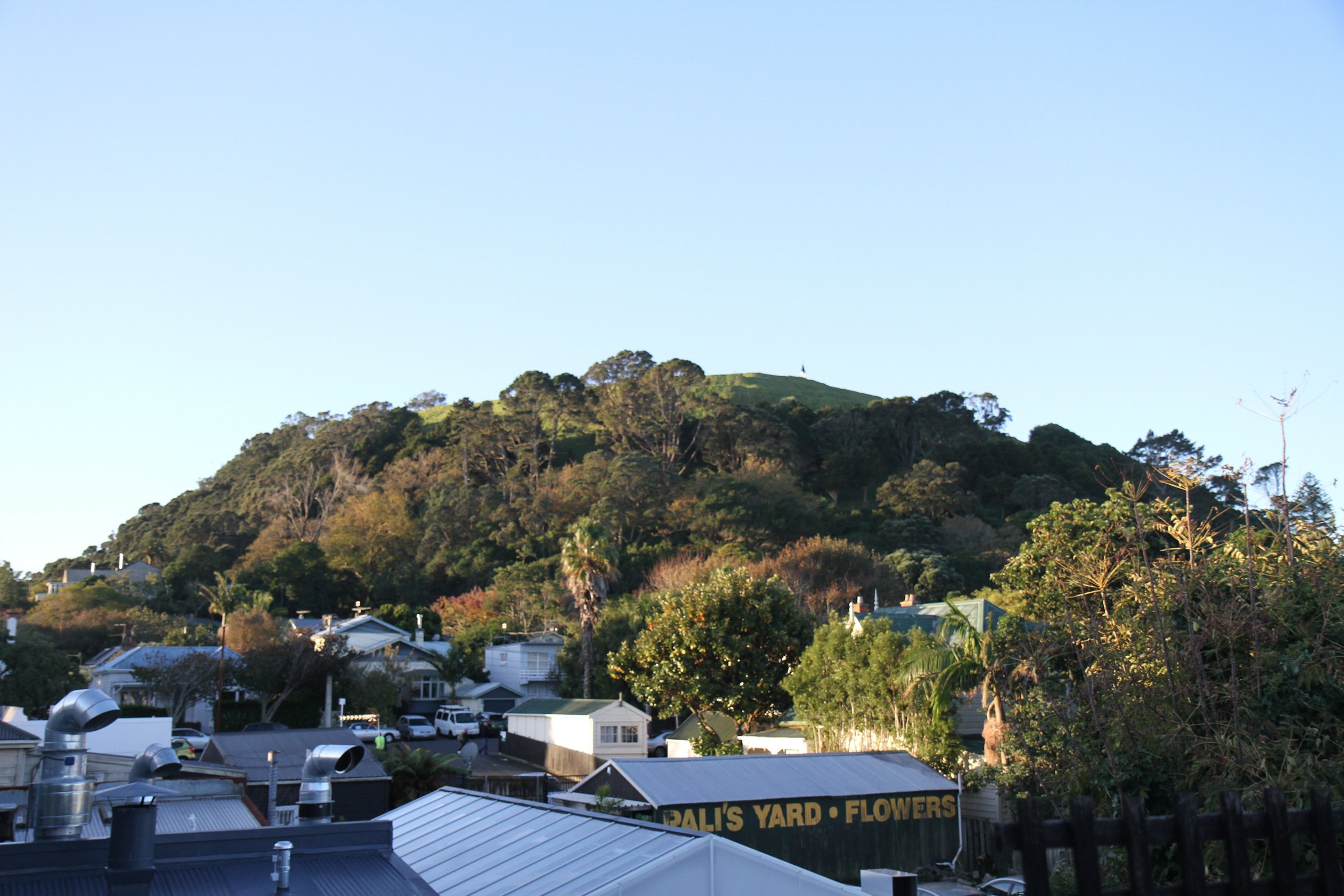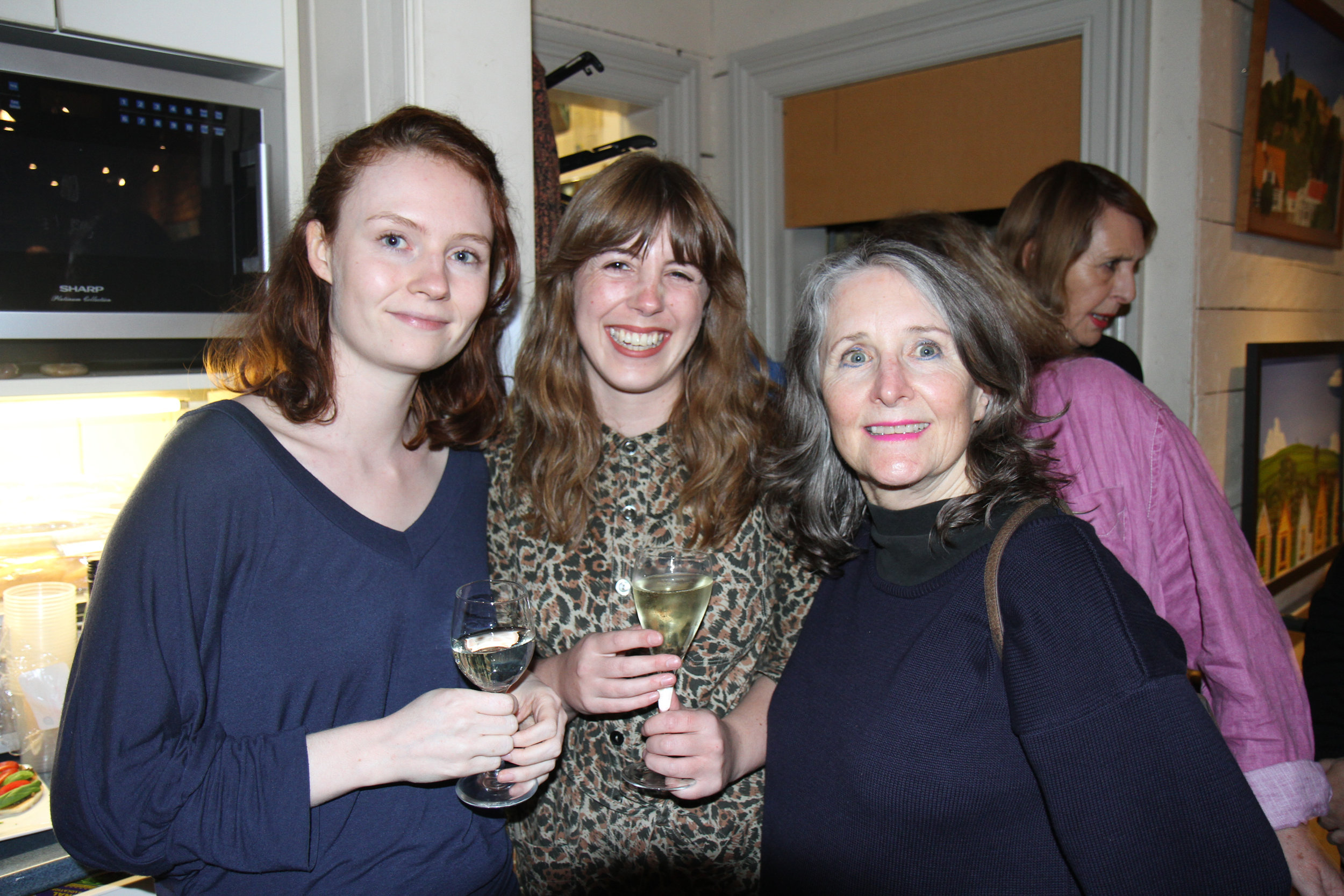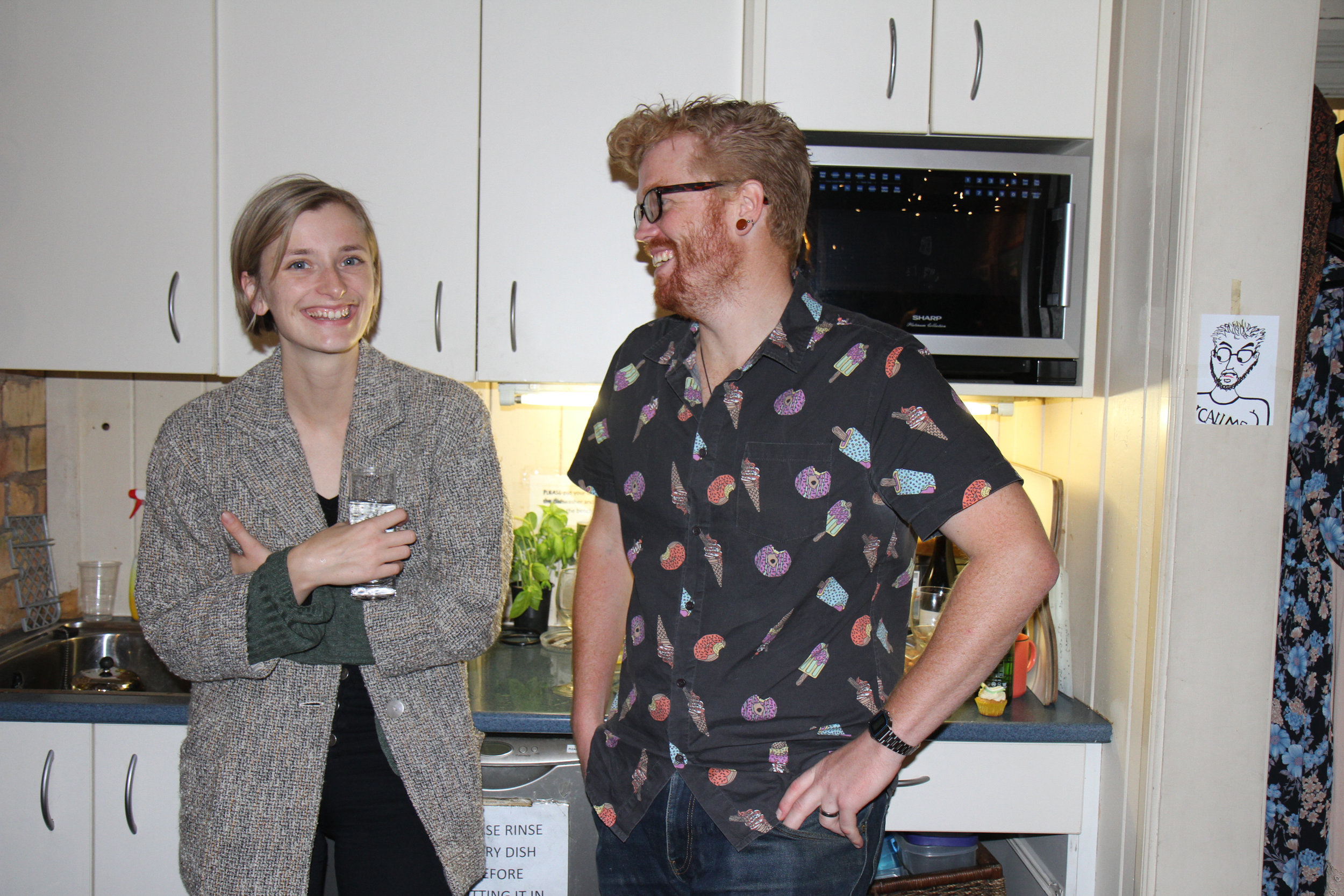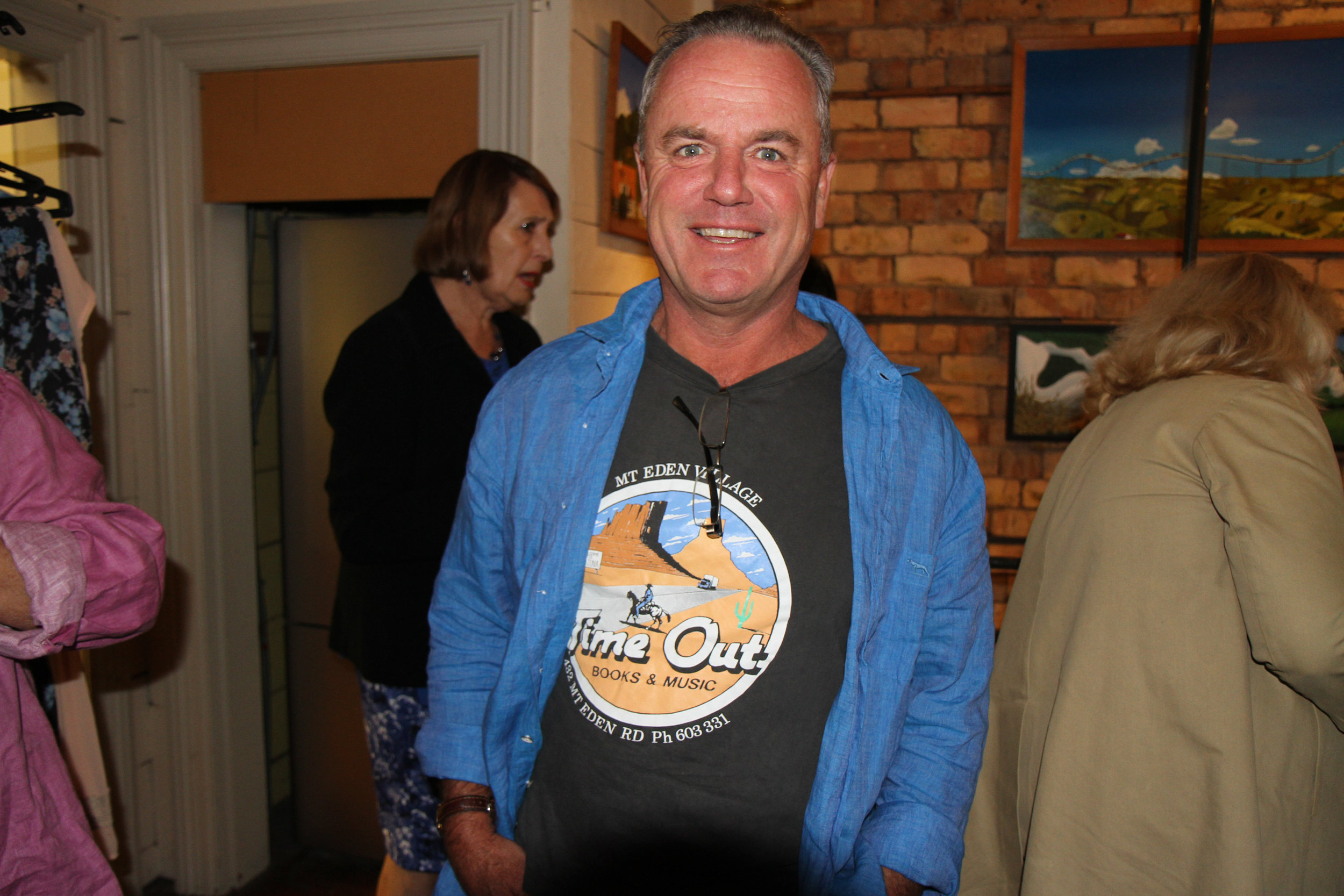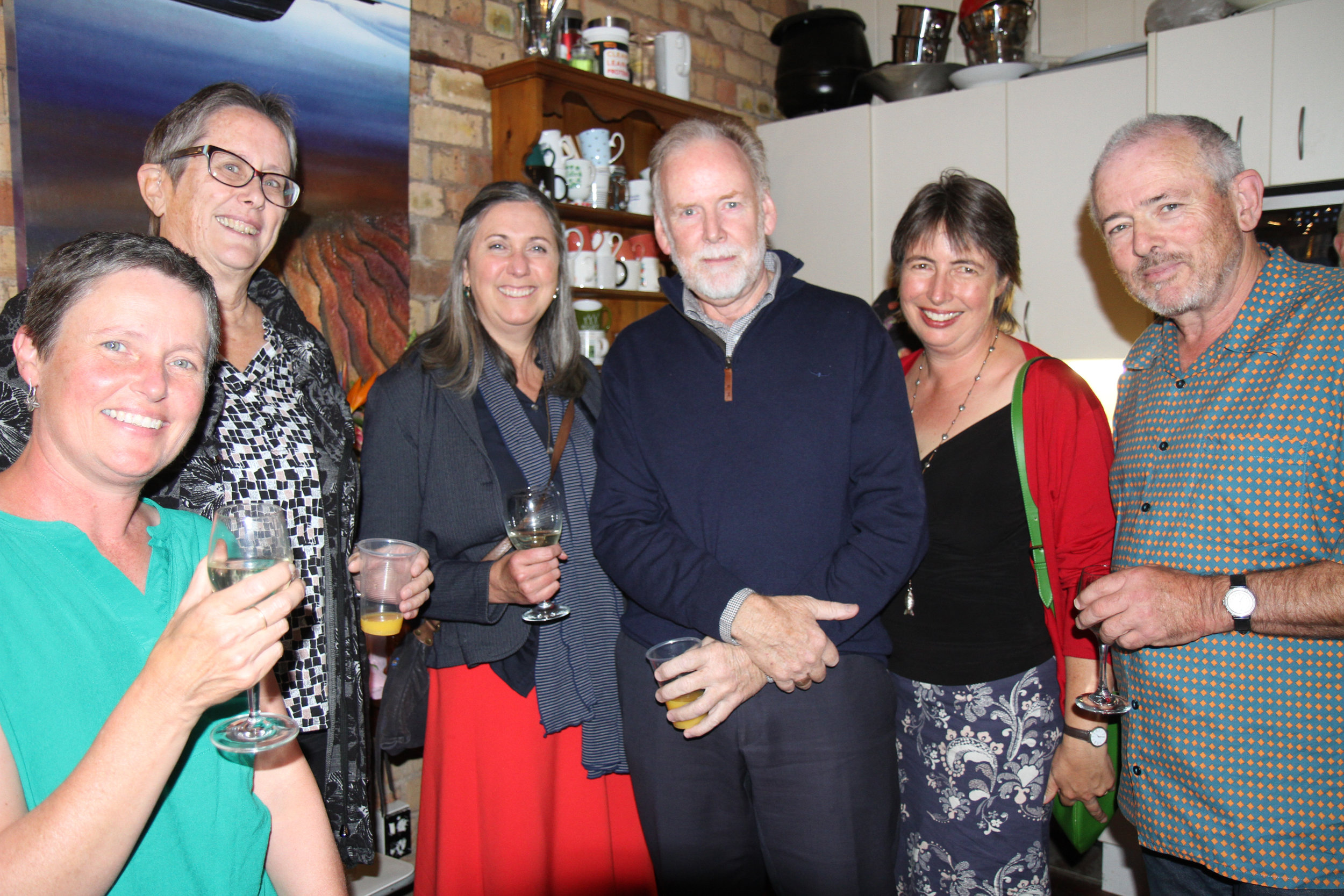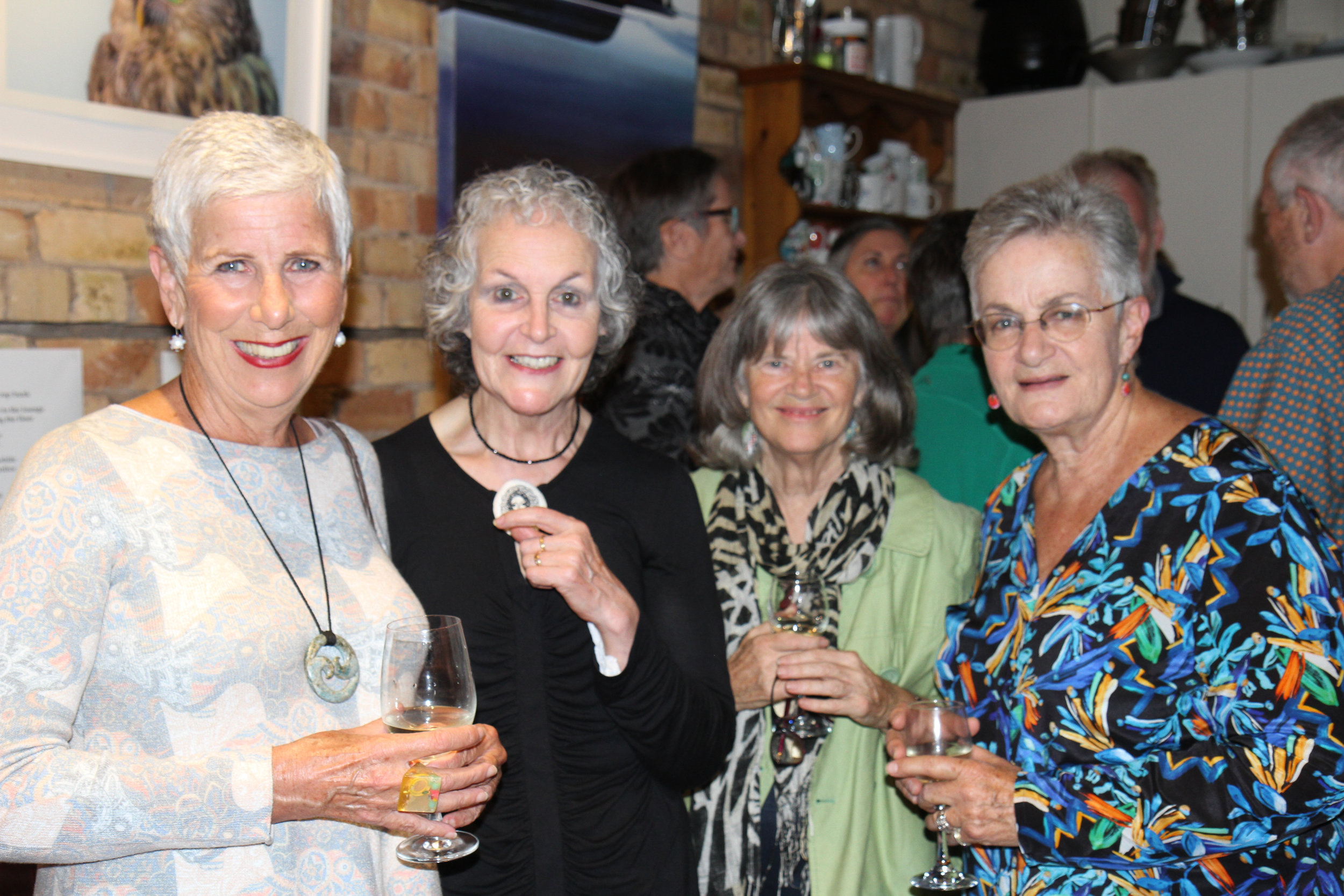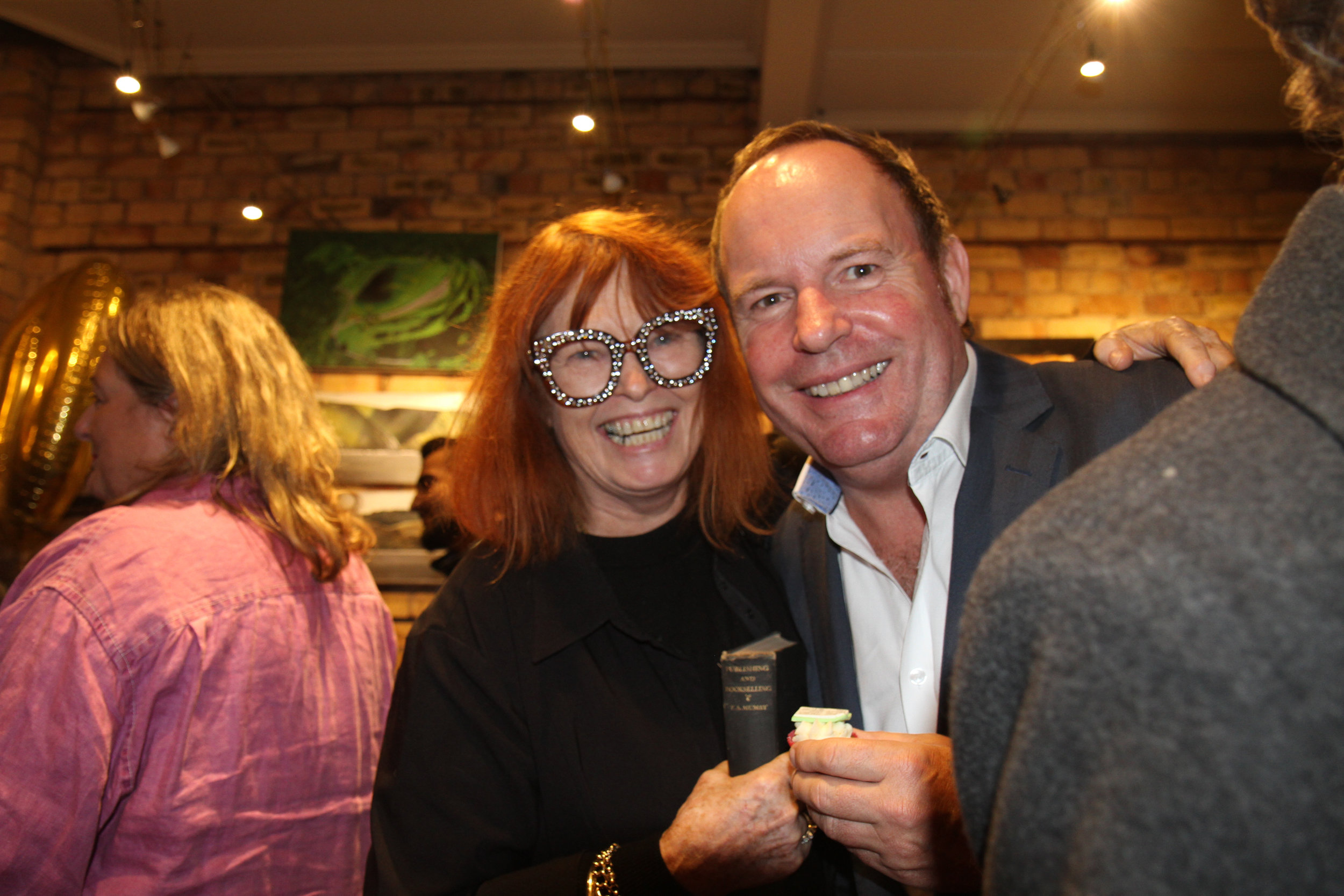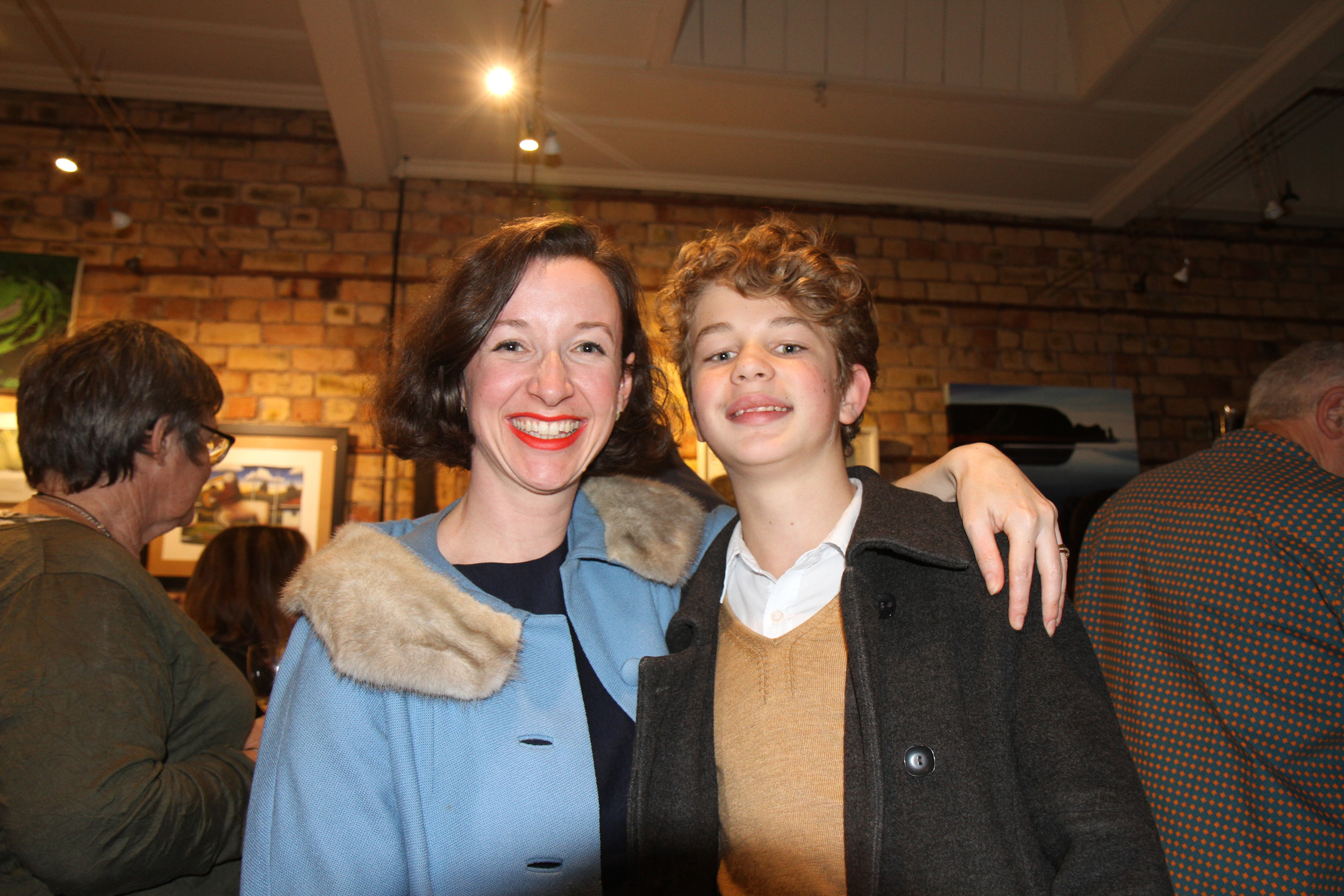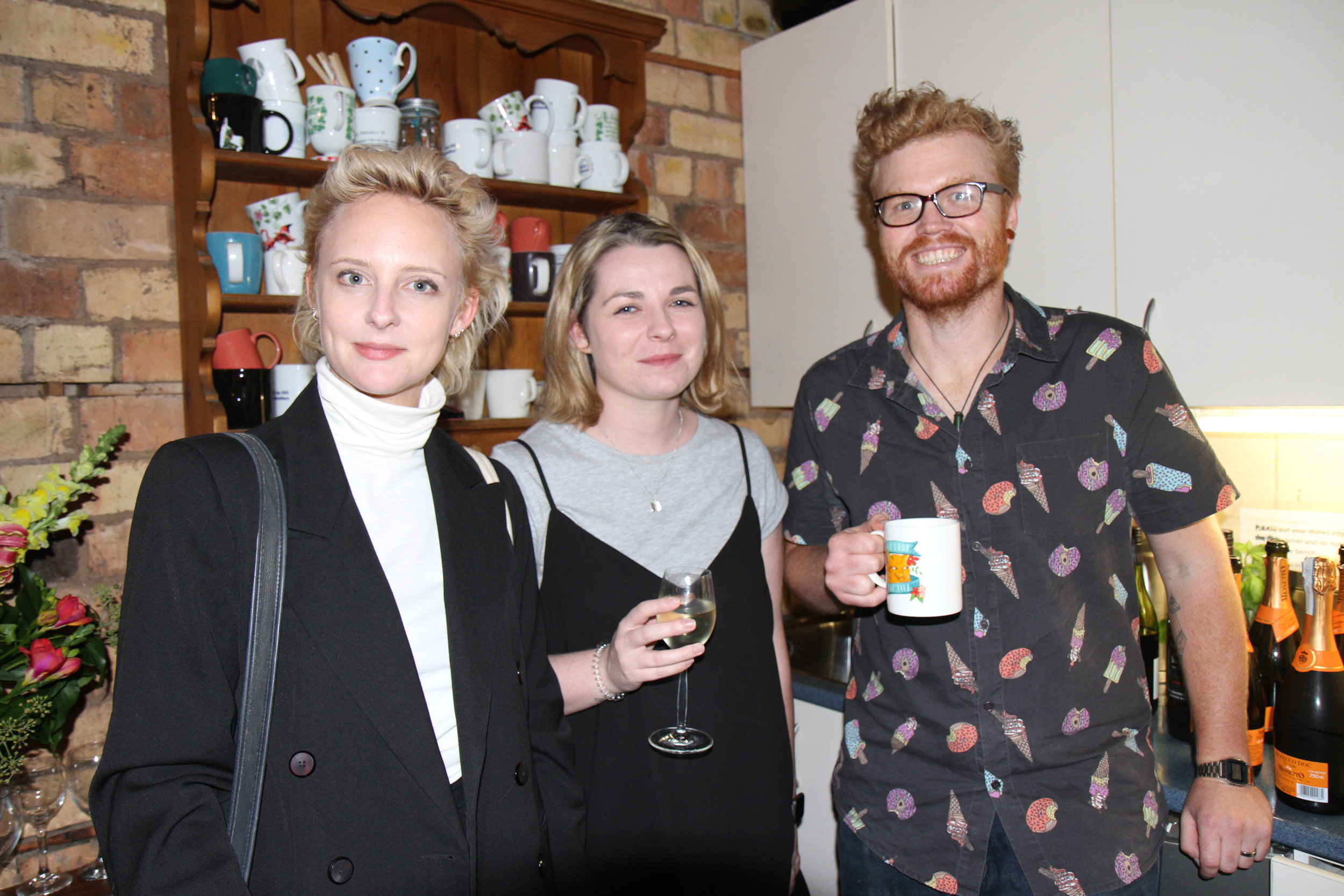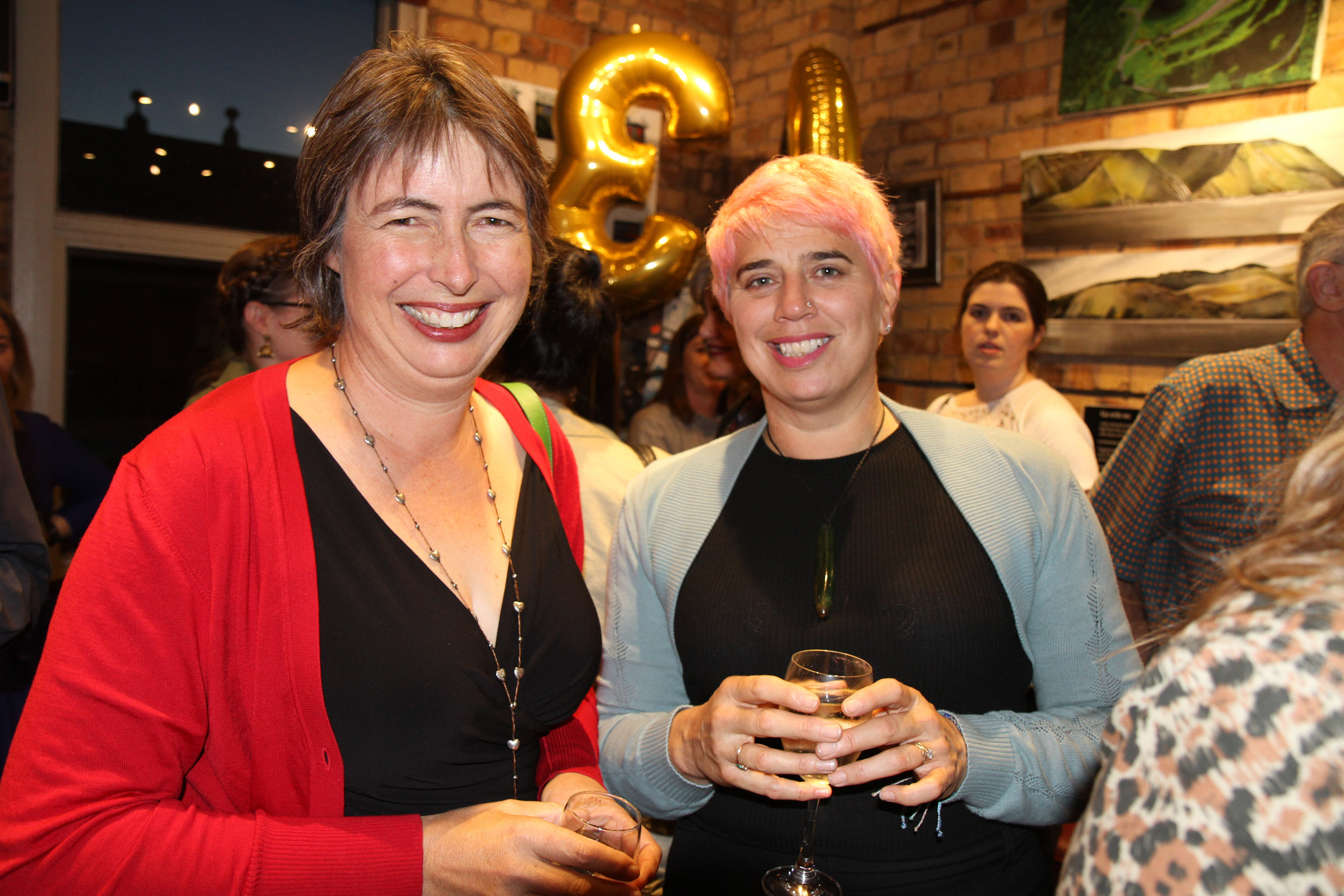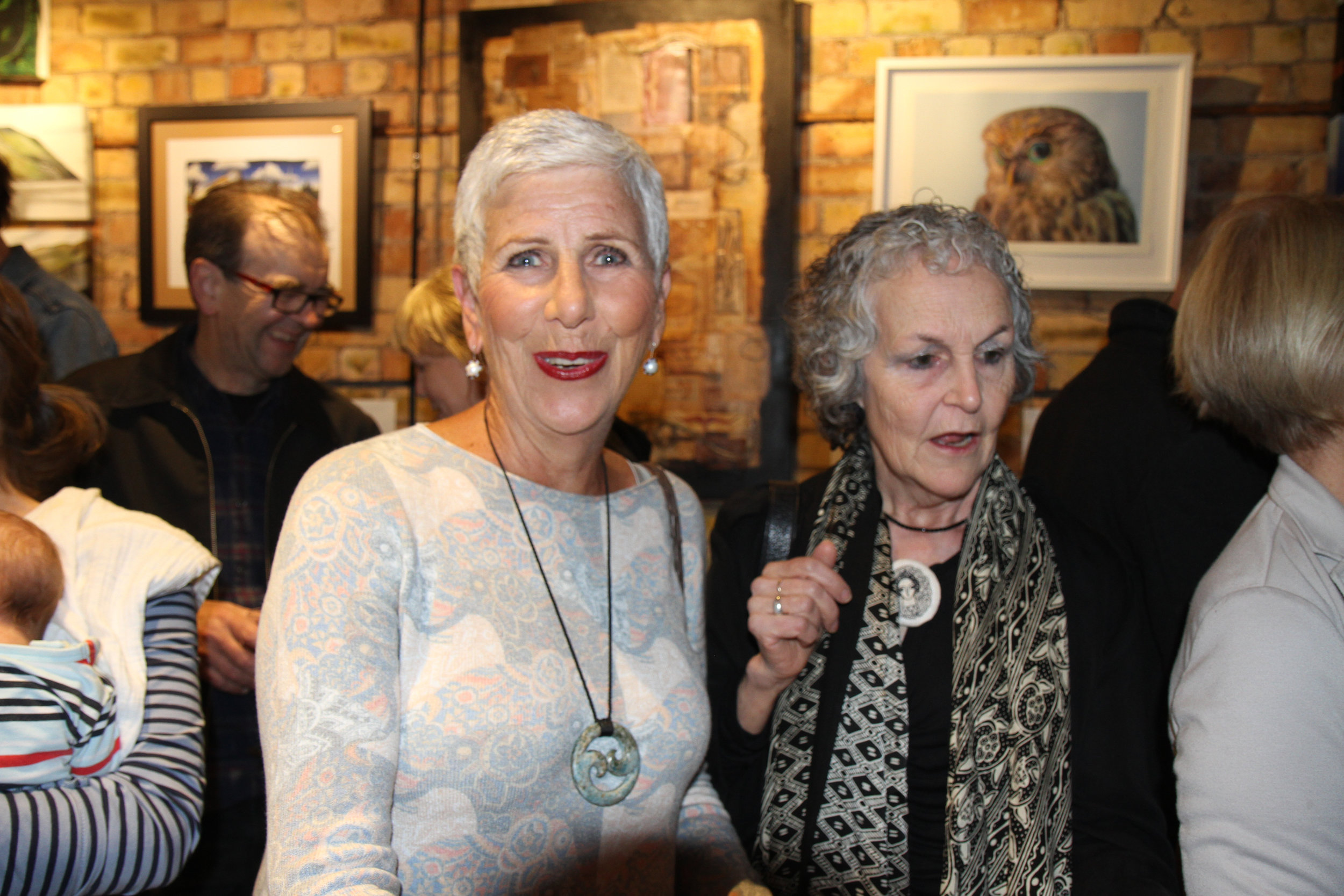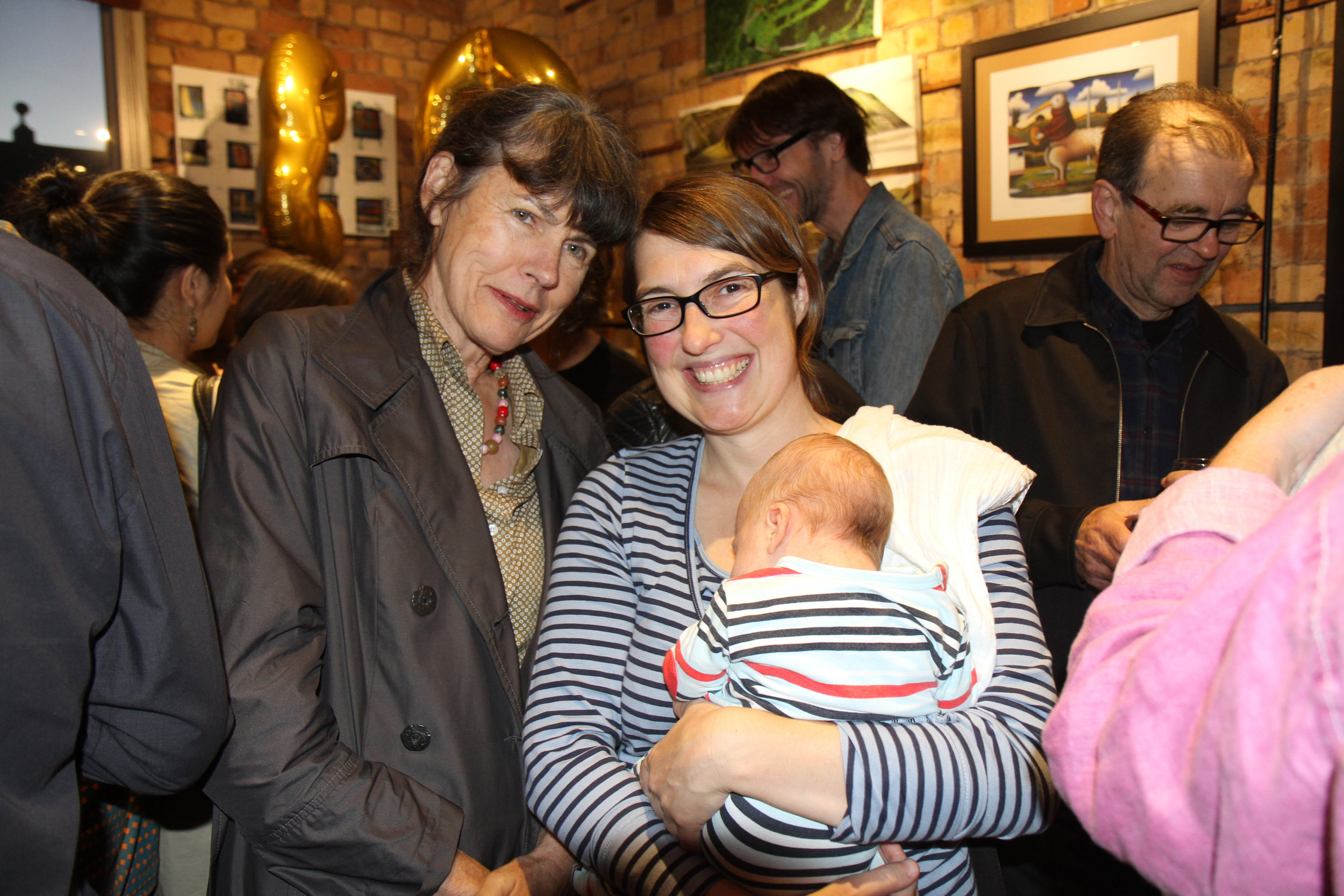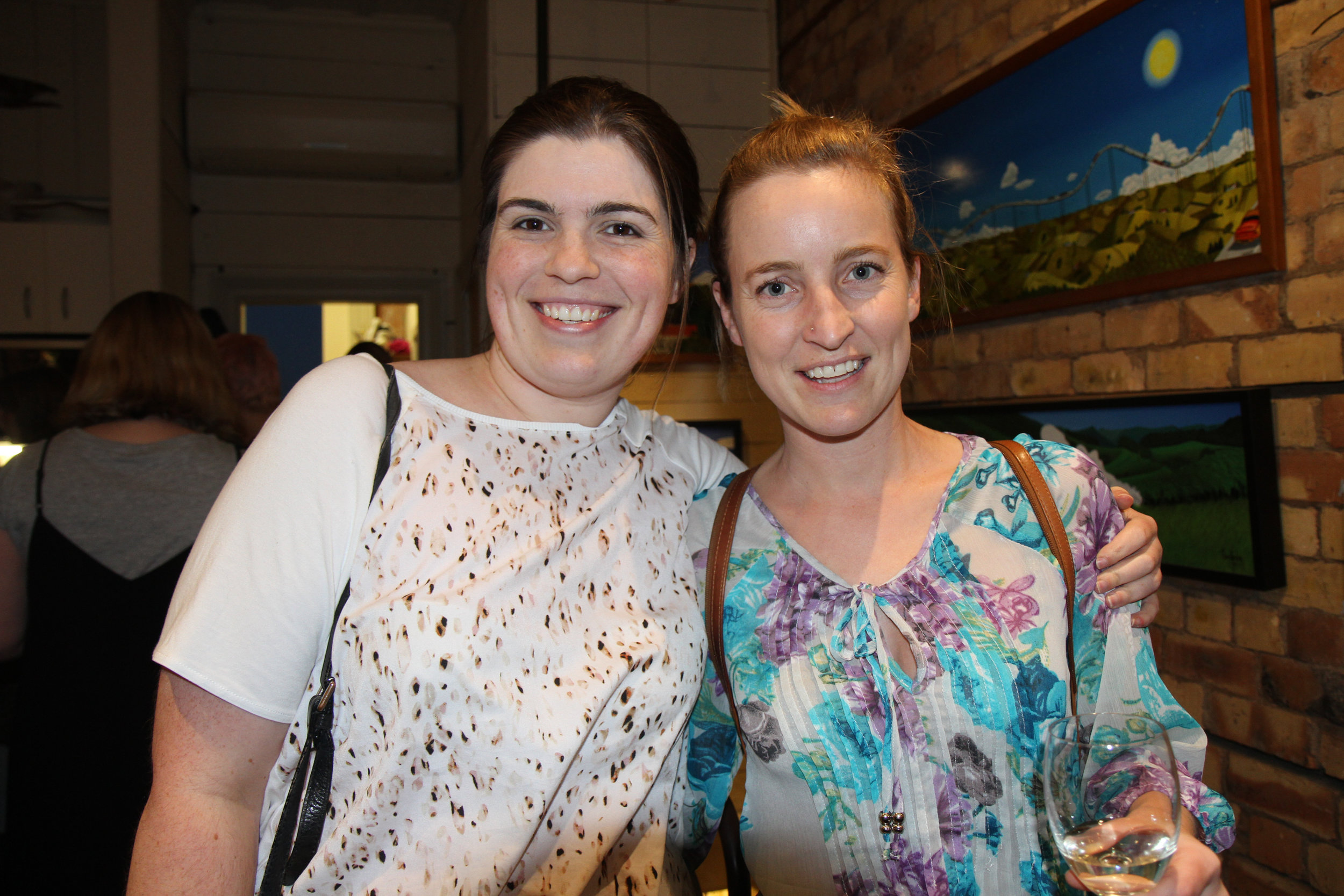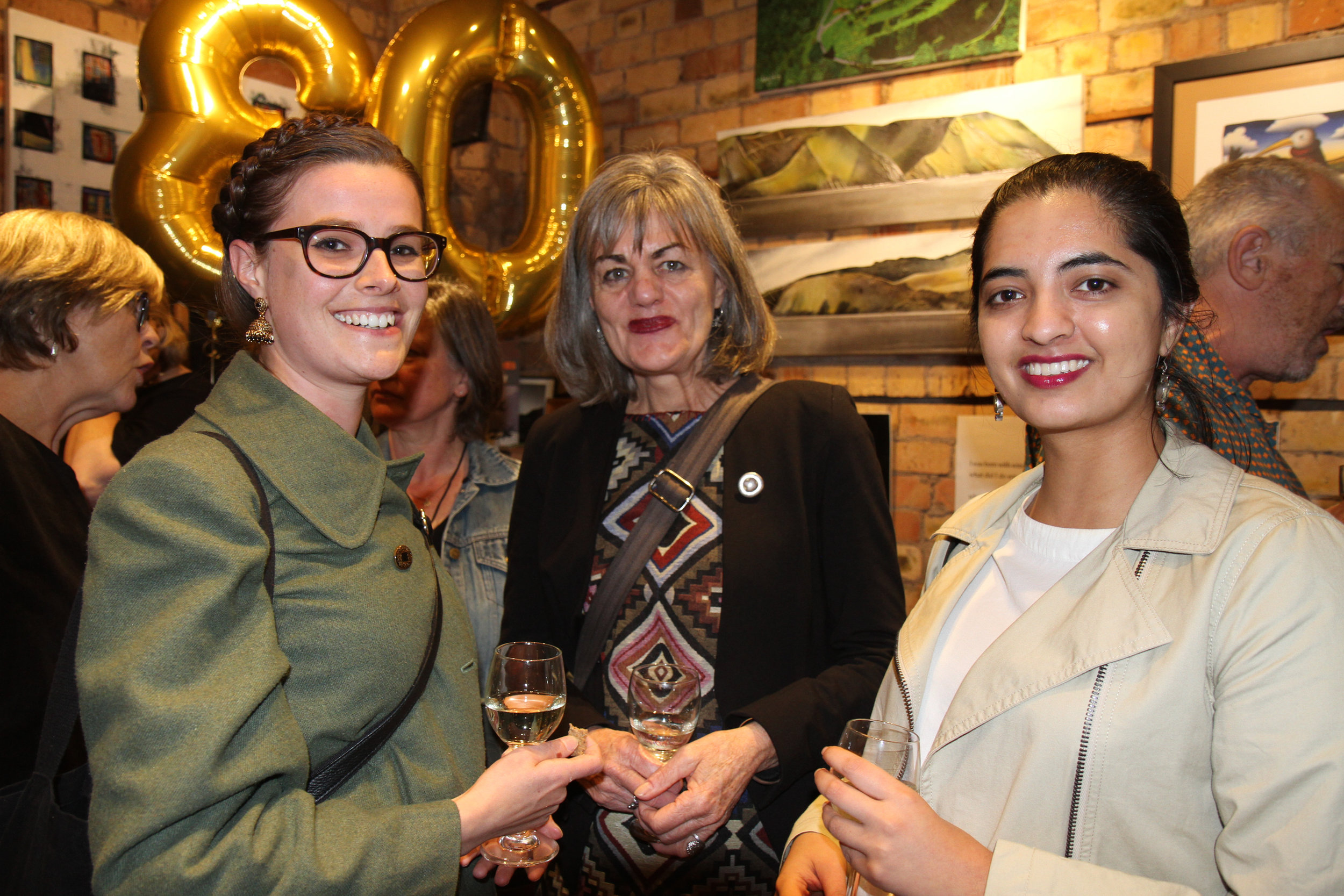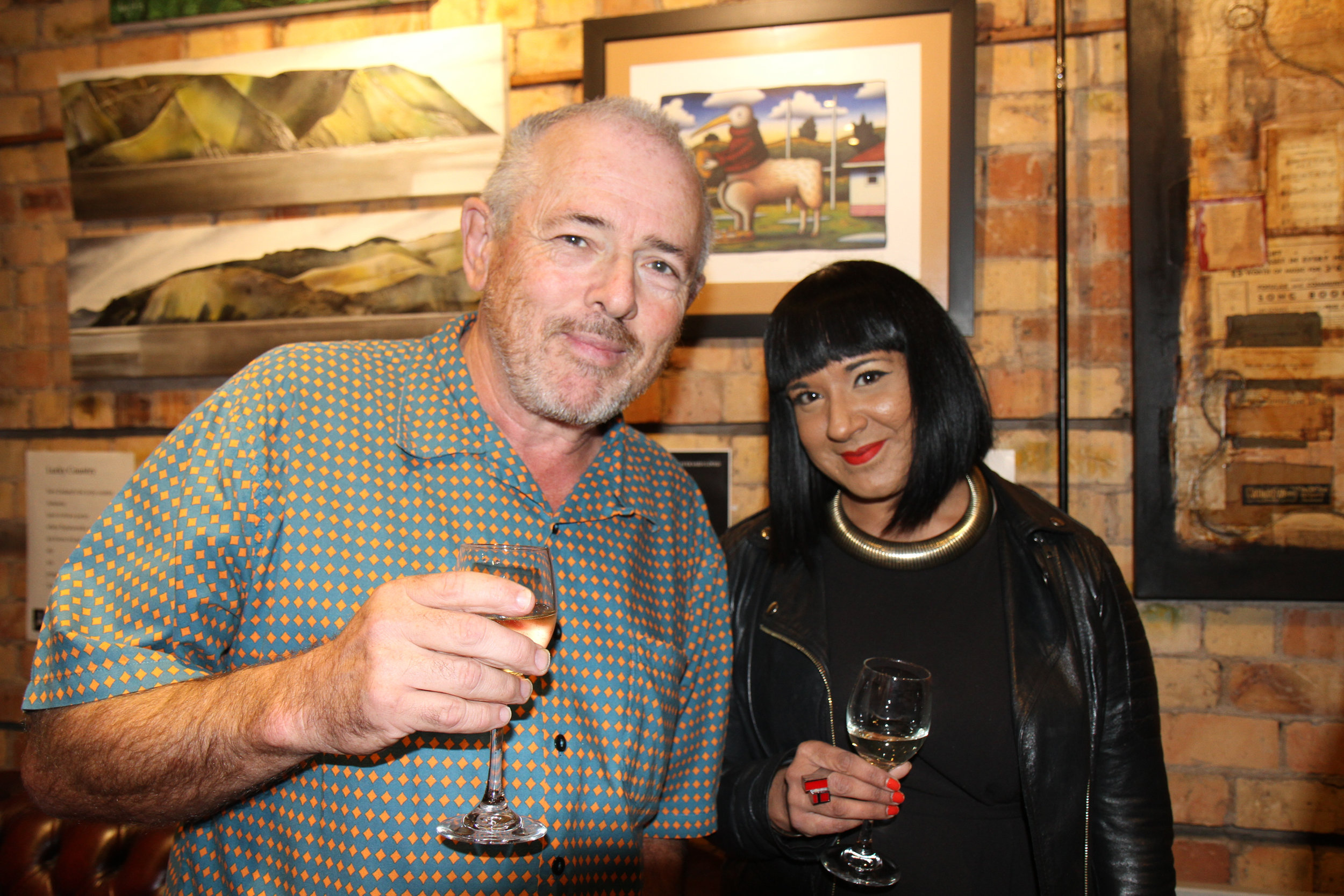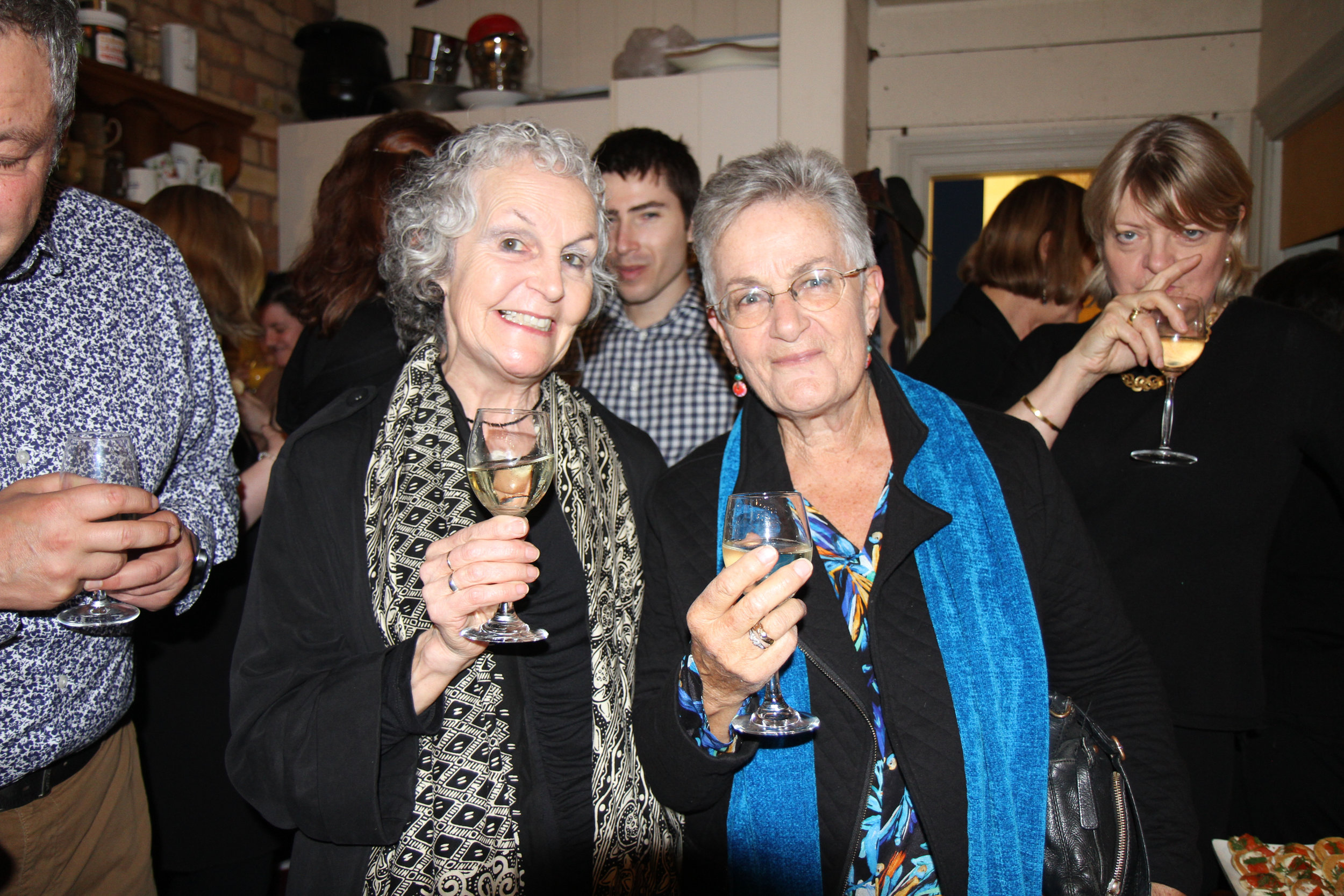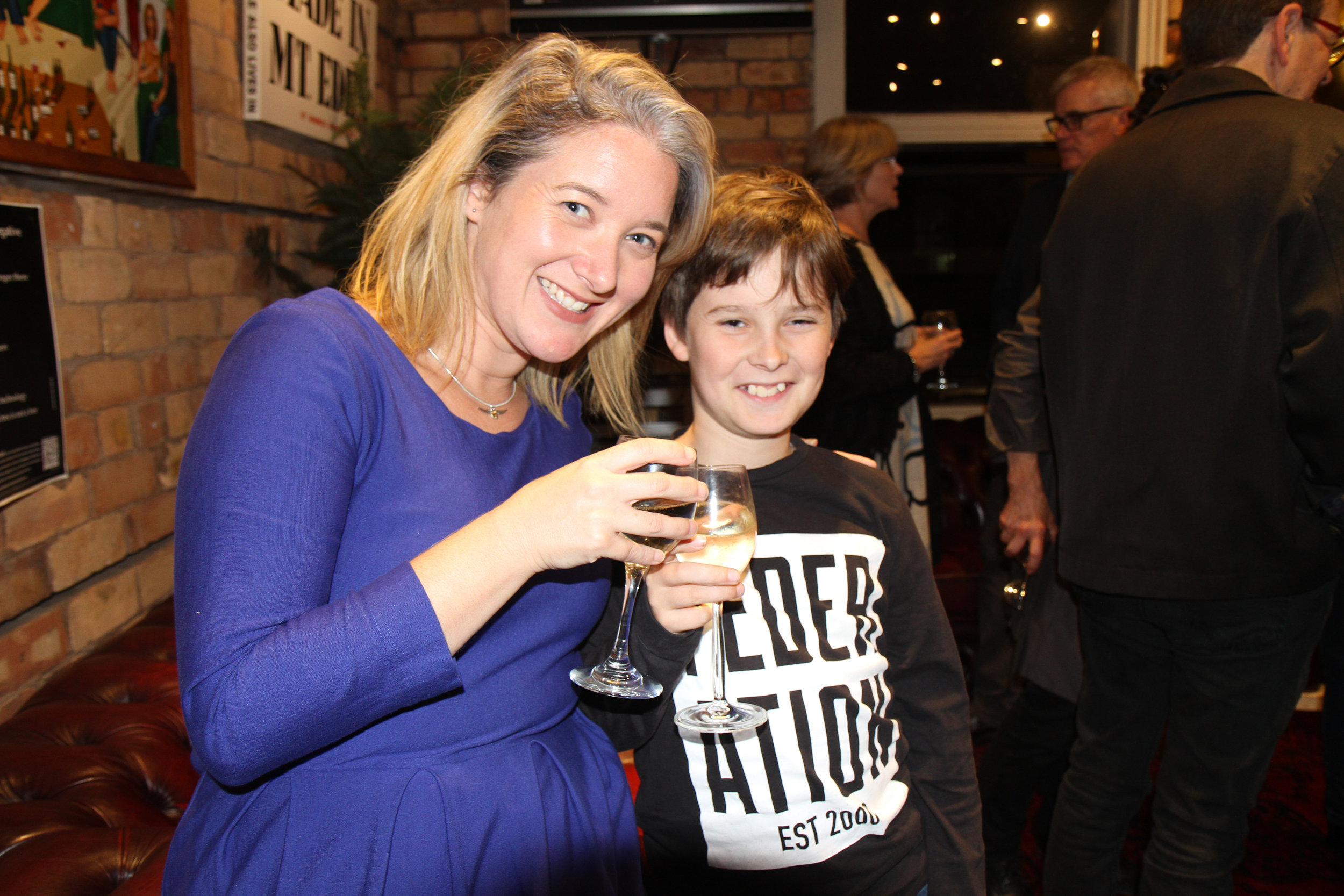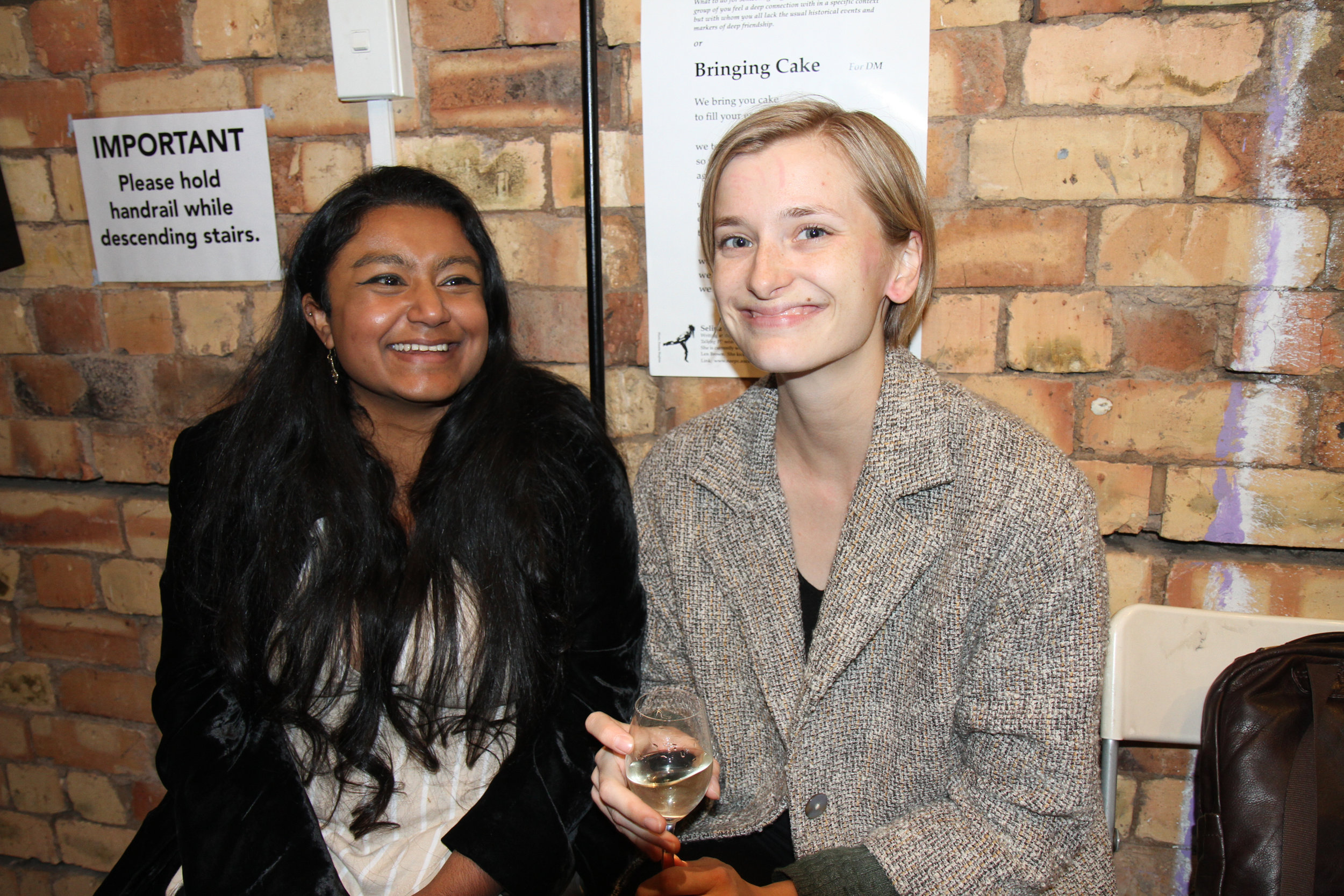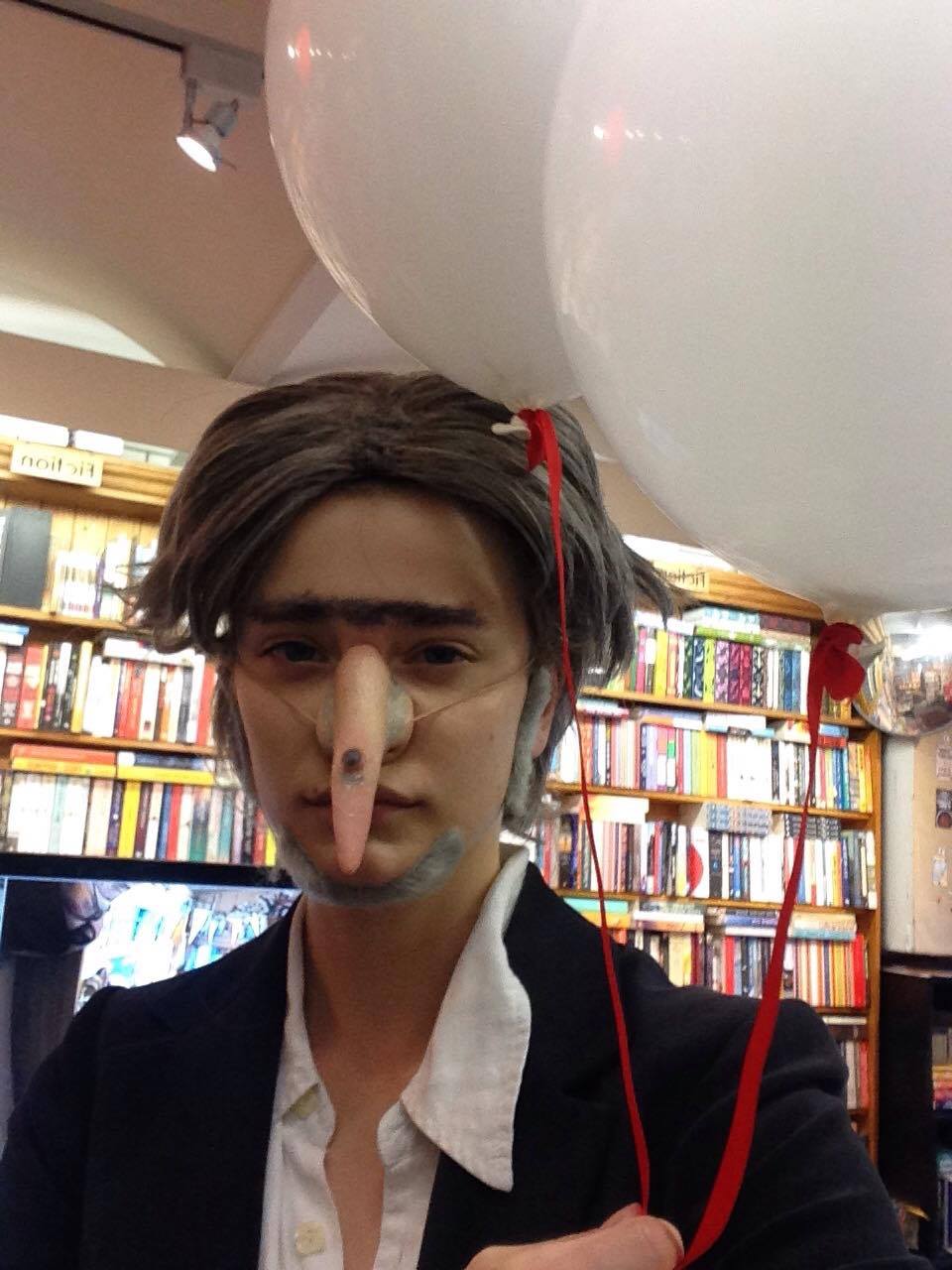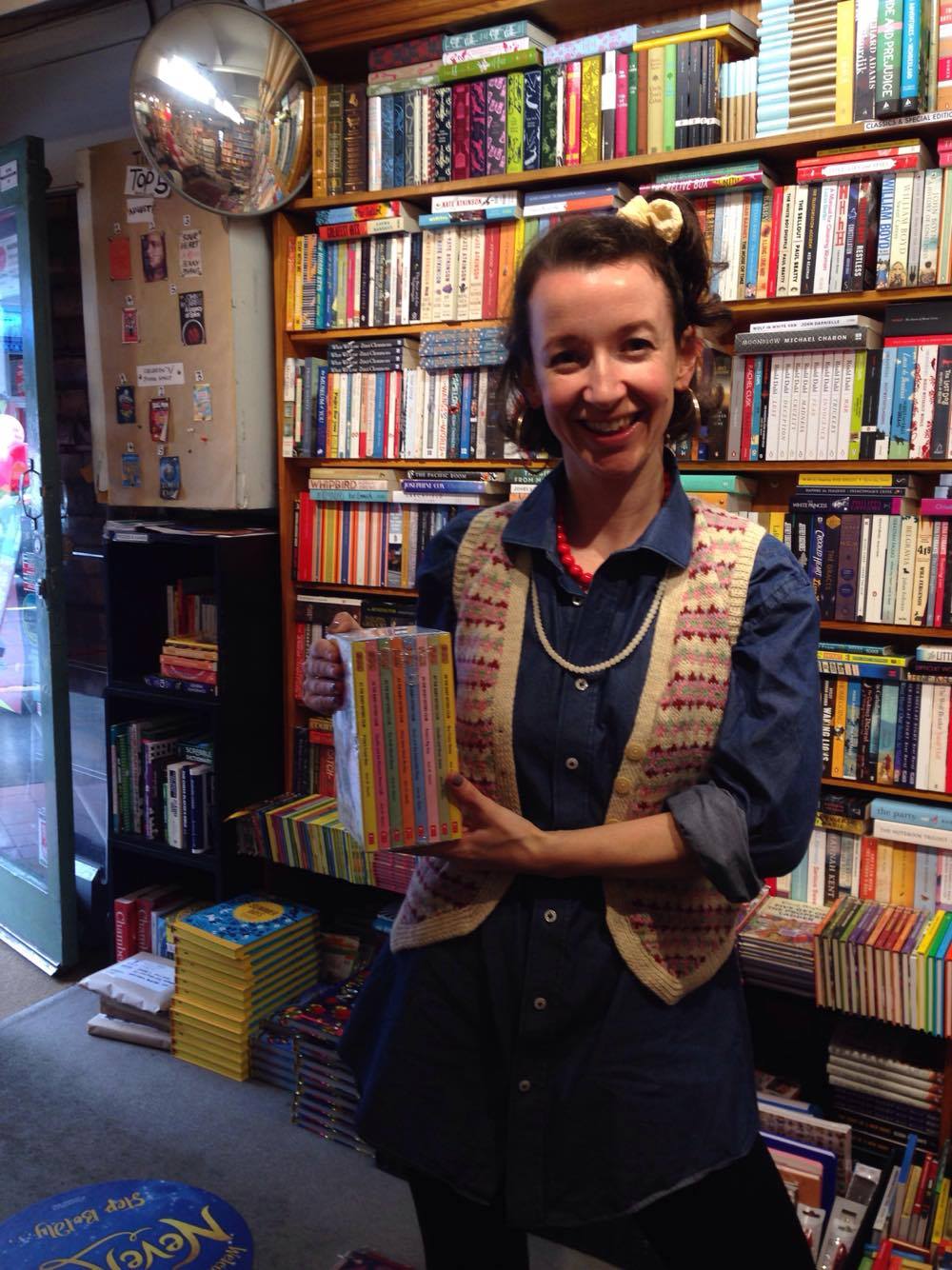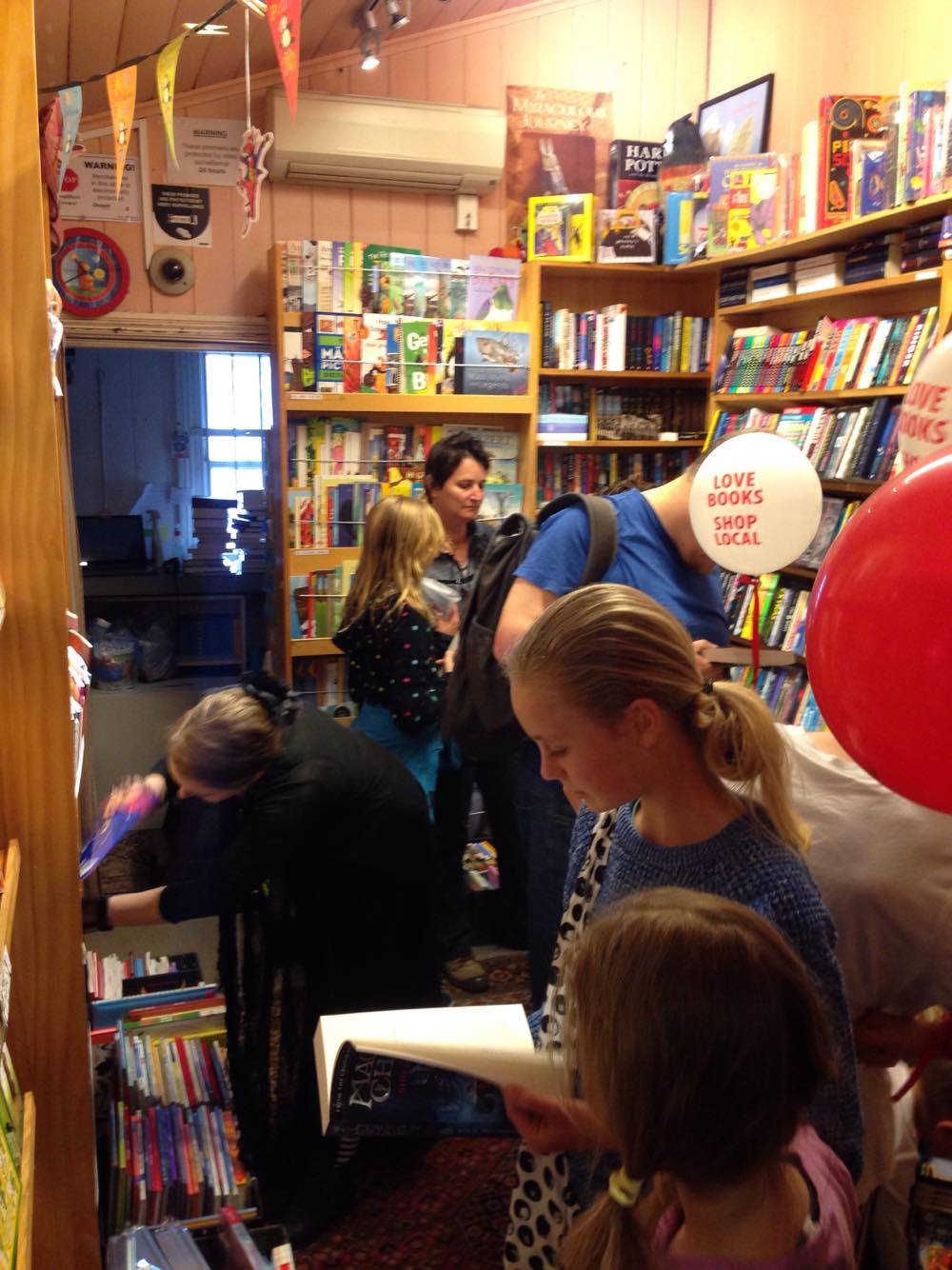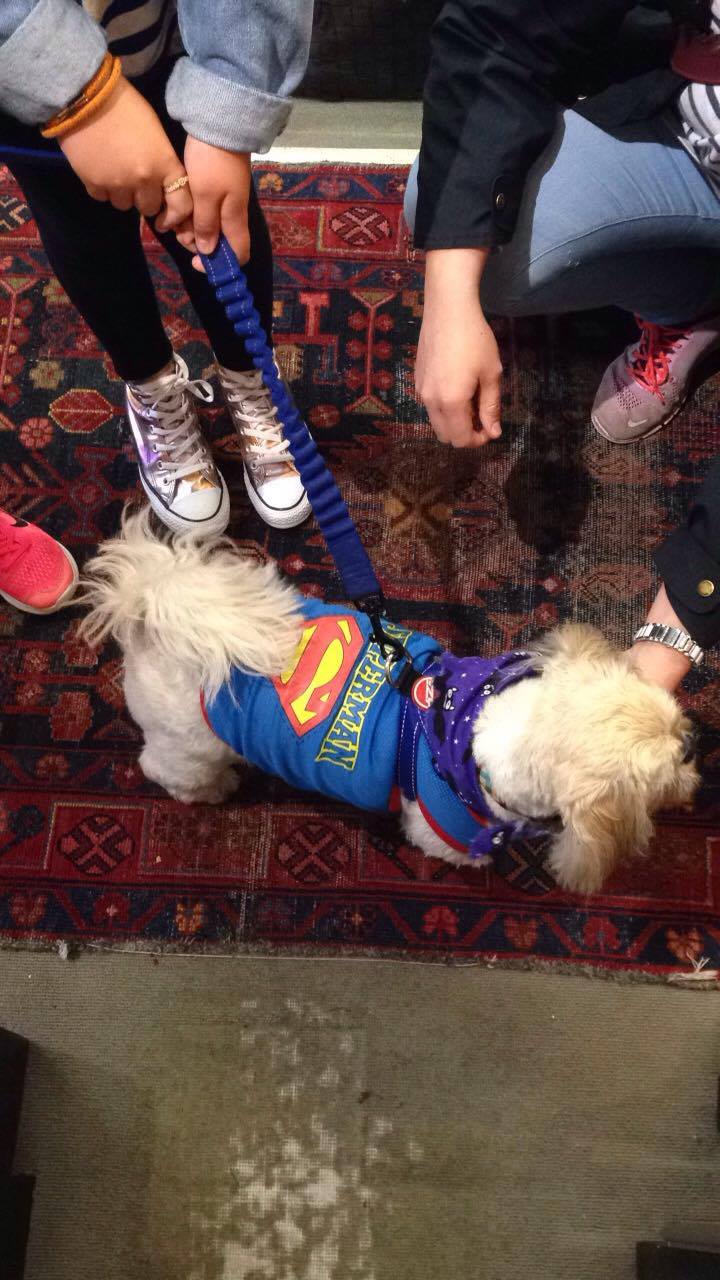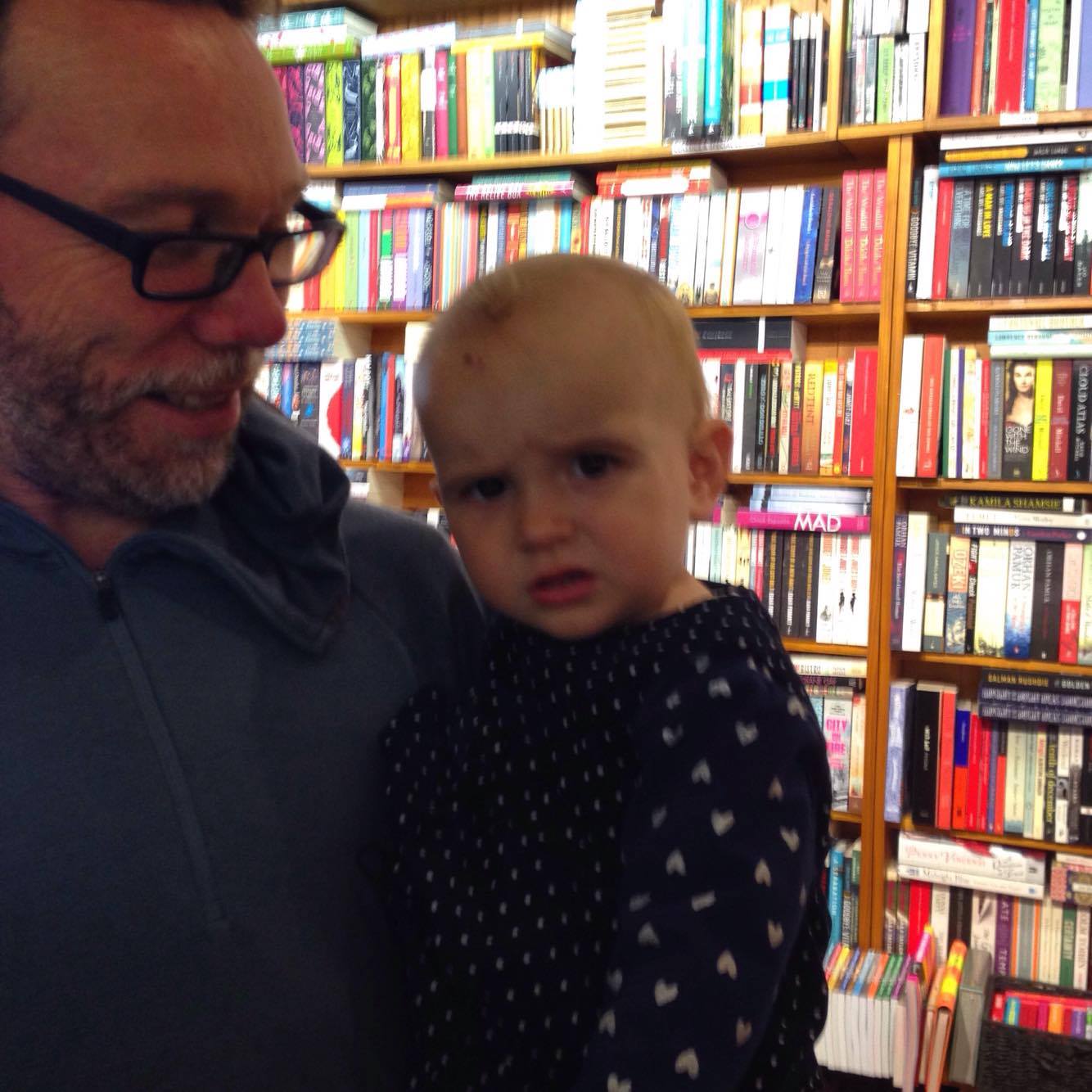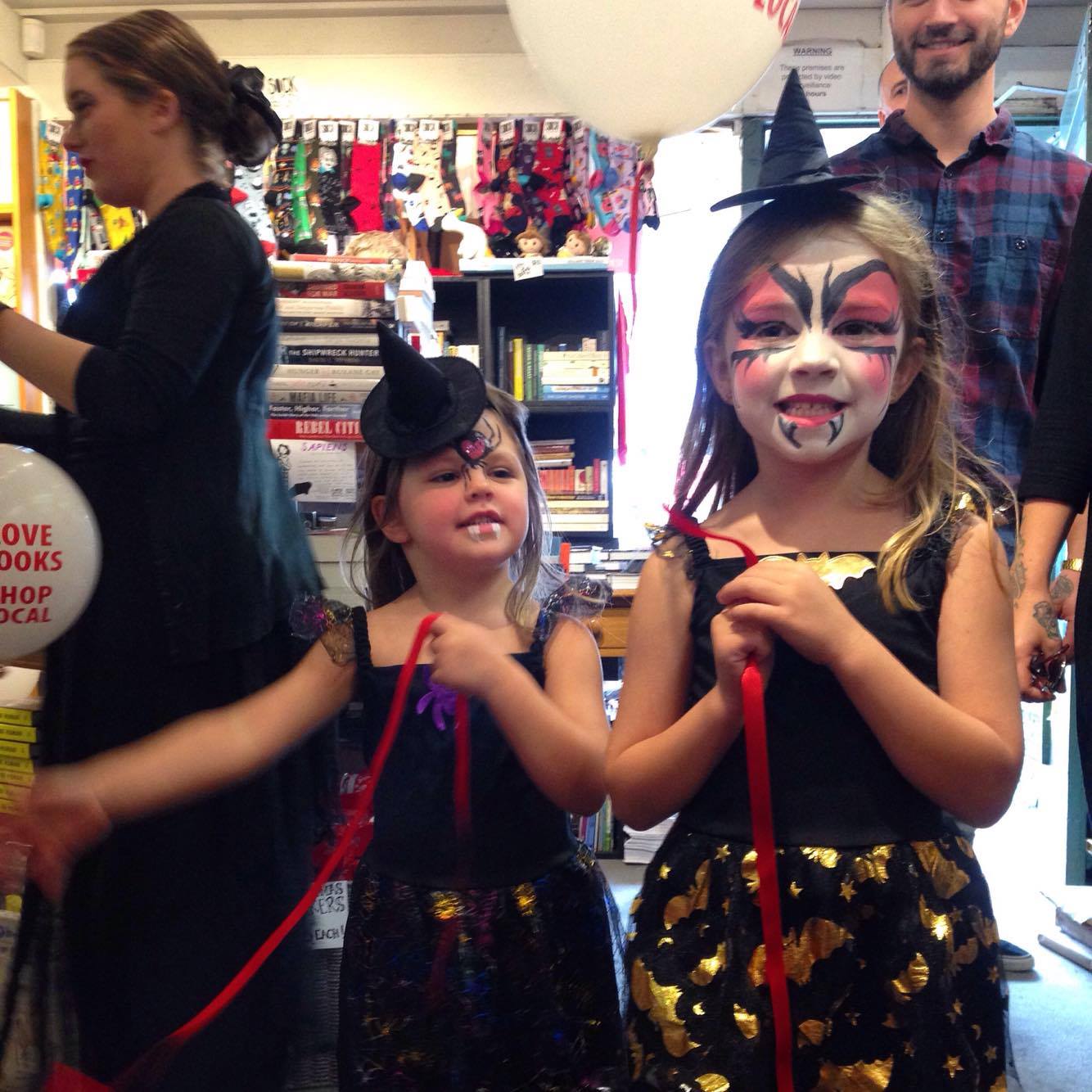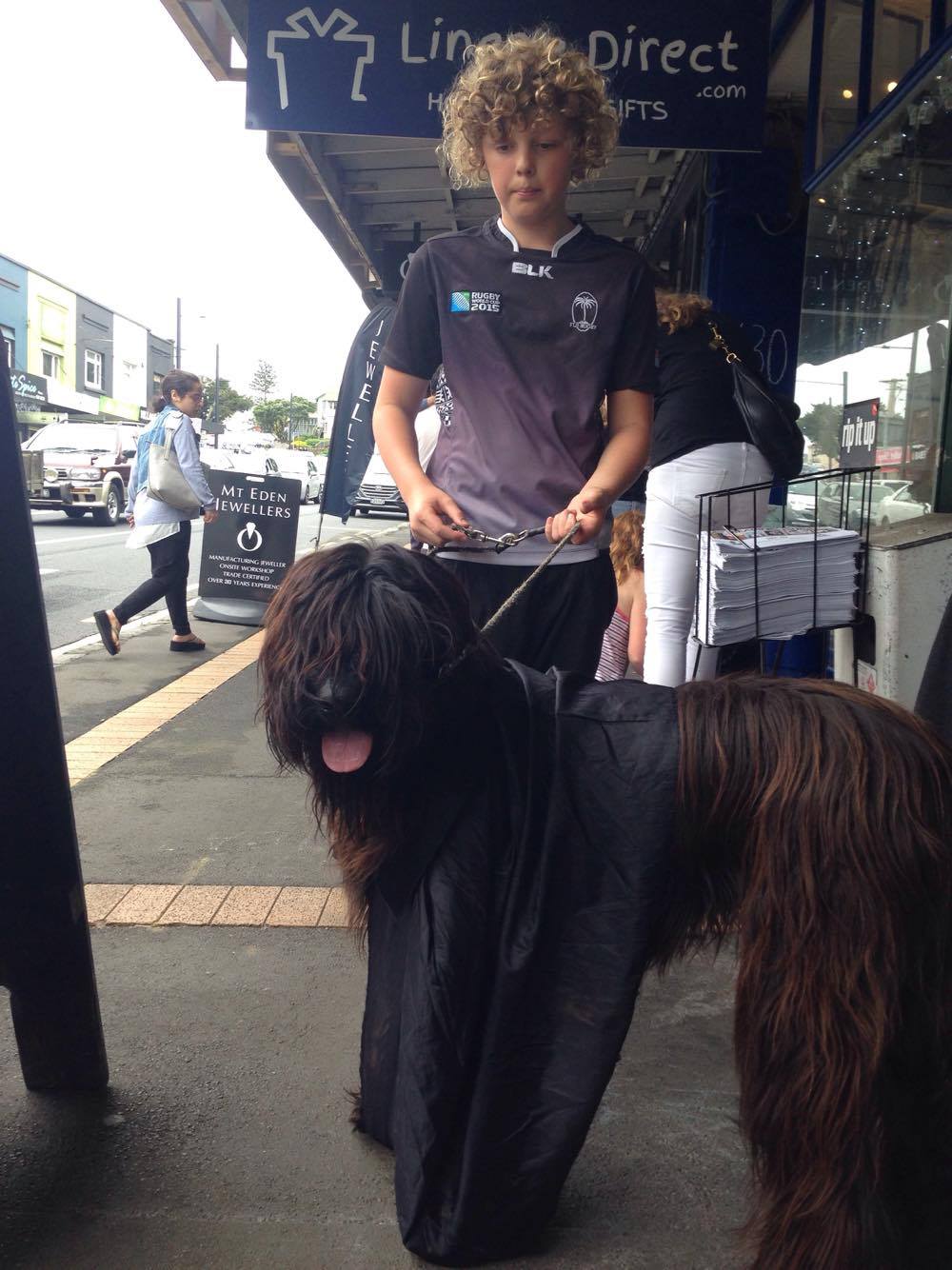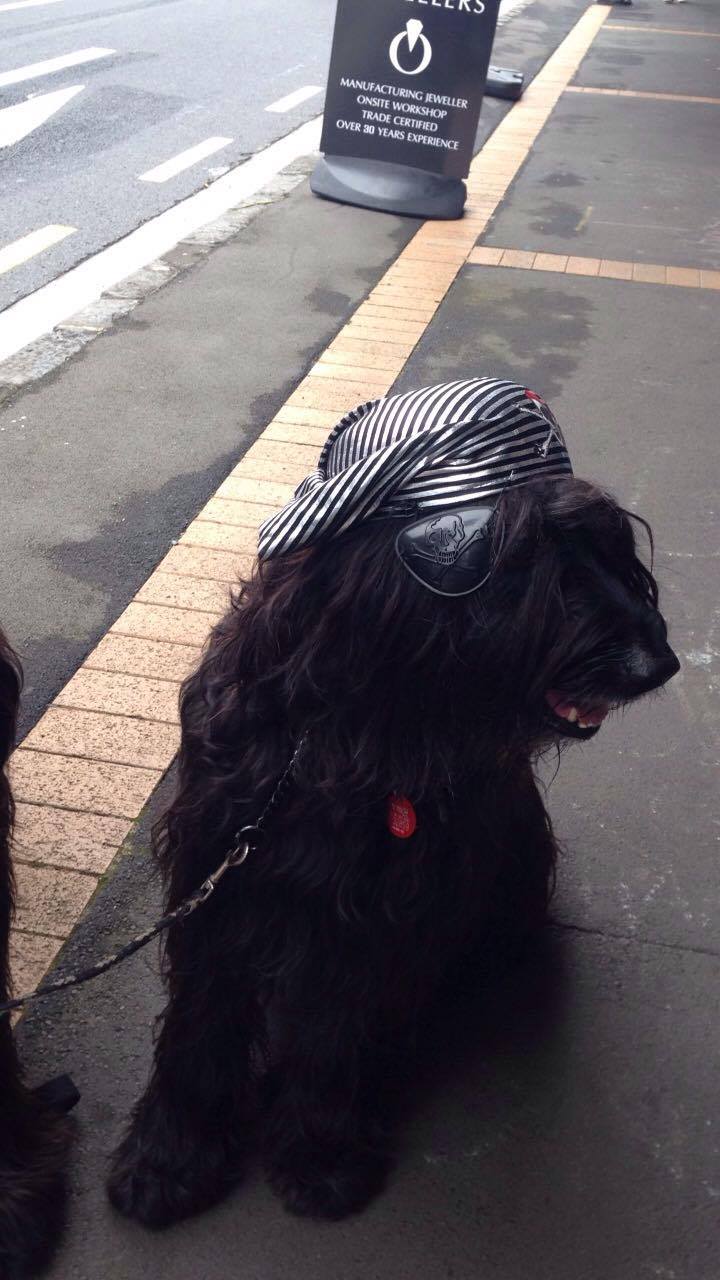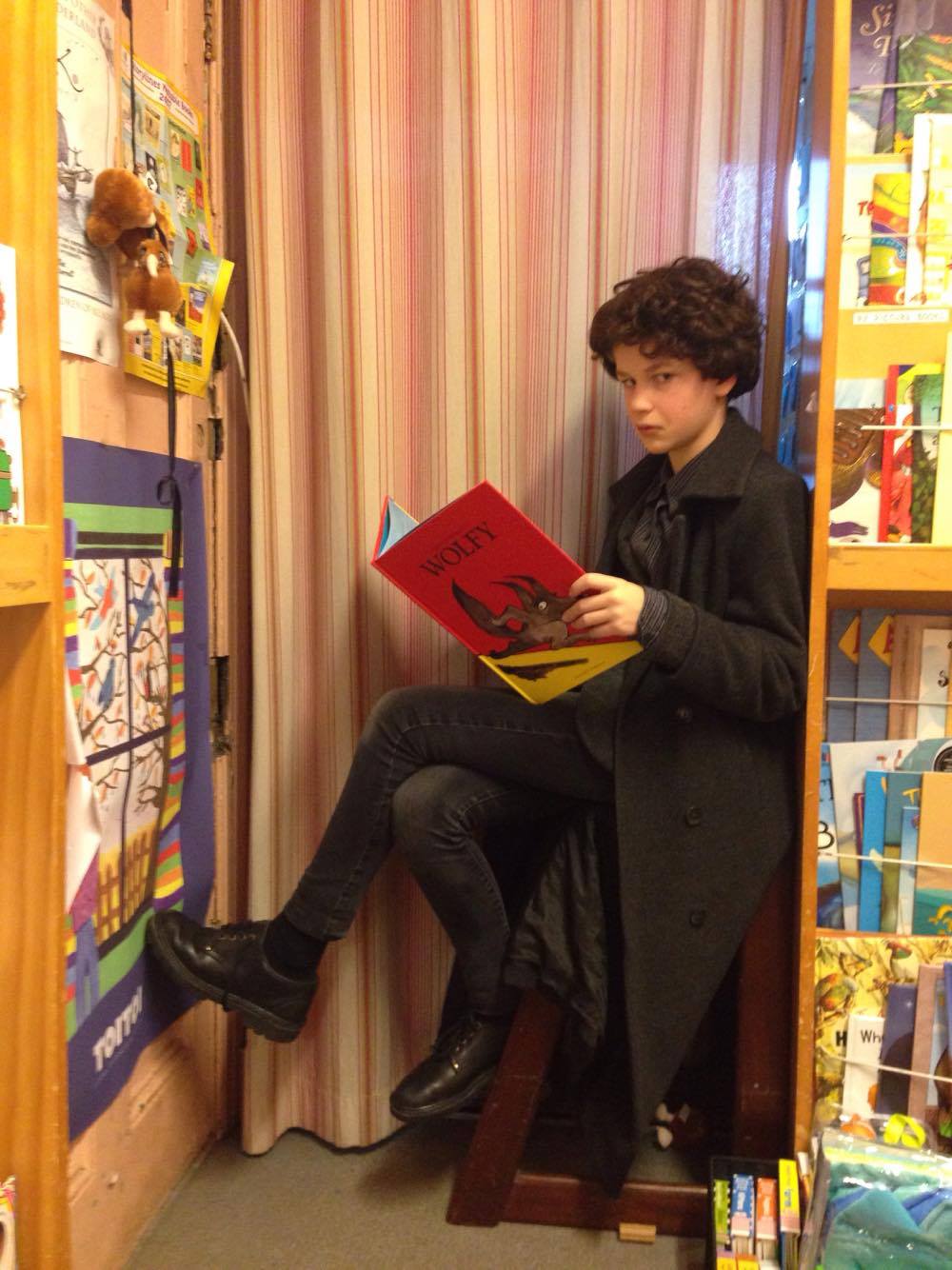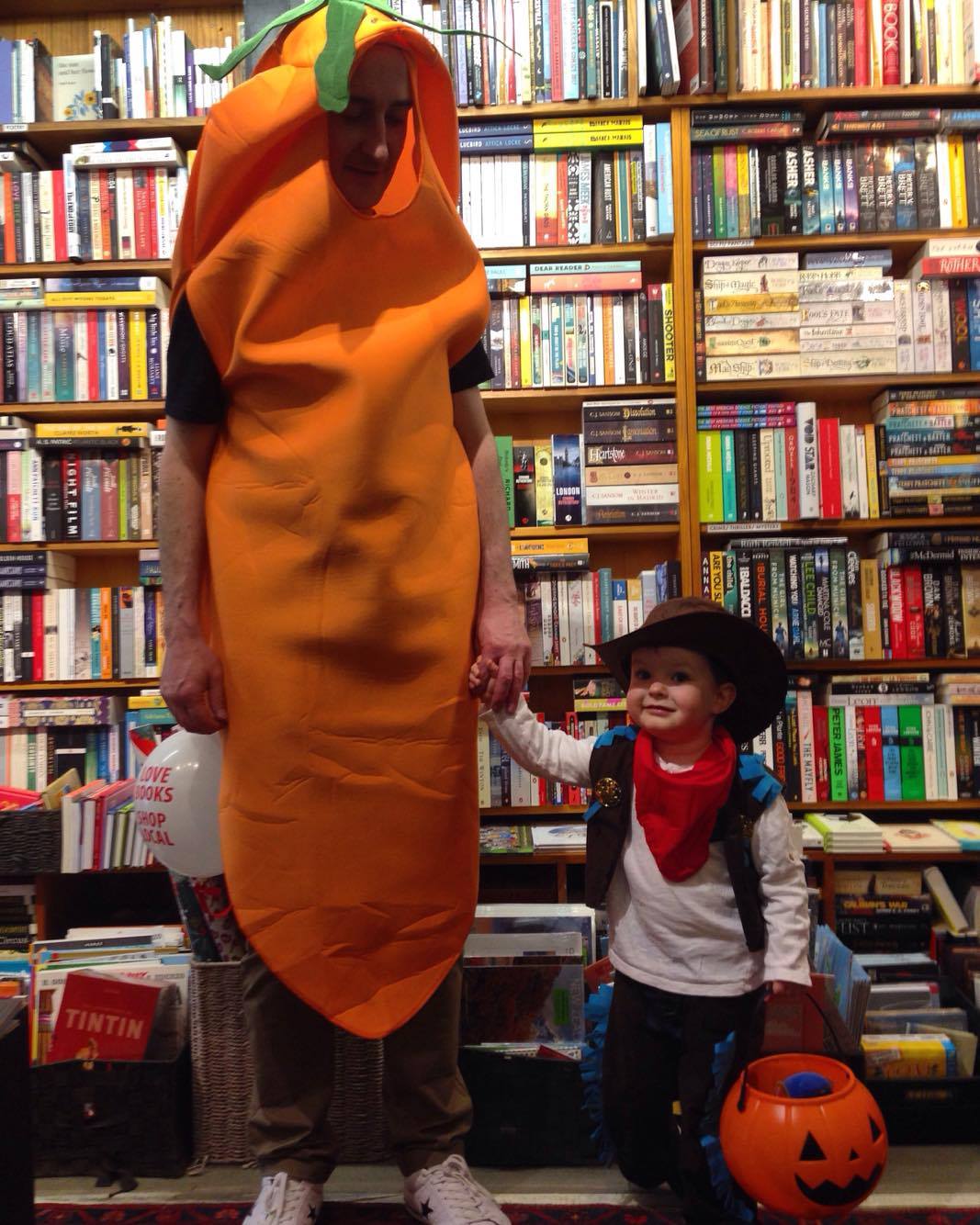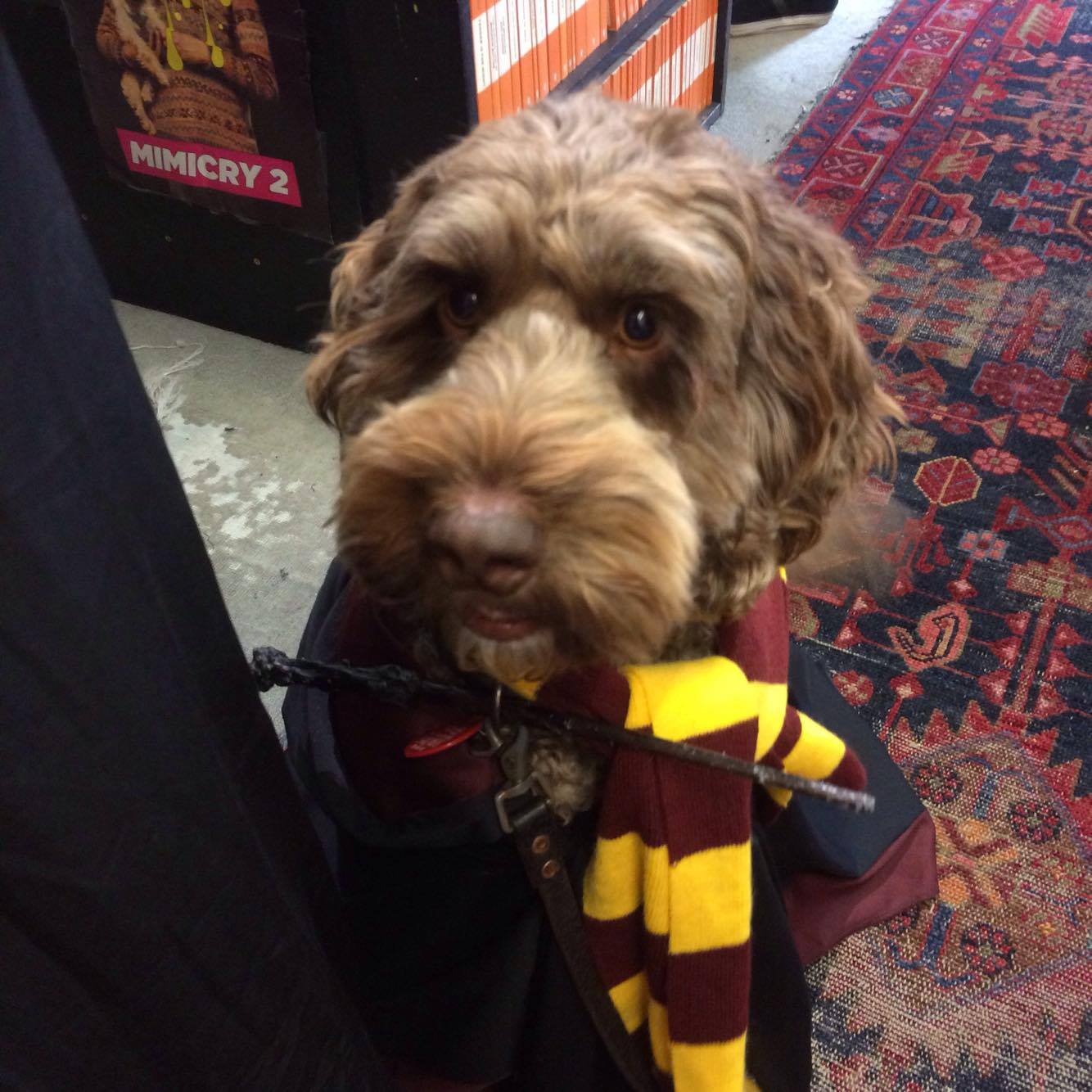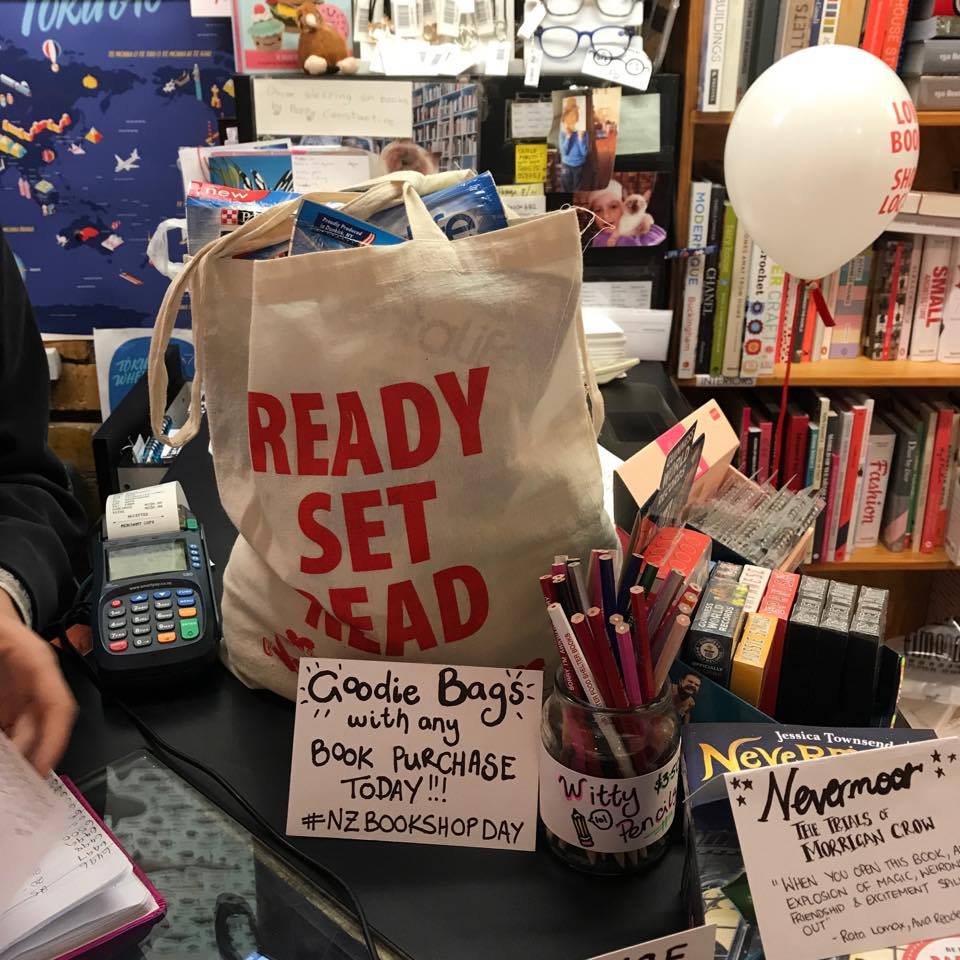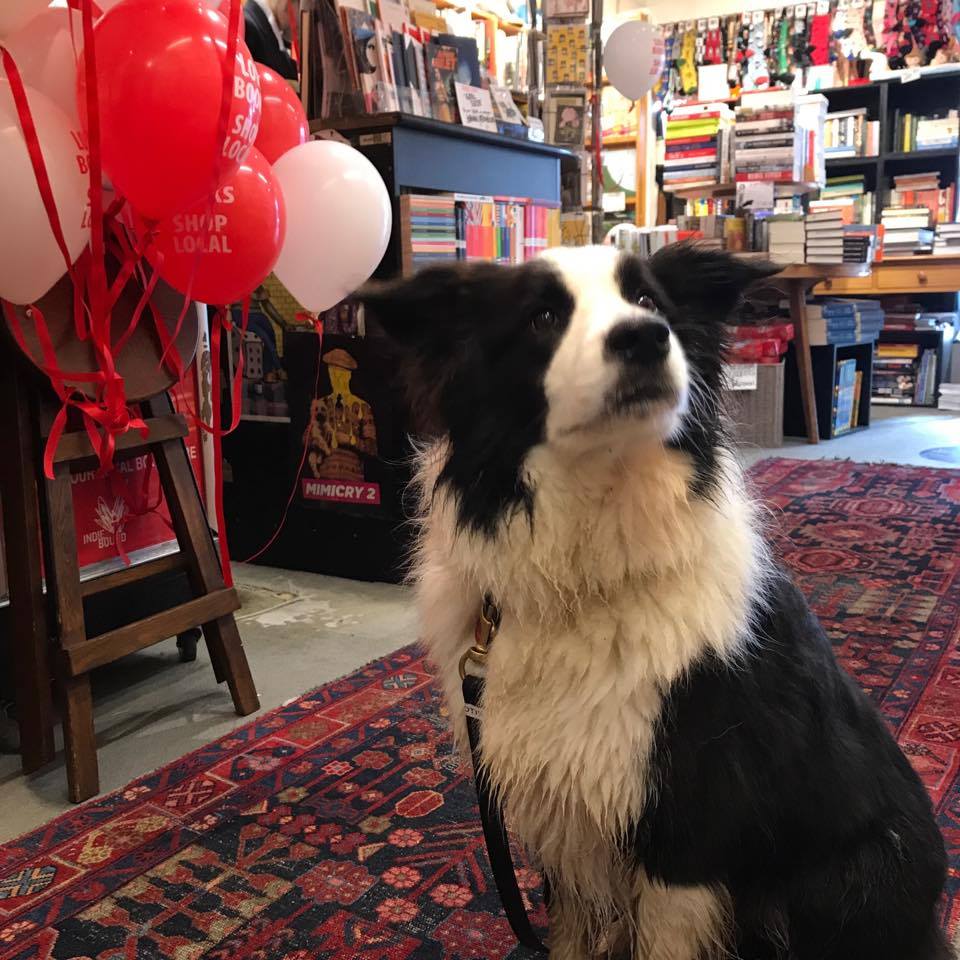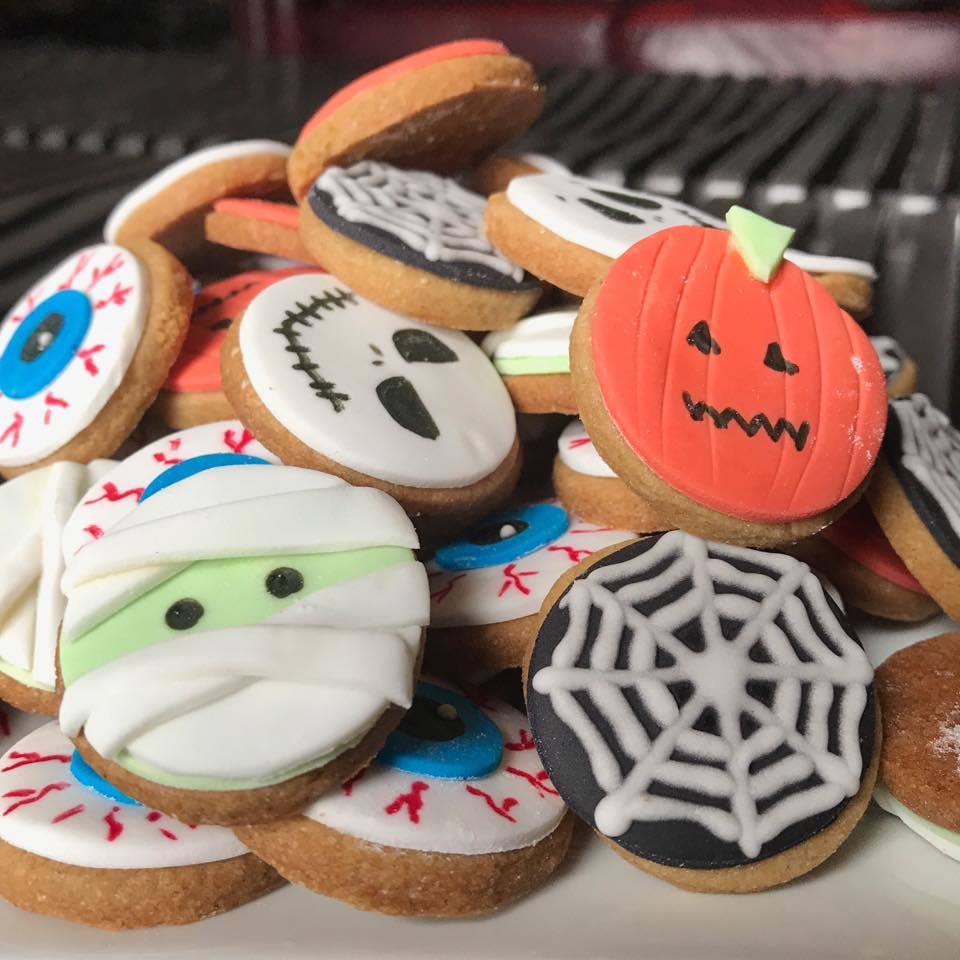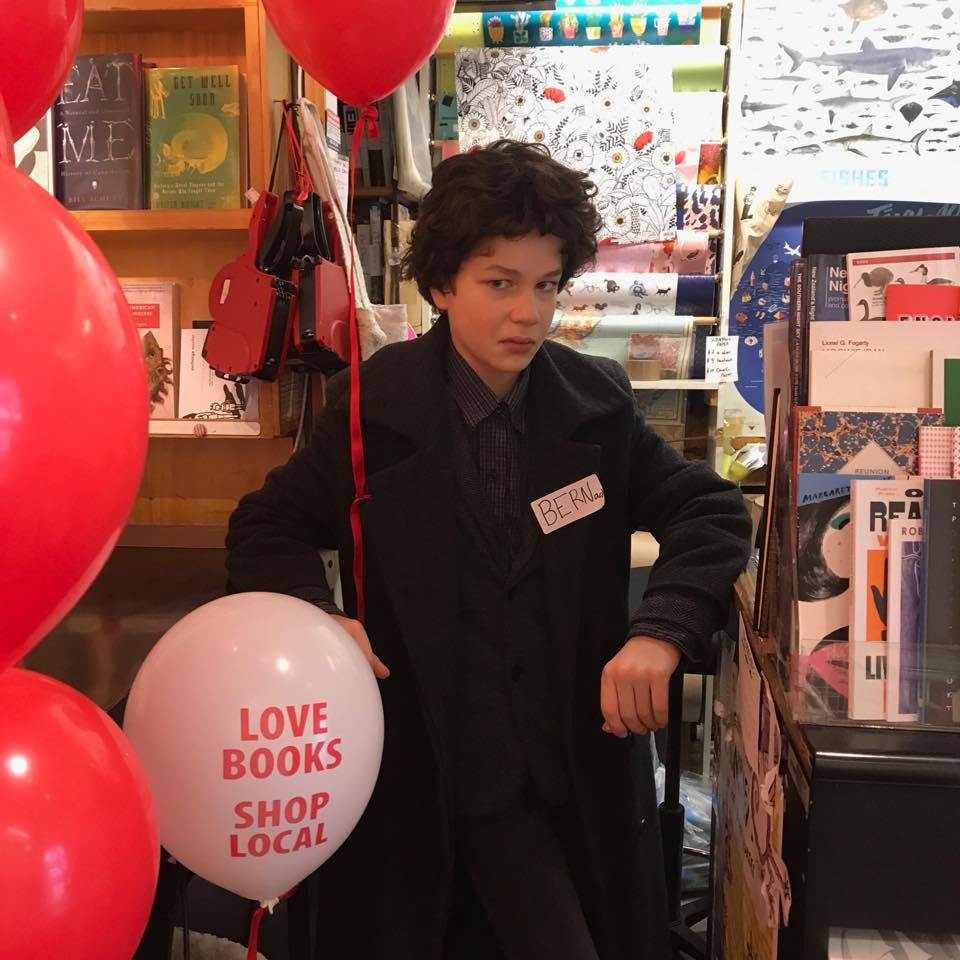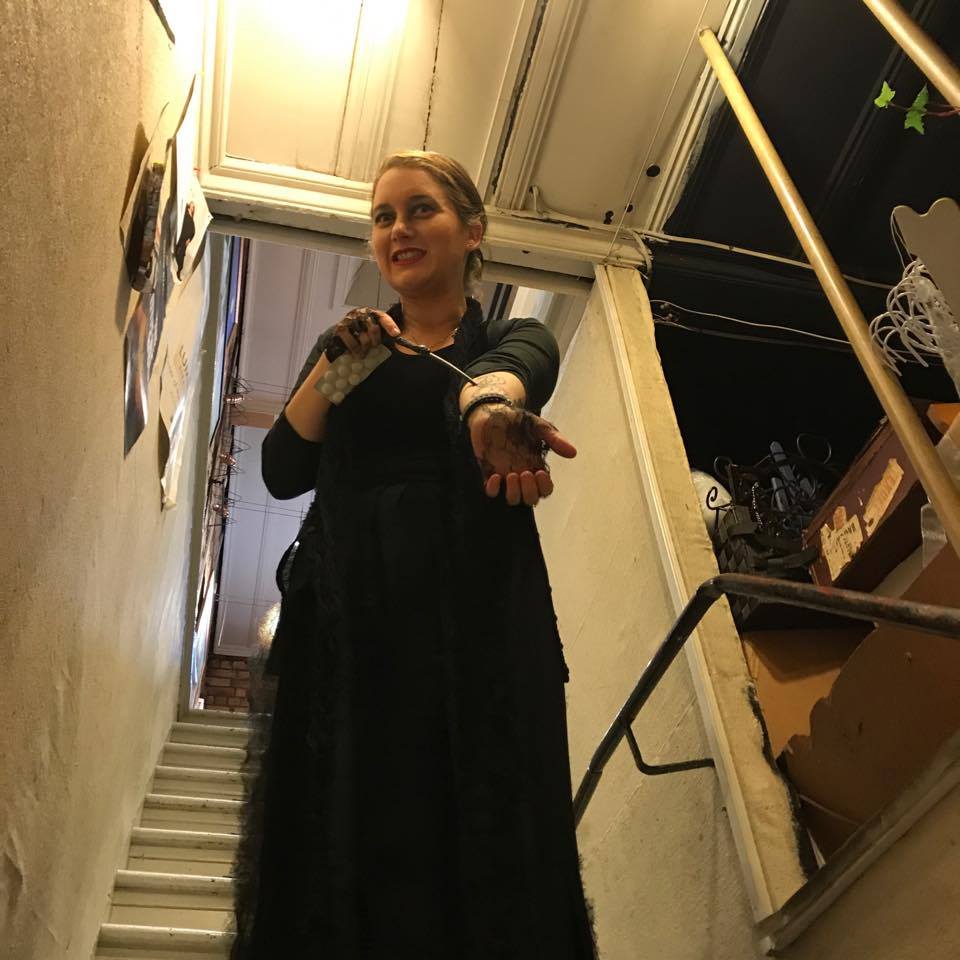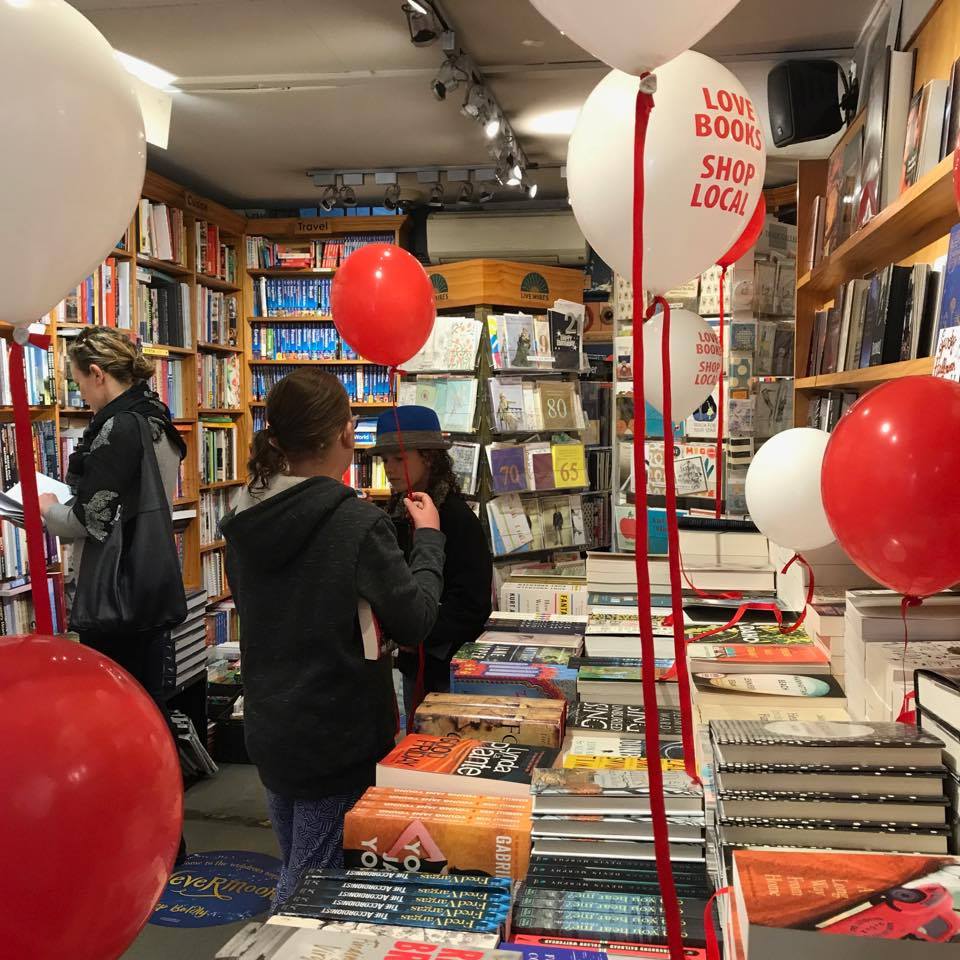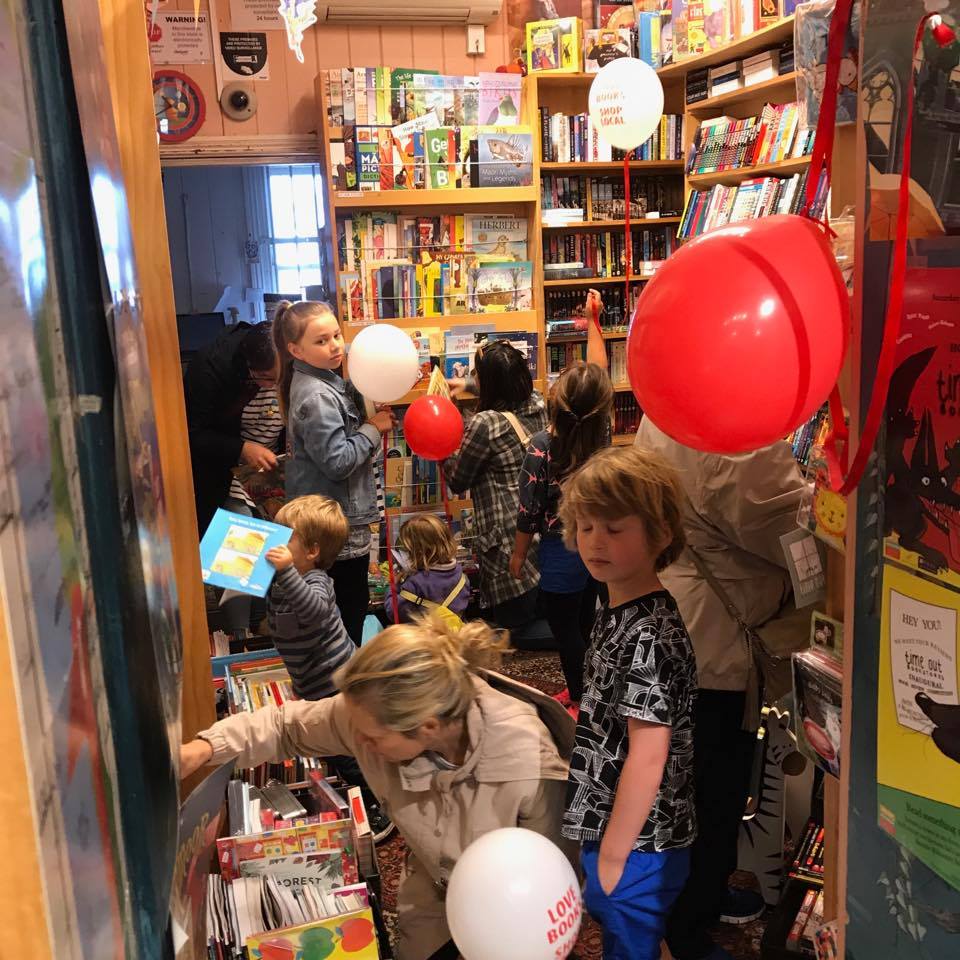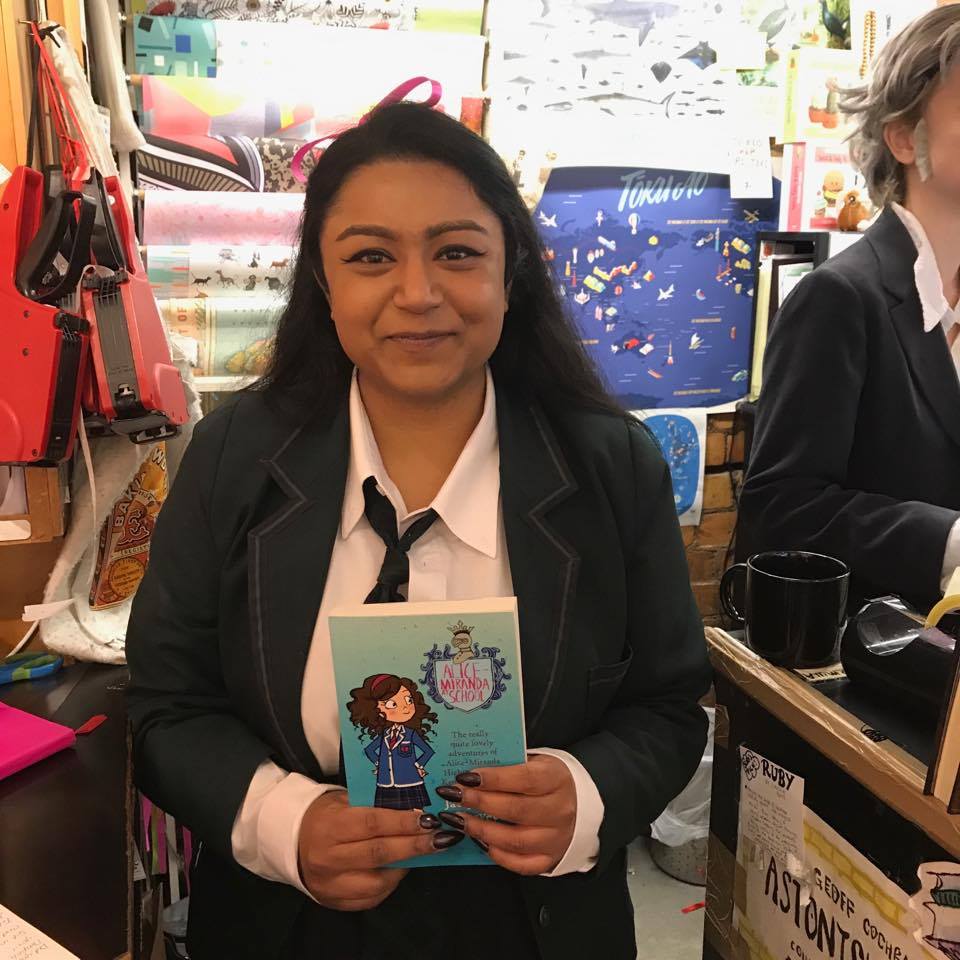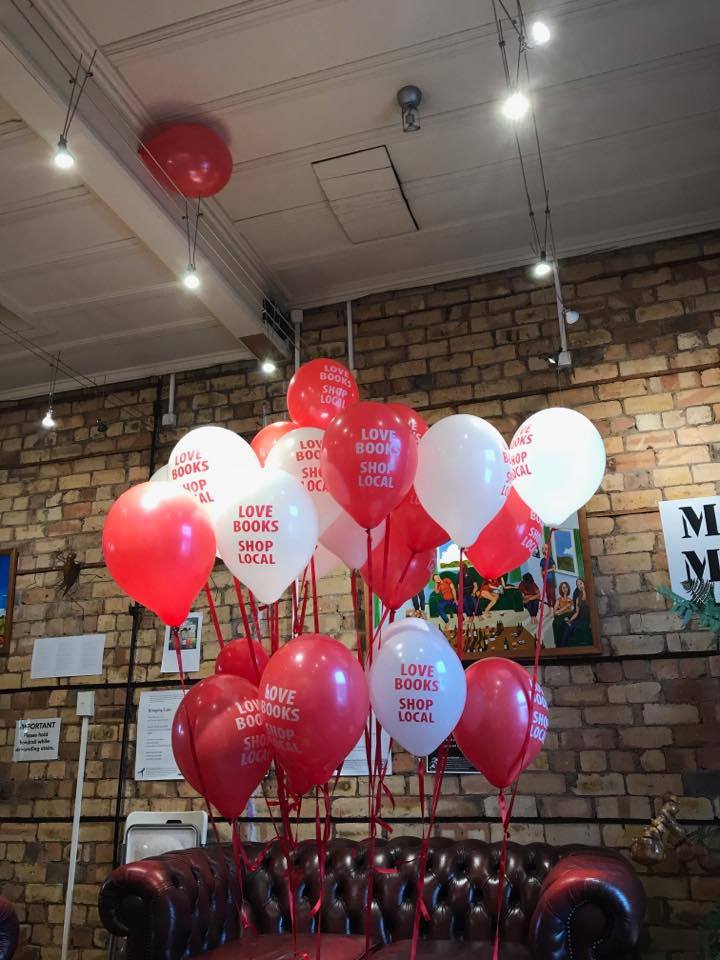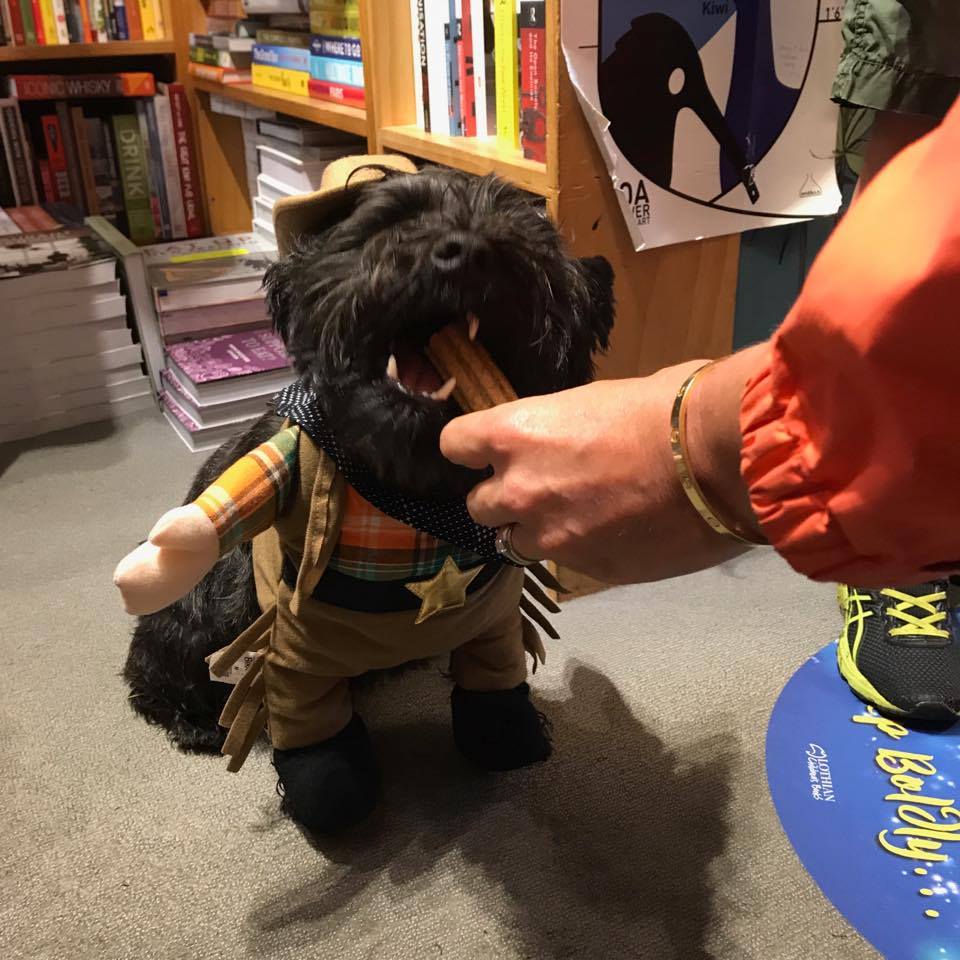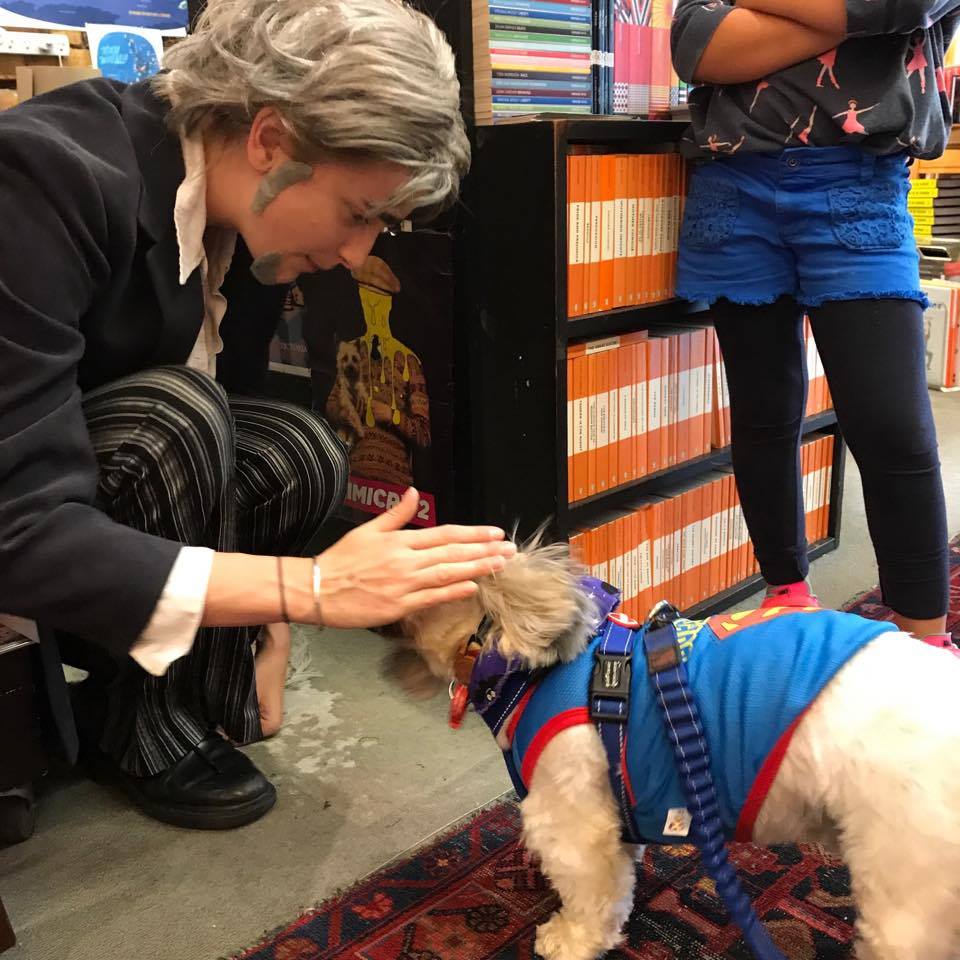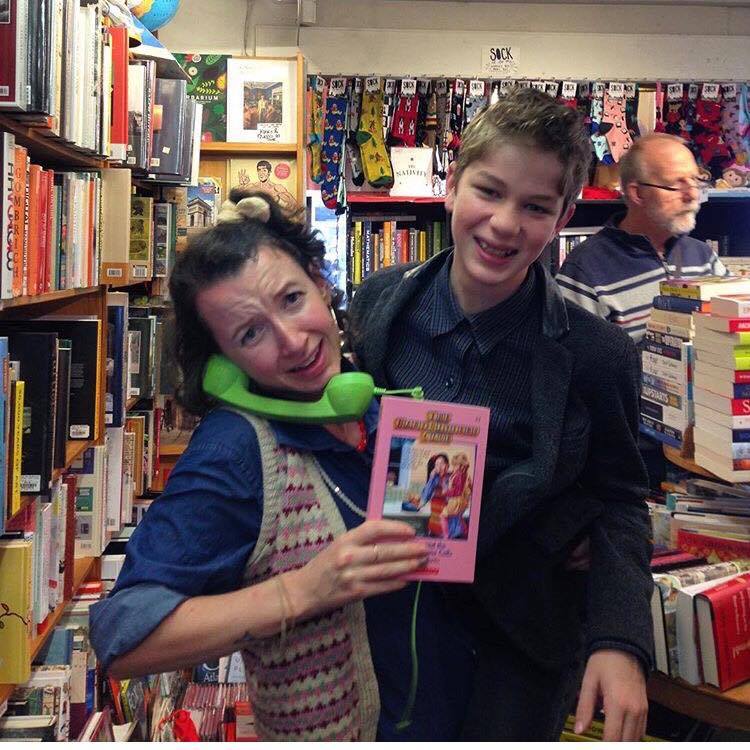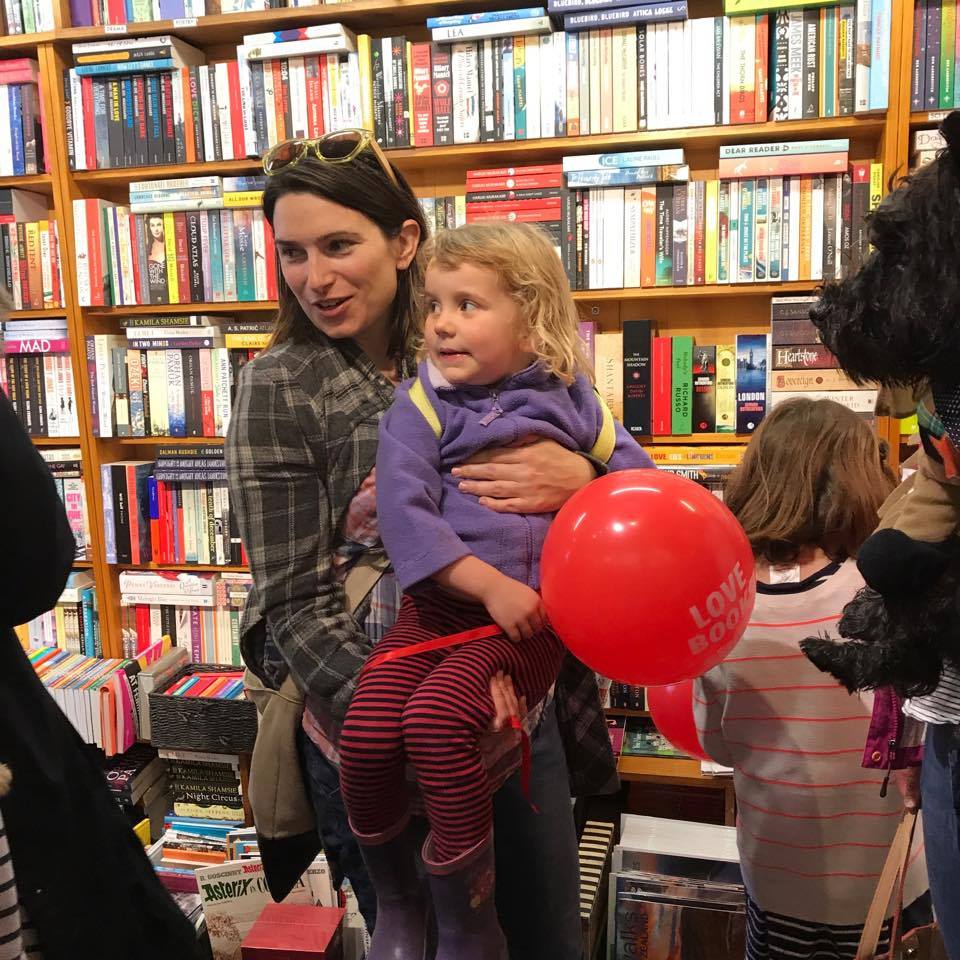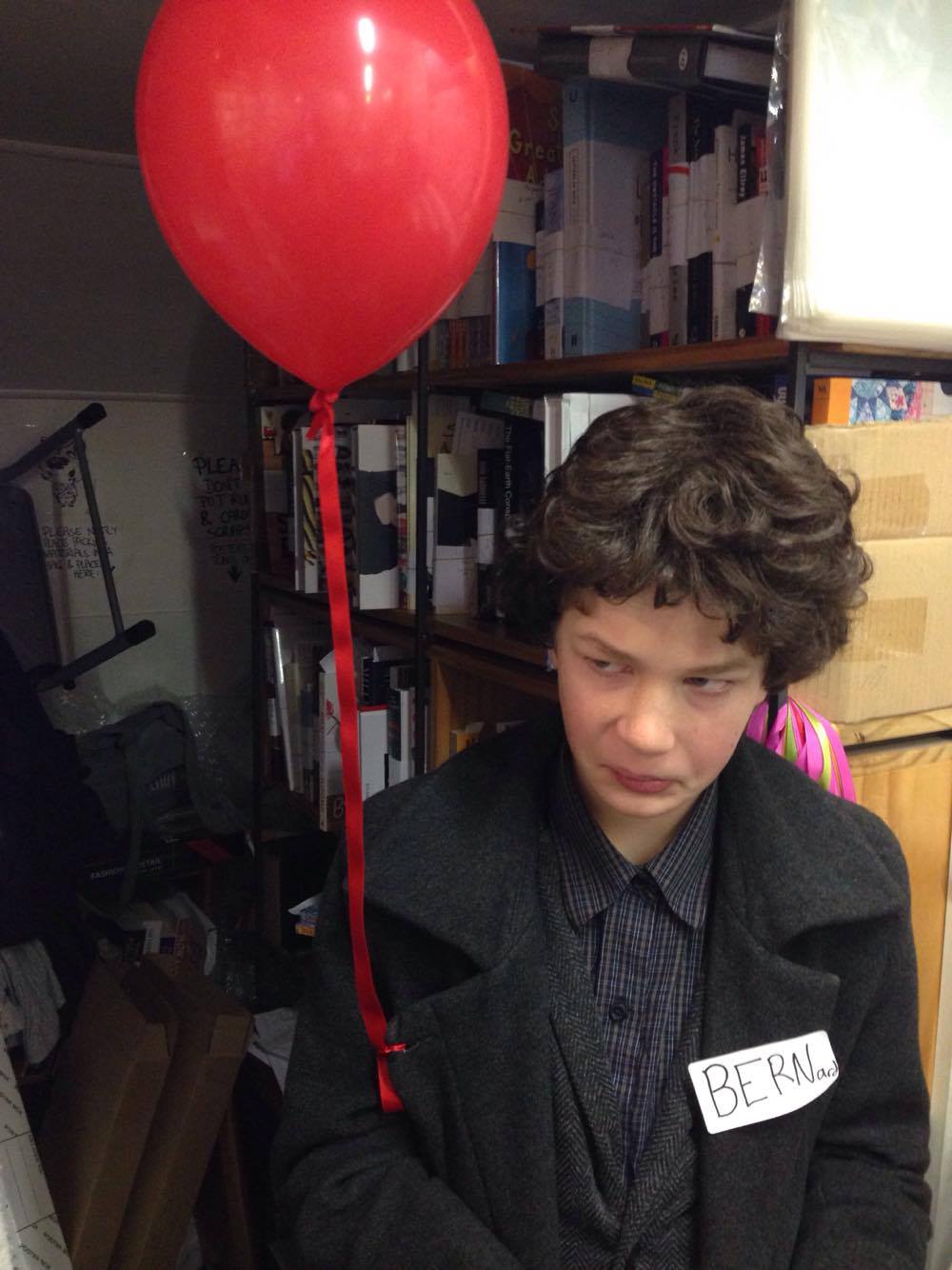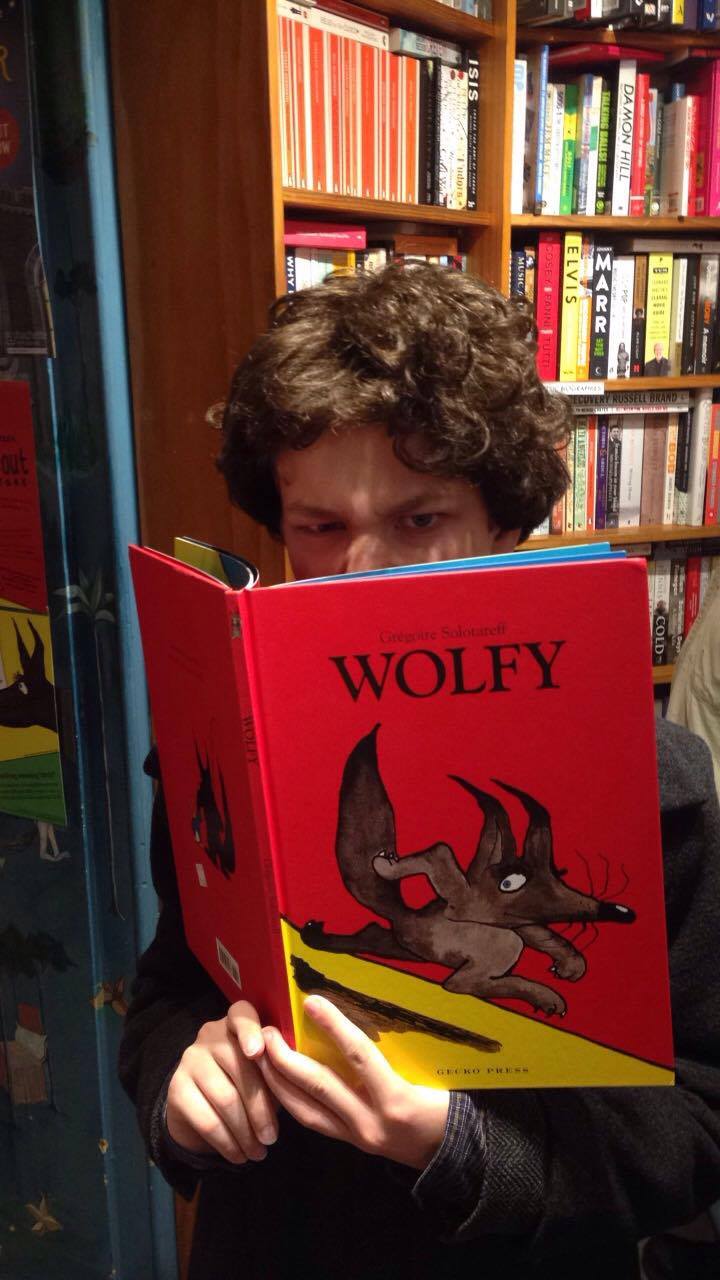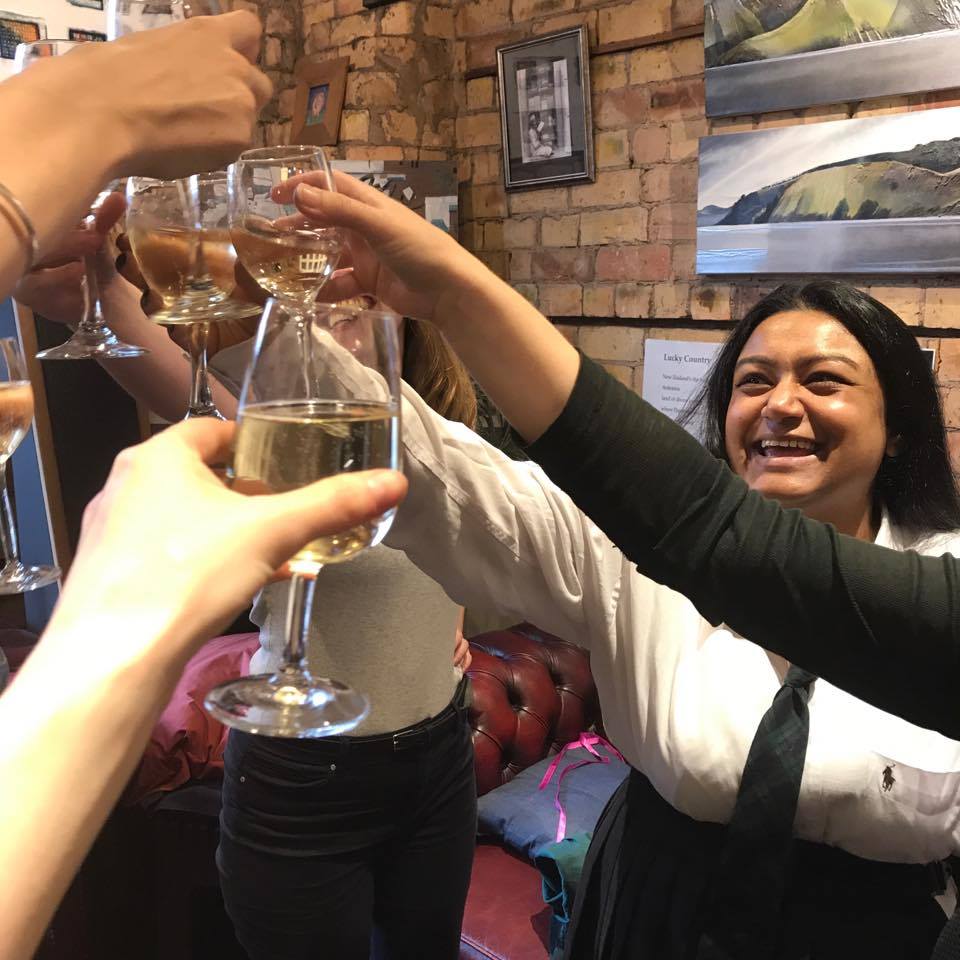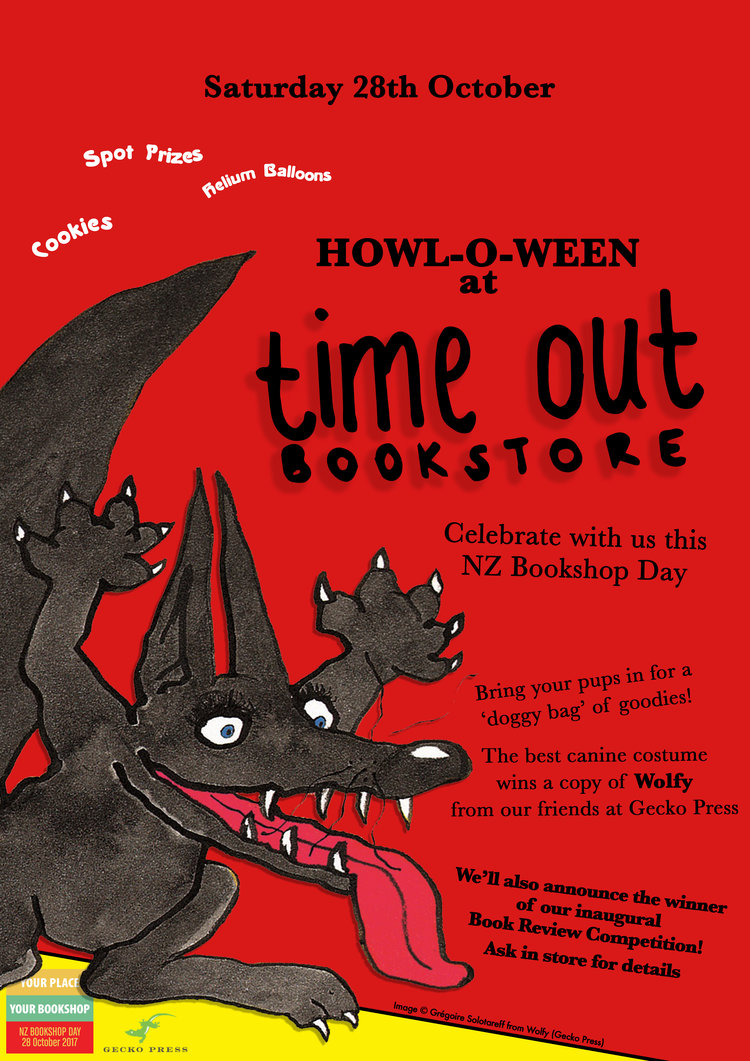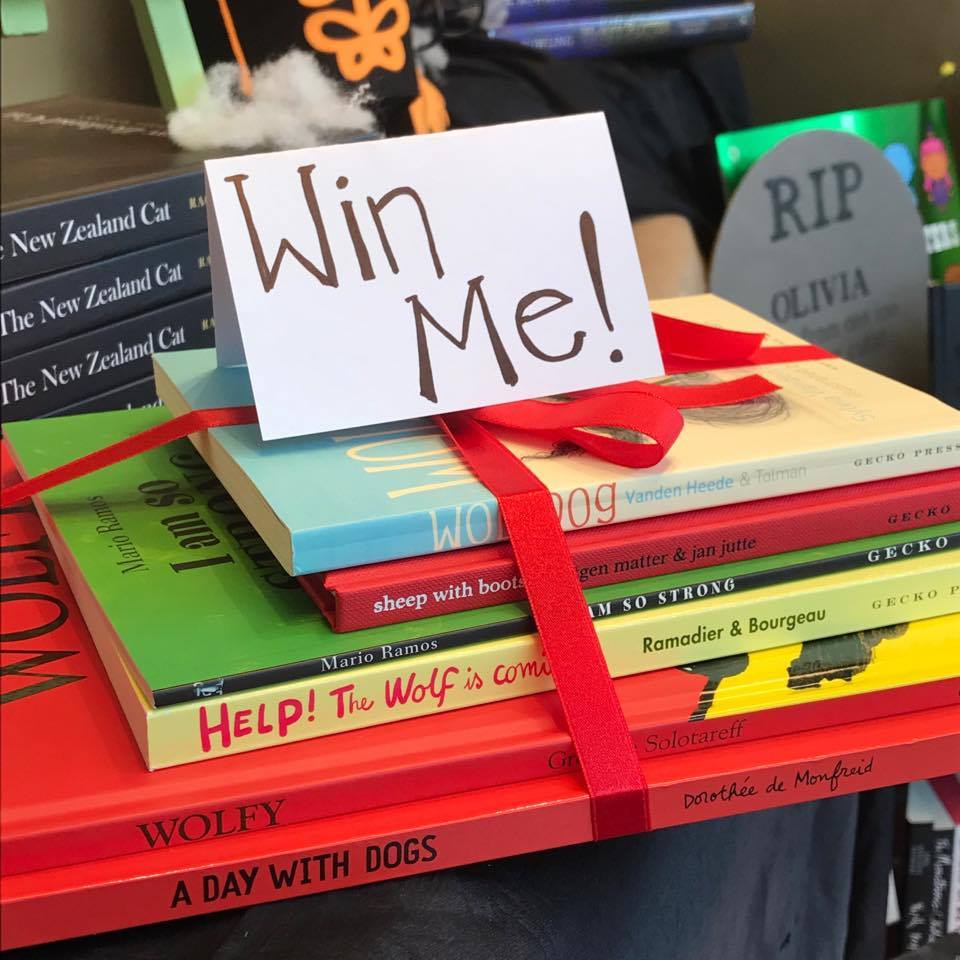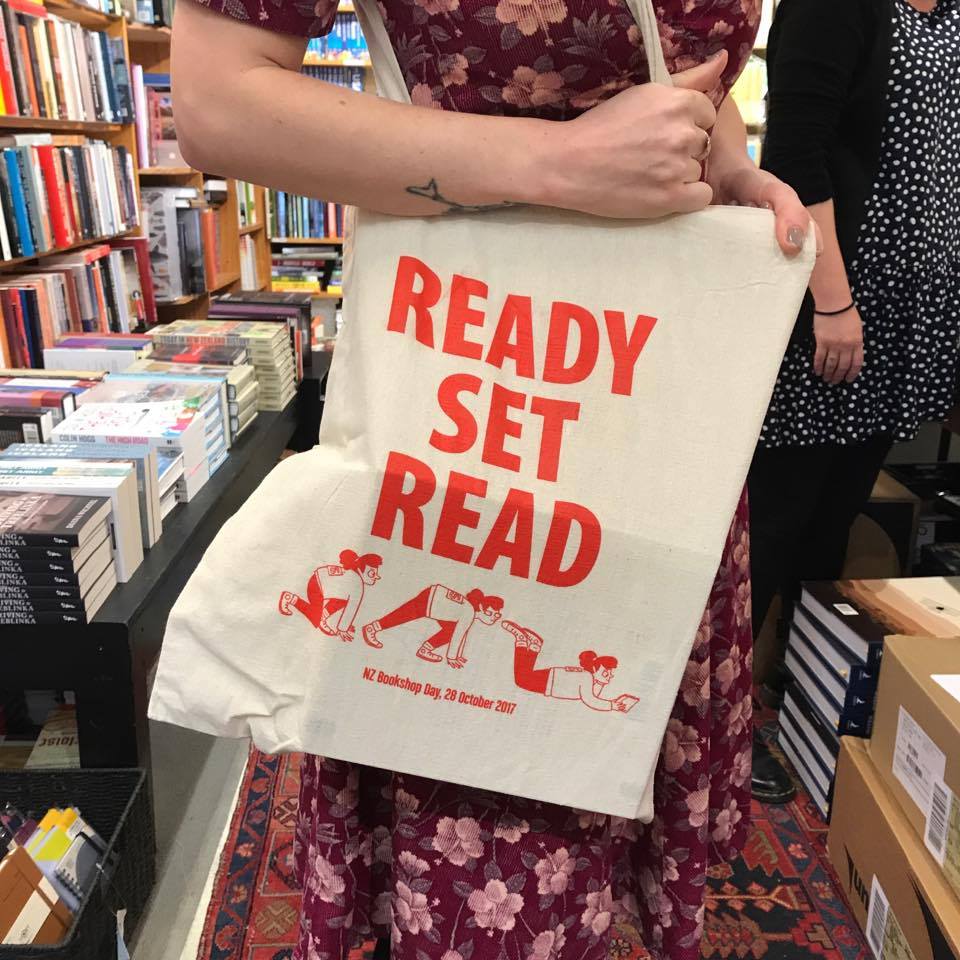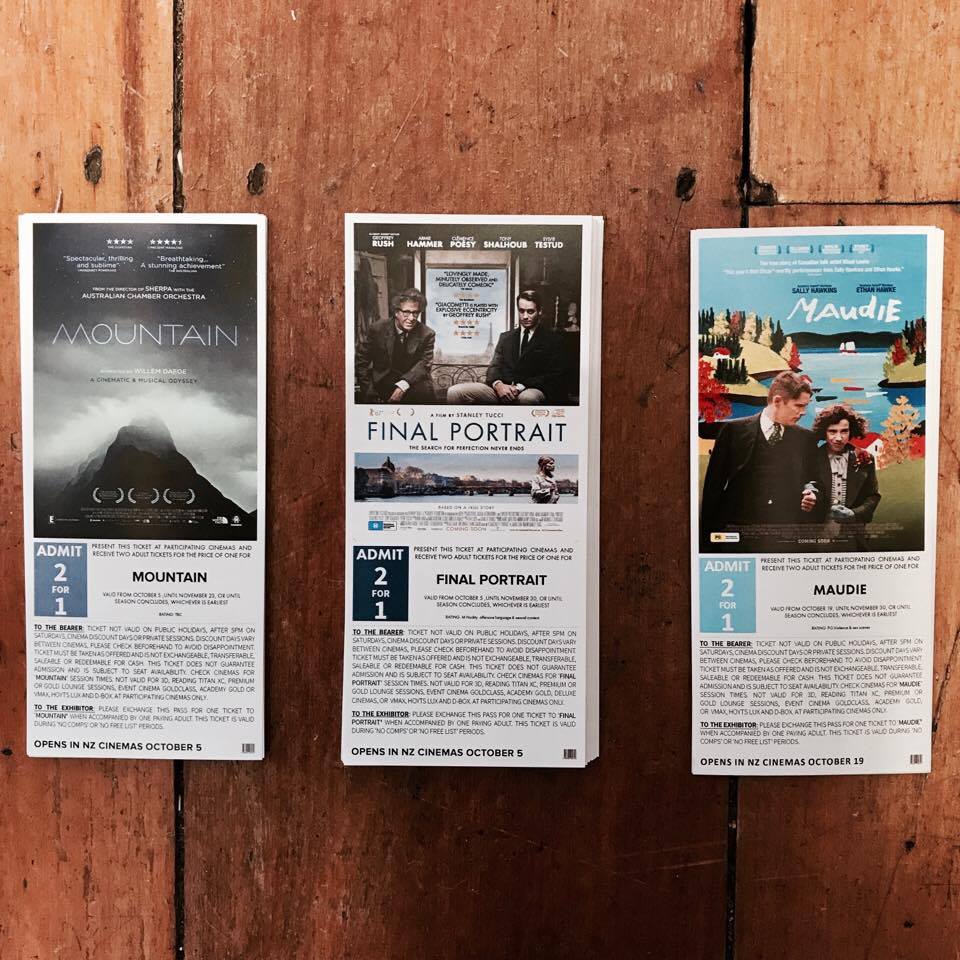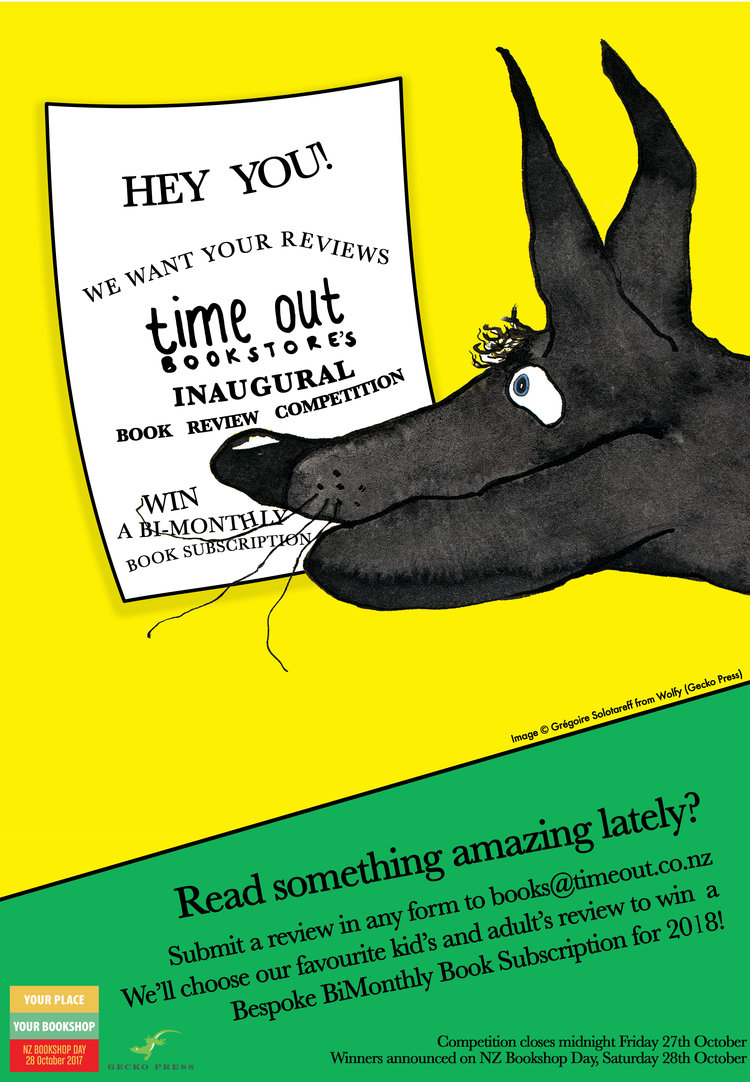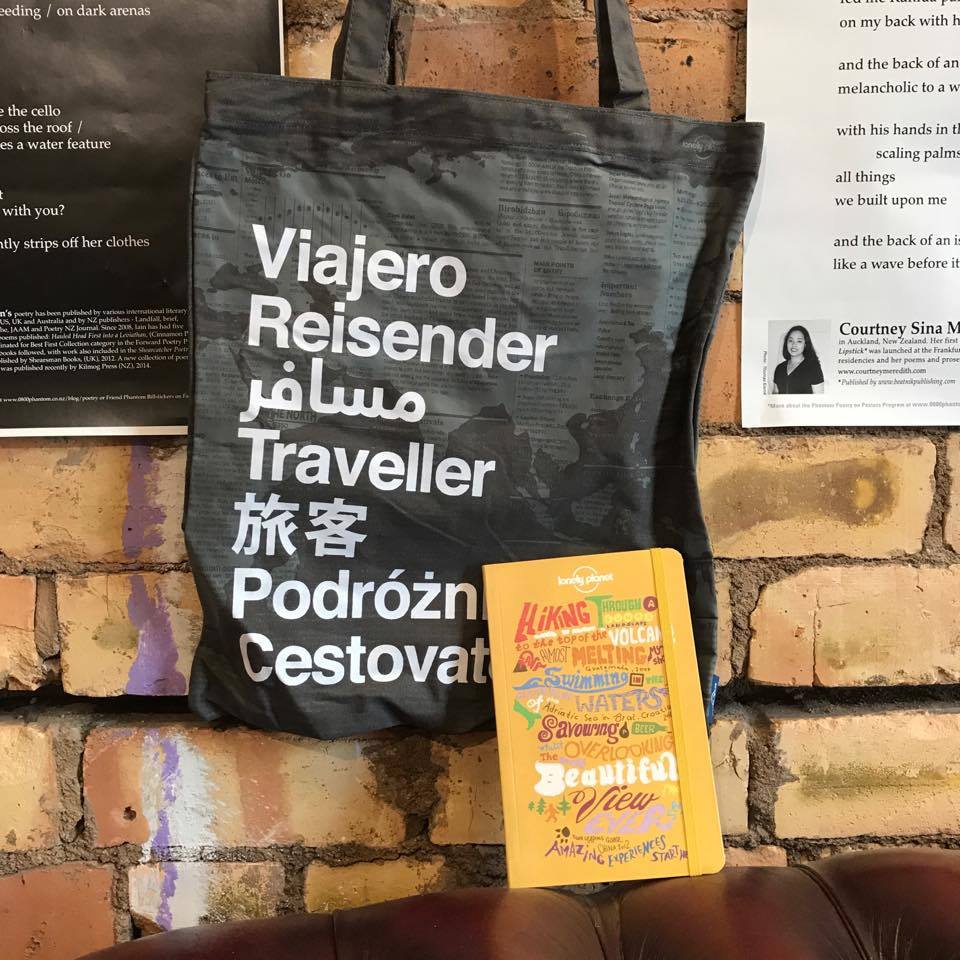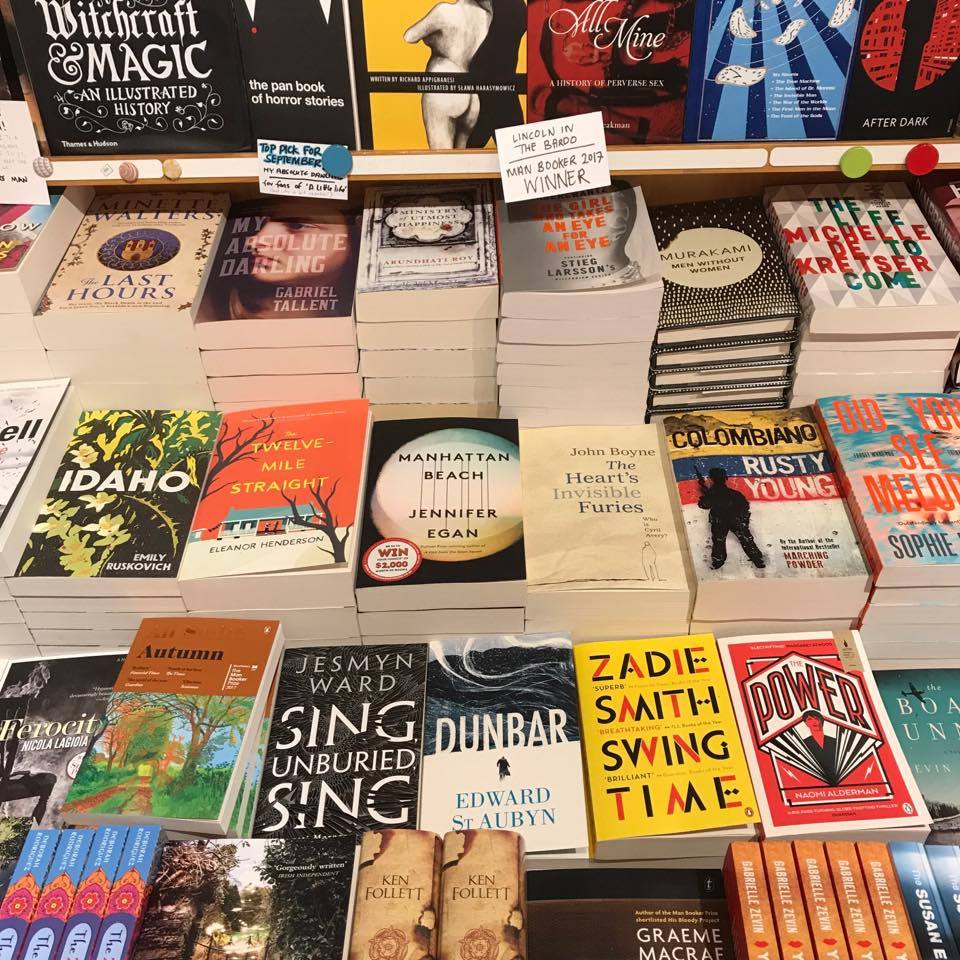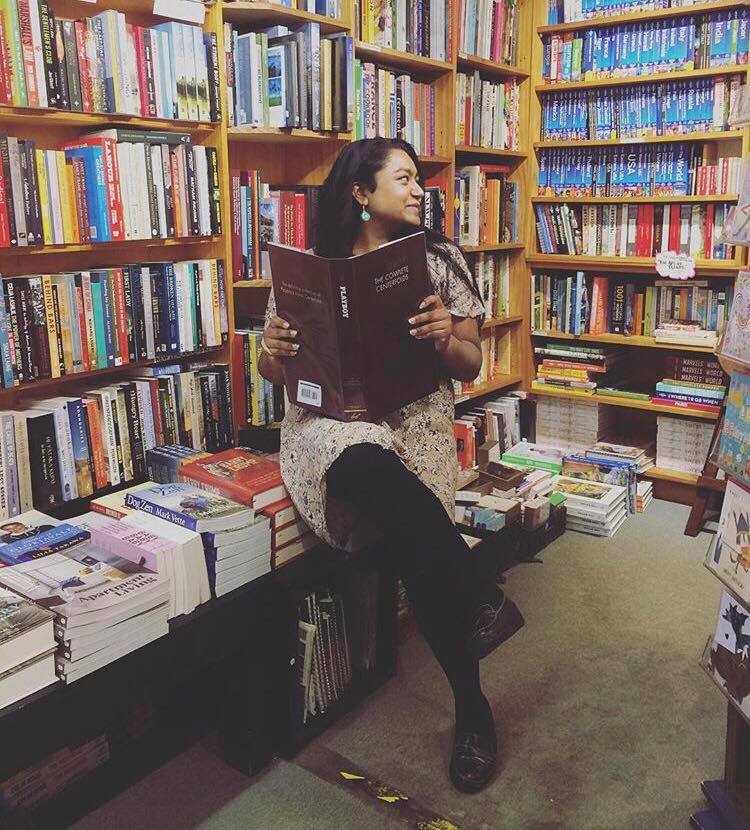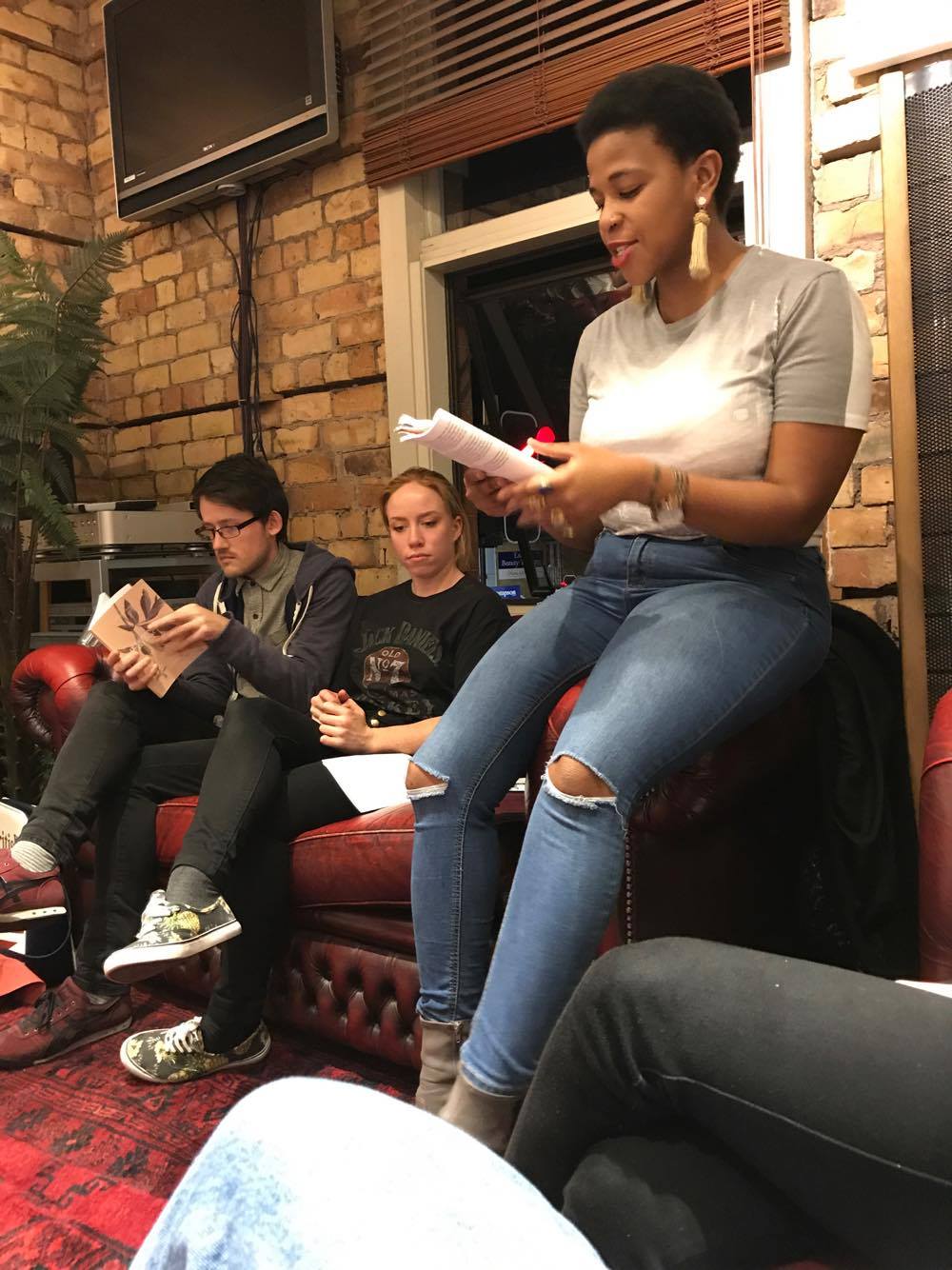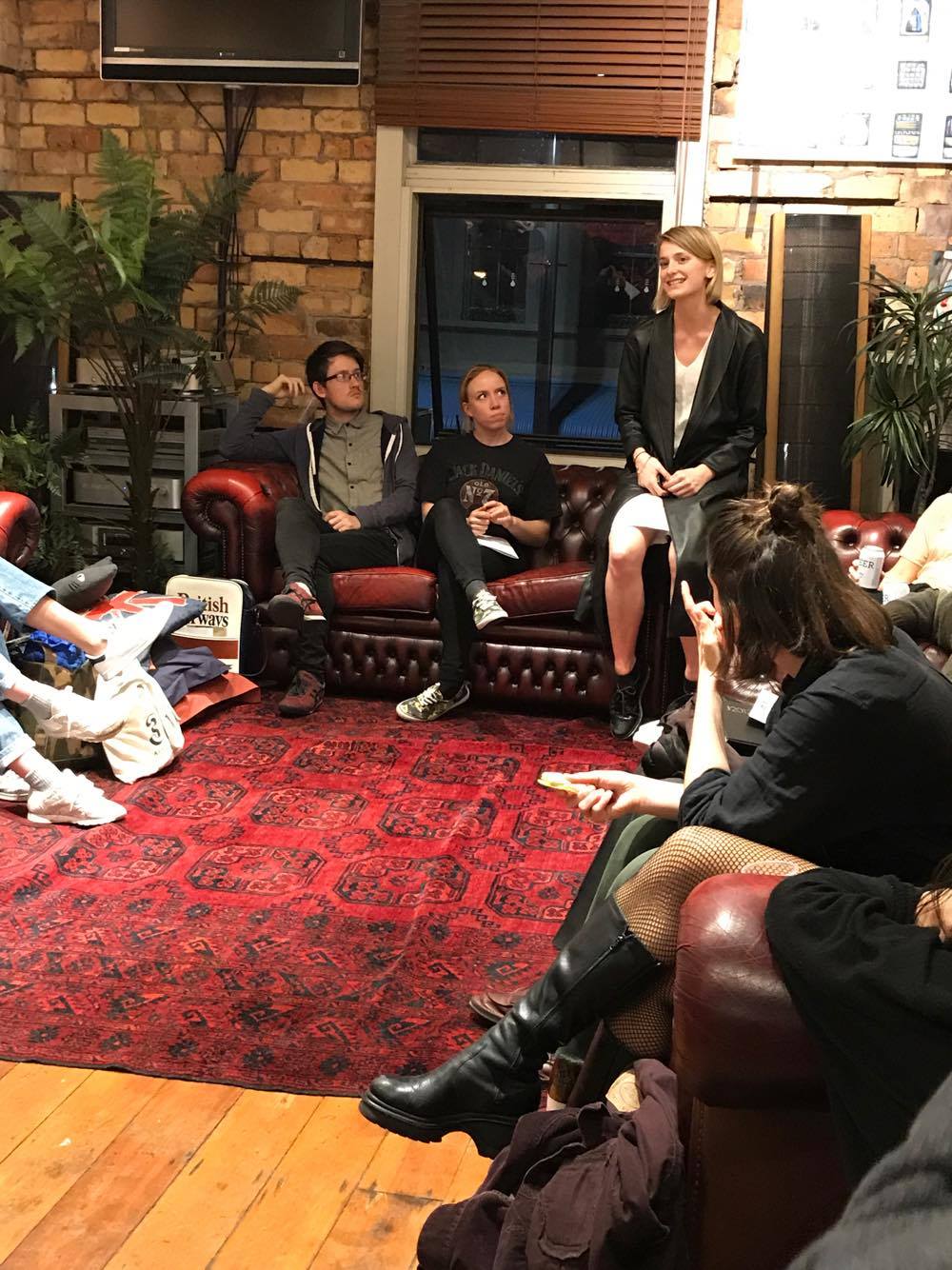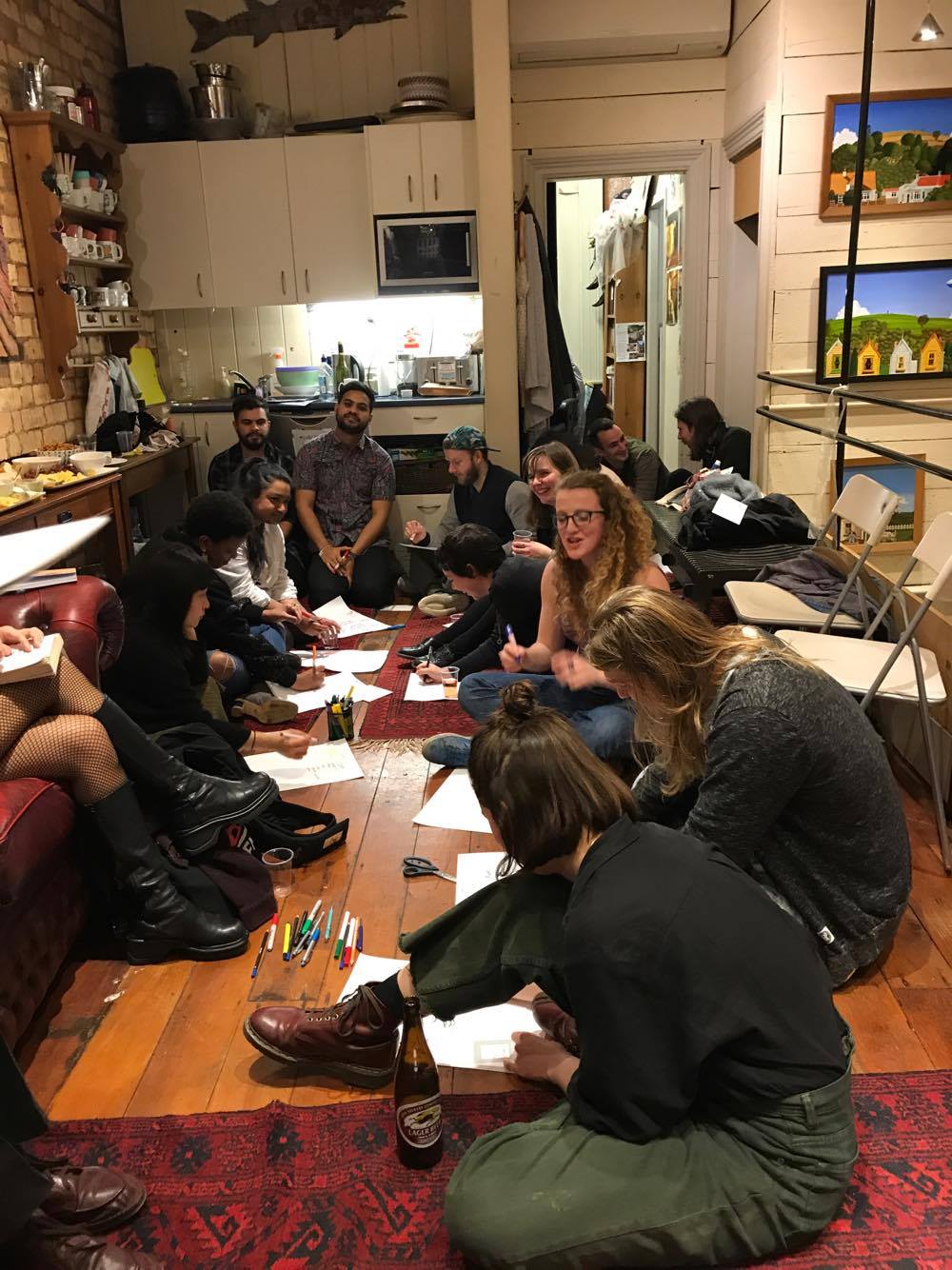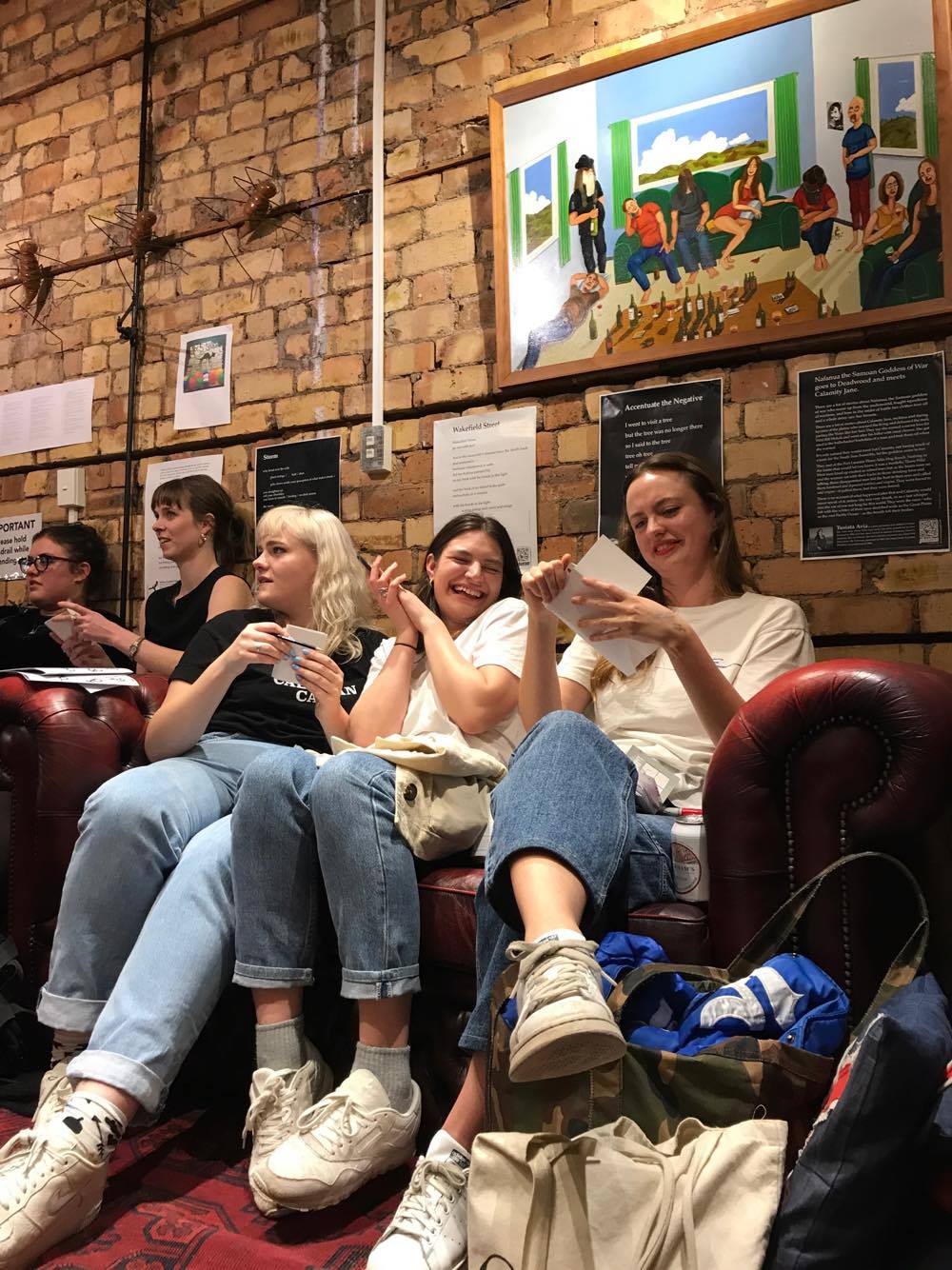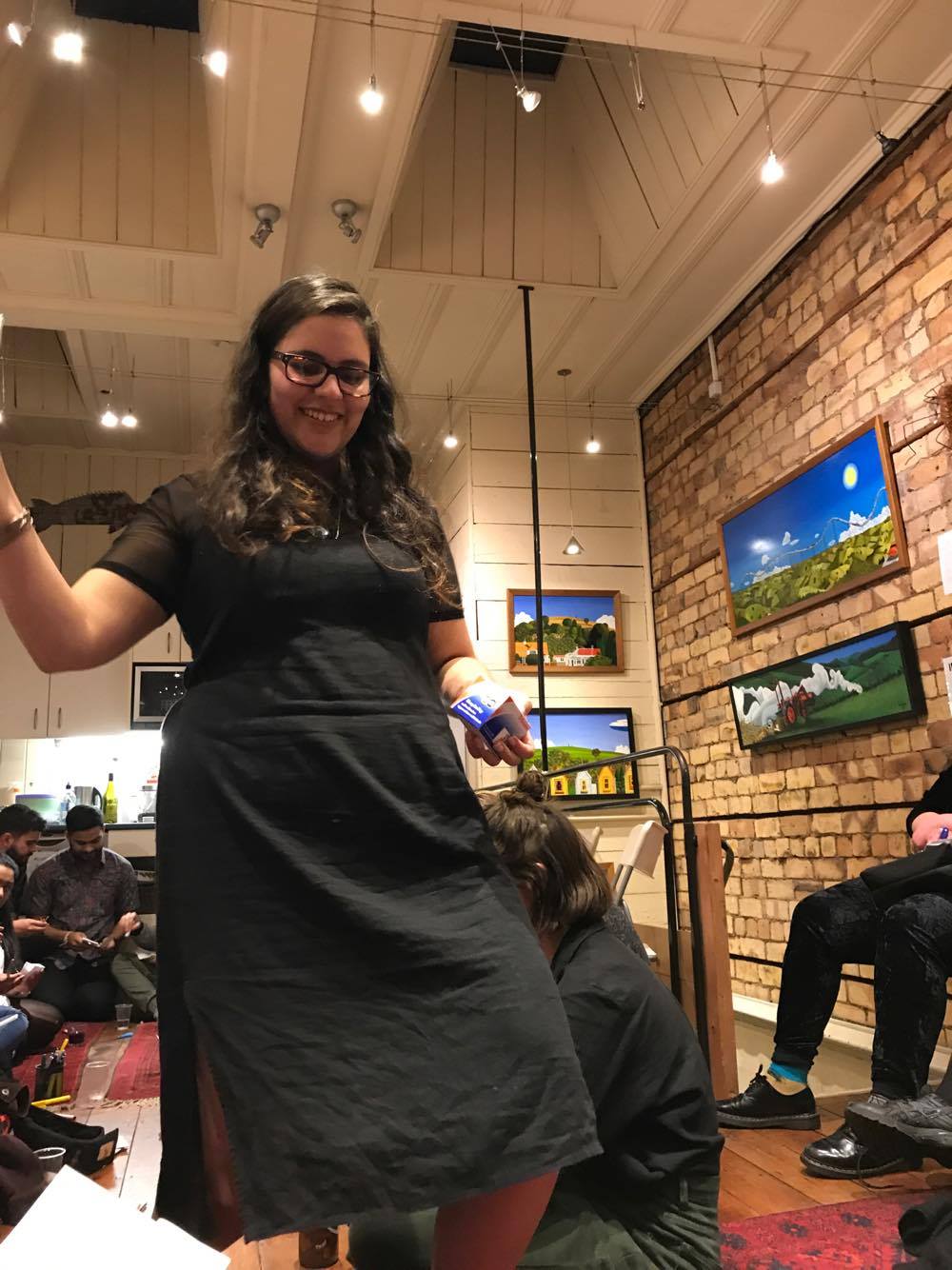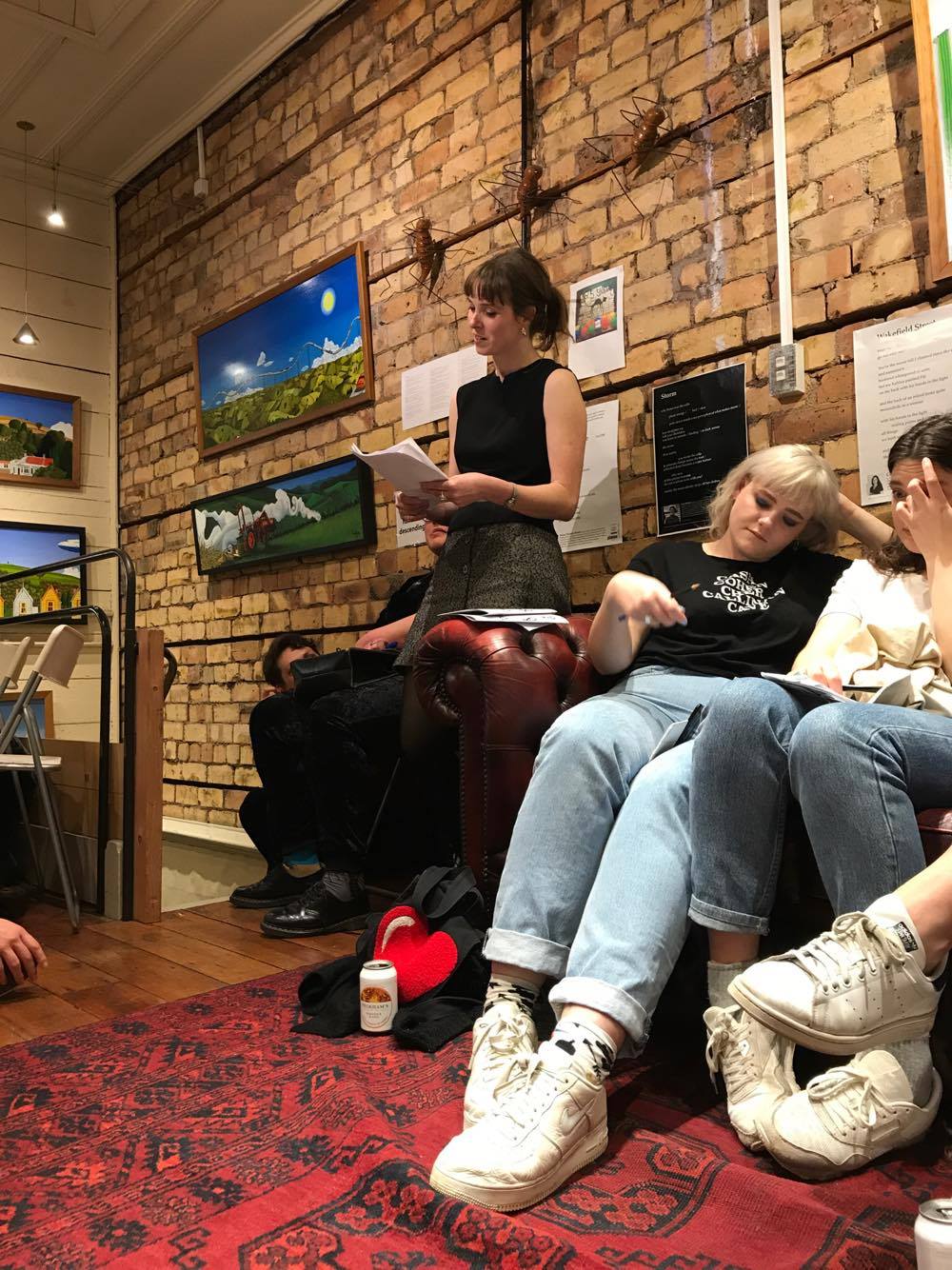Suri: So Janna, what is it like to be a young poet in New Zealand?
Janna: It’s strange because I don’t really think of myself as a poet. It’s like when you give a name to something, it suddenly becomes real. It’s just been this thing I’ve done in my spare time, like reading and writing. I think I have talked about this with friends; you feel a sense of being an impostor to call yourself a poet or a writer.
More and more, I’m thinking of it as a way of being, like an attitude- that to be a poet is to look at the world in a certain way. There was an interview that I was reading with Ocean Vuong looking at the meaning of the word poet and he was like “to remember is to be a poet” and it’s just the idea that the way you’re wired makes you a poet.
Jenn: How would you define being a poet?
Janna: It would definitely be an attitude and a way of seeing the world because I’ve really been thinking about the idea of wonder at the world and just what happens when you switch a perspective to start looking at and noticing certain details and certain things. It’s actually shifted my whole attitude towards life. I’m finding joy or beauty in really mundane things that you might not notice because you’re in your daily grind.
Suri: You have these really beautiful moments in your poetry and some of it feels like really interesting universal ideas or feelings but making them quite specific and intimate, like in all of those little descriptions. They’re just so good.
Janna: I’ve definitely been inspired by different writers, just learning how to pull that all together.
Suri: Who are some of your inspirations?
Janna: This came a bit later, but one of the most important ones to me is Michael Ondaatje. He writes poetry and prose as well, but I started out with his prose and he’s such a poetic prose writer but such a prosaic poet; it’s almost genre-less for him. The way he writes, he builds characters from memory and certain moments, like the way they’ll move or certain aspects of the character related to a piece of clothing and he’ll take that thing and take you all through their history and it comes full-circle through this collection of details. Someone’s called him a memory artist, which I really love.
Recently I went to the Writers Festival to see Durga Chew-Bose and she described herself, and I really resonate with this, as a writer of periphery, so she doesn’t care about plot and neither do I. If you’ve got a book and it’s got explorations of character- that’s my favourite kind. I struggle to follow plot and find the logical consistencies, I just don’t really care about it. She said that it’s less about the plot- if you’ve got someone putting on make-up on public transport, that is the plot.
Jenn: What excites you about the current poetry landscape?
Janna: I think the fact that it’s becoming more and more accessible and so many new ideas are coming in. The danger I think, when you only have a certain group of people writing poetry, is that they start bouncing ideas off each other and it just becomes very insular. What’s exciting to see is almost anyone pick up poetry and be like ‘Hey I’m bringing my perspective to it’ and it might be something we’ve never seen before. Like I would also get inspiration from a different point of view and it’s just a learning experience from a whole lot of different people.
Jenn: Do you think people are becoming more open-minded to poetry, because there is this stigma around it being elitist or pretentious, do you feel like that’s changed?
Janna: I think there definitely is, especially around slam poetry. People I would never have talked to about my poetry, or page poetry (the kind of thing you’d study at an English Literature class and people are like, ‘I don’t get it’) they’re going along to slam poetry events and they’re like ‘Oh this is actually resonating with me in a language I understand’. That’s exciting to see and I hope it boosts support for the arts.
Suri: There are a lot of young New Zealand poets who are writing really exciting poetry, and I wonder if that change in the landscape has made it more accessible?
Janna: Yeah, you’re starting to see it a lot more in general media rather than just the people you know who’d interact with it.
Jenn: It’s become ageless now; like it’s transcending. It’s cool to see that change.
Suri: I guess there’s more of an irreverence and playfulness in the way poetry is told too.
Suri: Are there any contemporary poets whose work you’ve been enjoying recently?
Janna: I’ve just been reading ‘Bright Dead Things’ by Ada Limon and that was amazing. The way she writes poetry is, I feel, very different from mine and I really admire the way she does it. It seems very descriptive and kind of casual, but by the end, she takes this starting image and flips it on its head and there’s a moment of clarity when the whole preceding part of the poem is shown in a different light. I think I write quite obscurely- I just move from image to image, whereas for her, it’s just so tightly bound up that you don’t feel it until the end, the amount of talent she has.
Suri: Do you find there’s things you can draw from people like that whose poetry is quite different from your own? Do you think it impacts the way you write your own poetry?
Janna: Definitely. Like I’ll try and see how I can bring it into my own and put my own take on it. Also just as a technique, as a way to push myself to write in a different way.
Suri: I remember a while ago, in reference to a poetry book that had become very popular, we had a big discussion around instagram poets and what makes poetry and what isn’t poetry. How would you define poetry?
Janna: I guess, in relation to the instagram poets, they feel a bit more like thoughts to me- thoughts you dash off quickly. That’s not to discount it for what value it does have.
For me, when I write poetry, it requires a lot more design. You write down your thoughts but you go back and you think about the line and the rhythm, and the way that you break the line and what that does to the meaning- how you convey what you want to express, rather than just dashing it down on a piece of paper. At the same time, it feels a bit arbitrary to say that you have to spend work and time on it in order for it to become poetry. It’s a little bit dangerous to put one definition on it.
Suri: What drew you to poetry over other writing forms?
Janna: At first it comes across as something that’s very visceral. I’ve talked about this with friends before- like the thing that draws us to poetry: you’ve got feelings and you’ve got to put them down somewhere and there’s not necessarily a story from it or you don’t have to devise characters for a novel. When I was little, I used to love writing stories because I used to love creating characters, but I’d never get further than characters because I just don’t care about plot apparently. I’ve never really cared about plot. To come to poetry- it was an easier form at first, but then you realise how hard it is to make it good and that became like a puzzle and I just kept writing.
Suri: Was it exciting to have your work published in Starling?
Janna: Yeah it was really exciting and Starling are amazing. Frances and Louise keep in touch in the sense that if they see you published anywhere, they’ll instantly repost it on social media. They’re really supporting the community that they’ve built, and I really appreciate that from them. I’ve recently with friends, started my own platform called Oscen and we’ve gotten young writers as well and Starling jumped on board and started promoting us too. I never even mentioned it to them so it’s amazing to see their support in the community.
Suri: It’s really cool to see young New Zealand women being the ones pushing the change in poetry.
Janna: The contrast from what we studied, which was dead white European guys, to see the landscape now is really exciting. It’s the stories that get told and published that get remembered, and we haven’t had the ability to remember in that way for so long.
Janna will be performing at Time Out's All Tomorrow's Poets on National Poetry Day. Check out the event details here.
